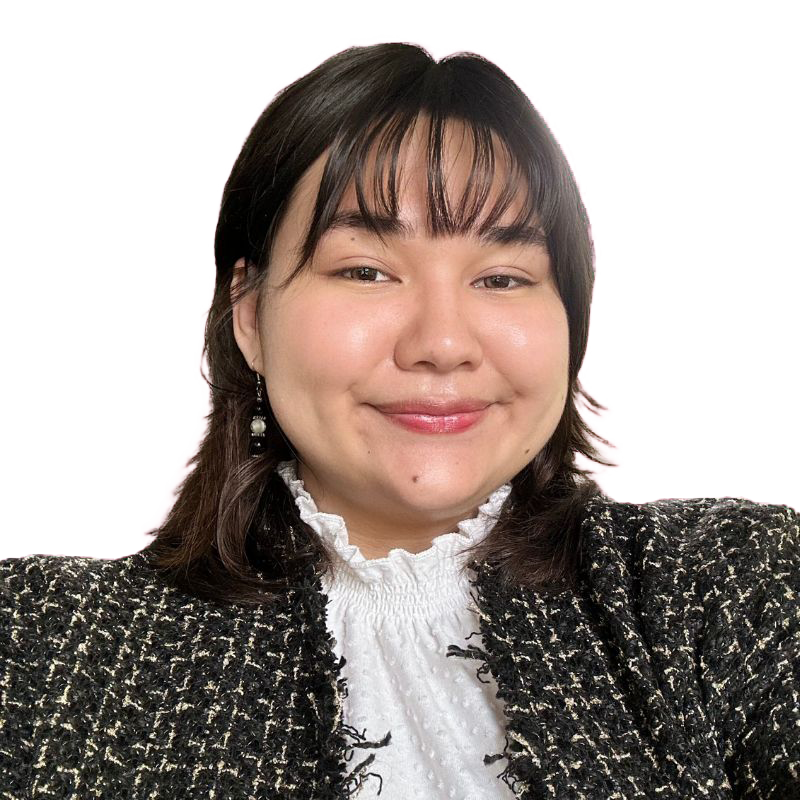Reframing the American story through the multicultural experience
An educational community storytelling podcast series featuring conversations with Japanese Americans and beyond
As Americans grapple with increasing tension and division, what can we learn from the past to connect with each other? The series features conversations with Japanese Americans and beyond, and explores identity, culture, and history in a multicultural society.
Produced by an educator and students with diverse backgrounds, the series aims to embrace and empower local communities with multicultural experiences to share their stories and reimagine the future together.
Subscribe today on Apple Podcast, Spotify, Amazon Music, and more!
Episode 13: Resettlement - Chicago Story
Guest: Jean Mishima, President, Chicago Japanese American Historical Society
Jean Mishima was one of more than 20,000 people of Japanese ancestry to resettle in Chicago after she was incarcerated by the US government during WWII. After her incarceration at the age of six, Jean spent her youth helping her mother re-establish their lives by running a dry cleaning business. Jean’s mother was a fierce survivor who left the incarceration camp early by learning to sew and getting a job. She divorced her husband and started her life as a single parent of three children. Her story inspired the short film, Resettlement: Chicago Story, which was released last year by Full Spectrum Features as part of a cinematic digital history project that teaches Japanese American history to K-12 students.
Resource Links:
Chicago Japanese American Historical Society
Full Spectrum Features Resettlement: Chicago Story
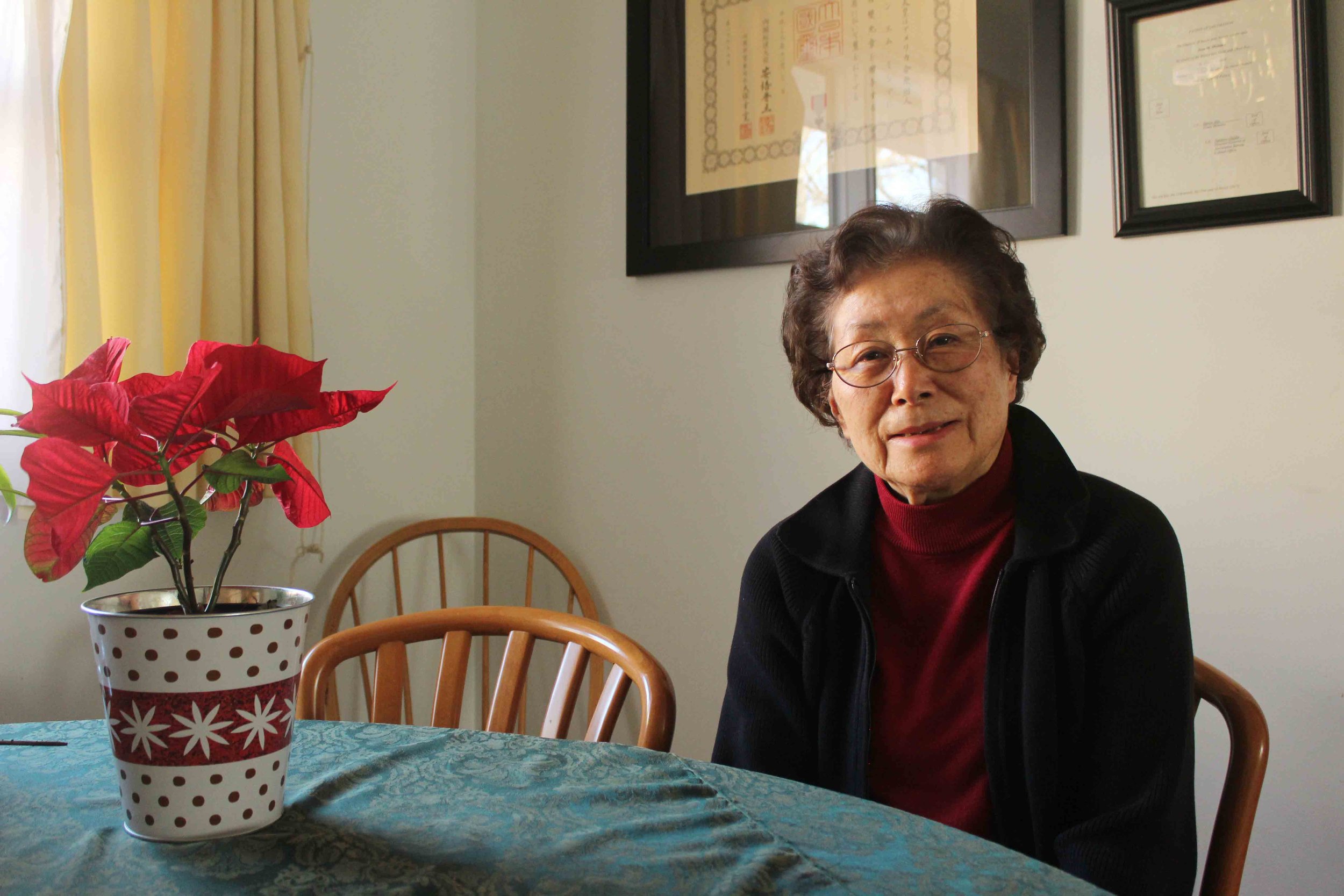
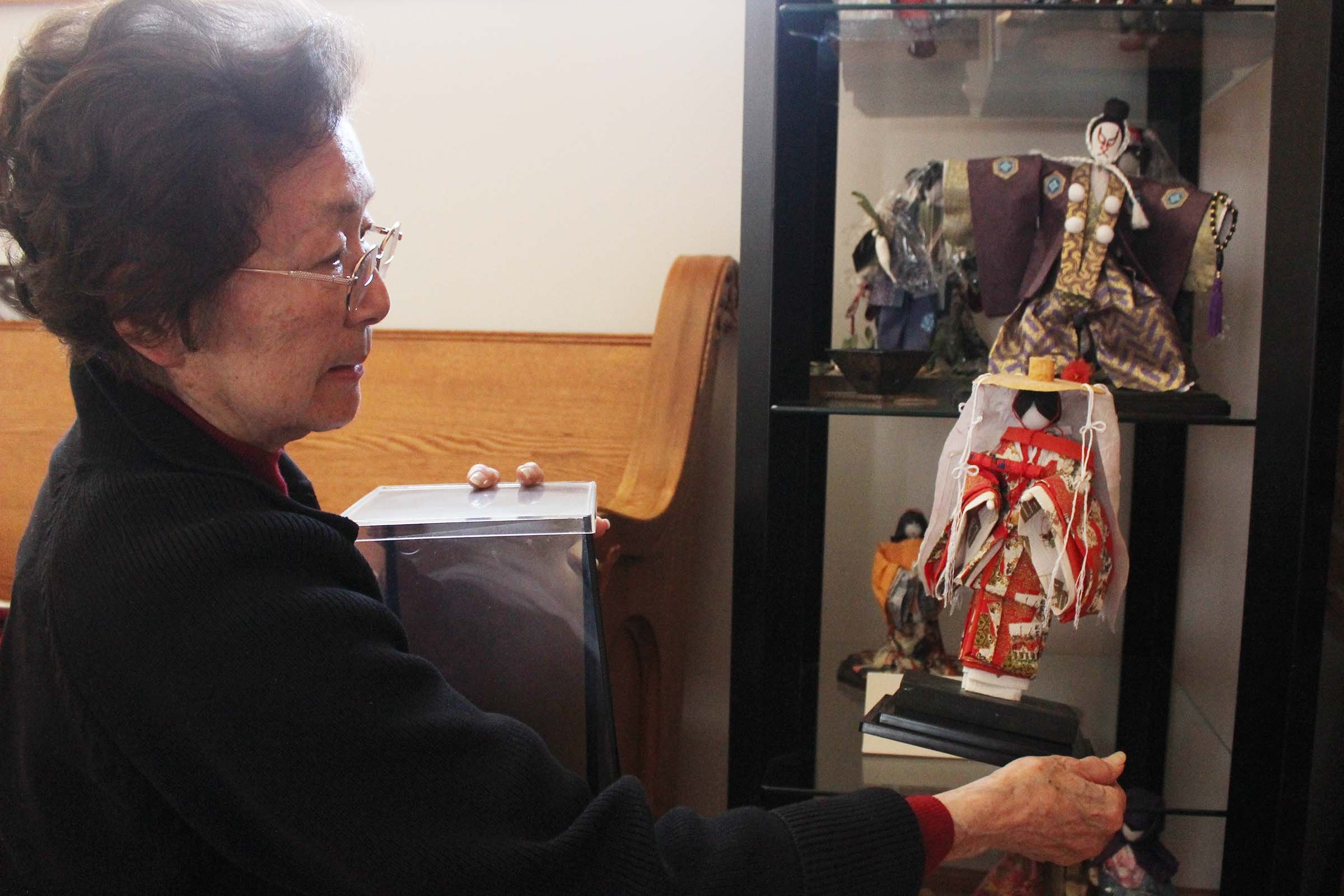
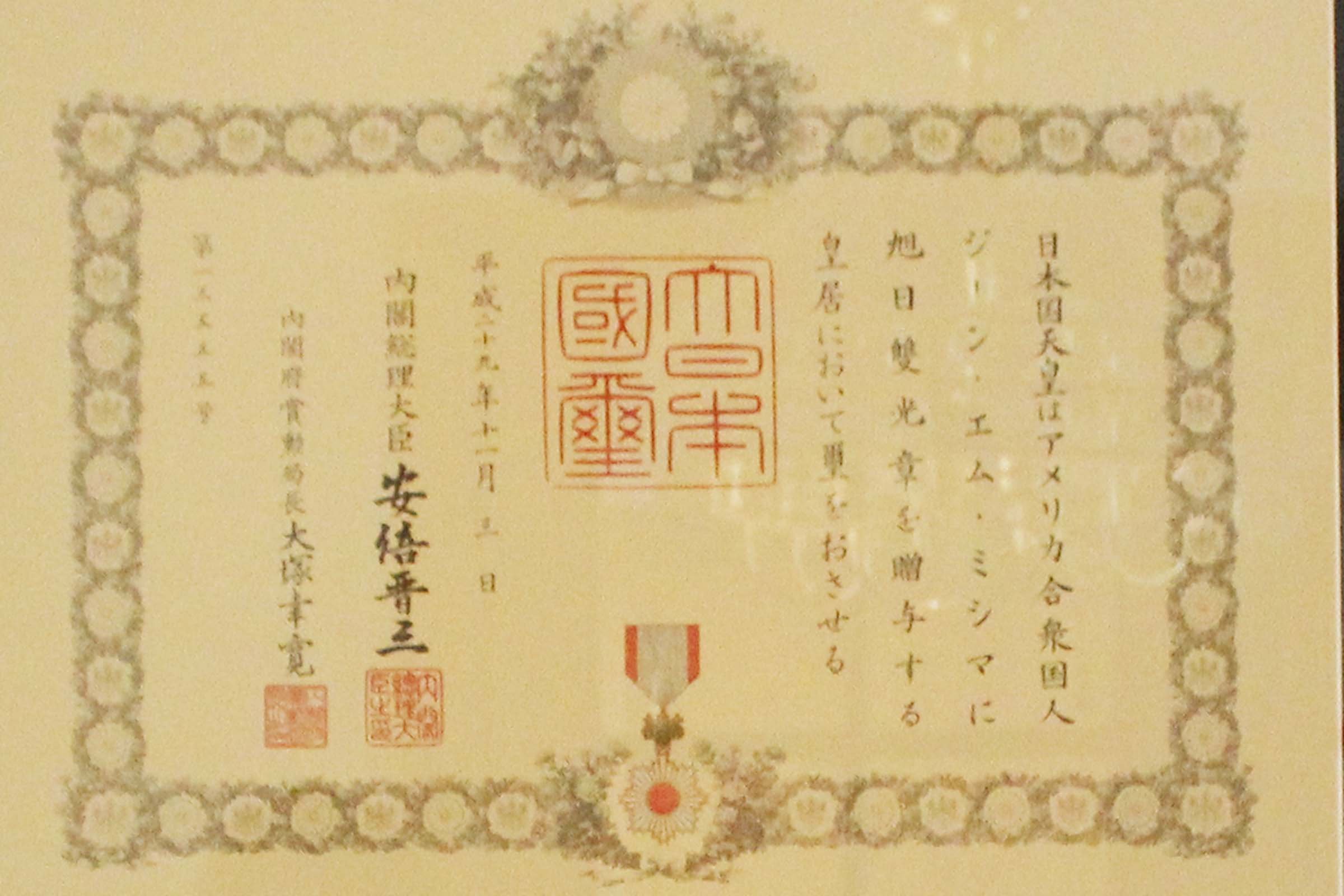
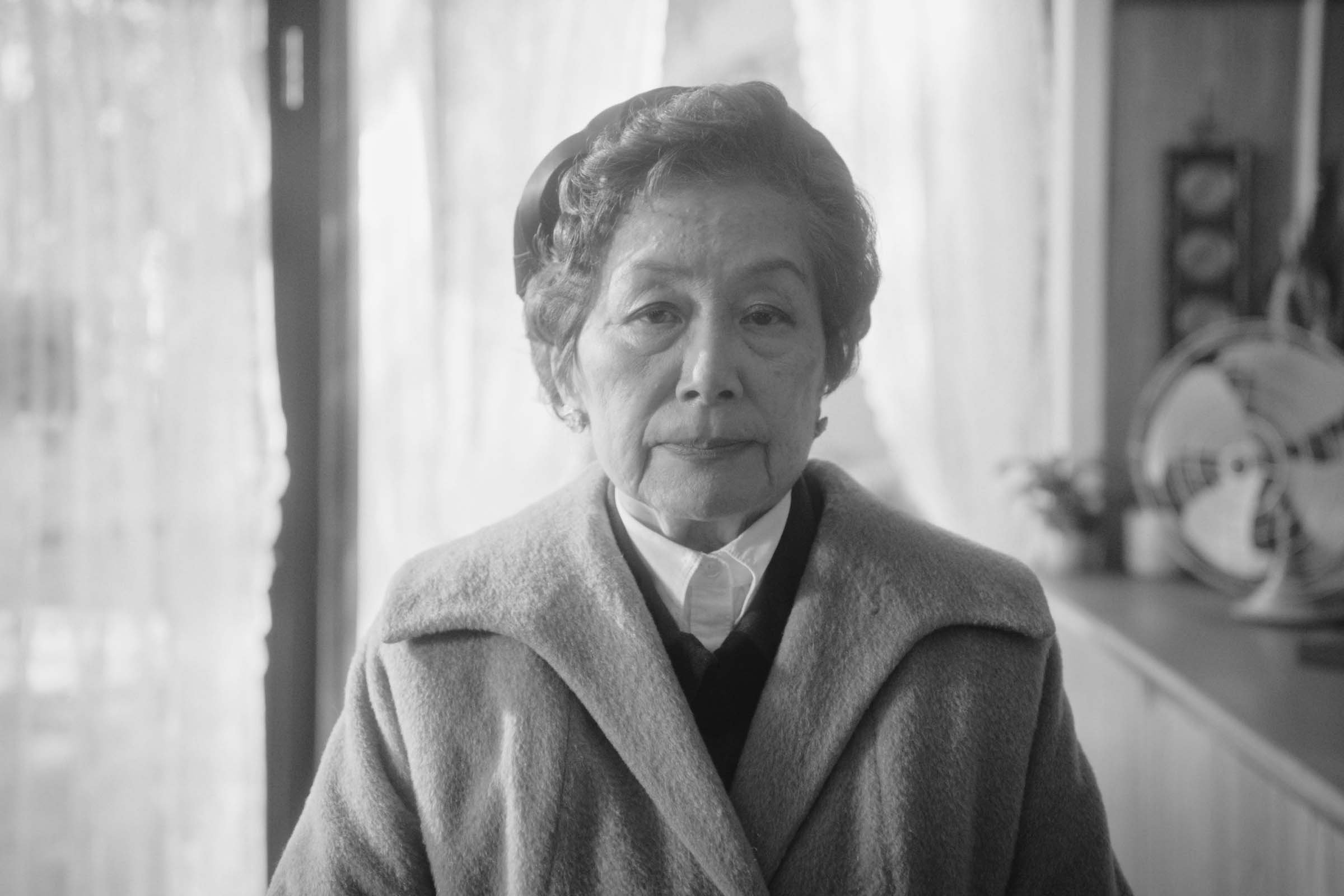
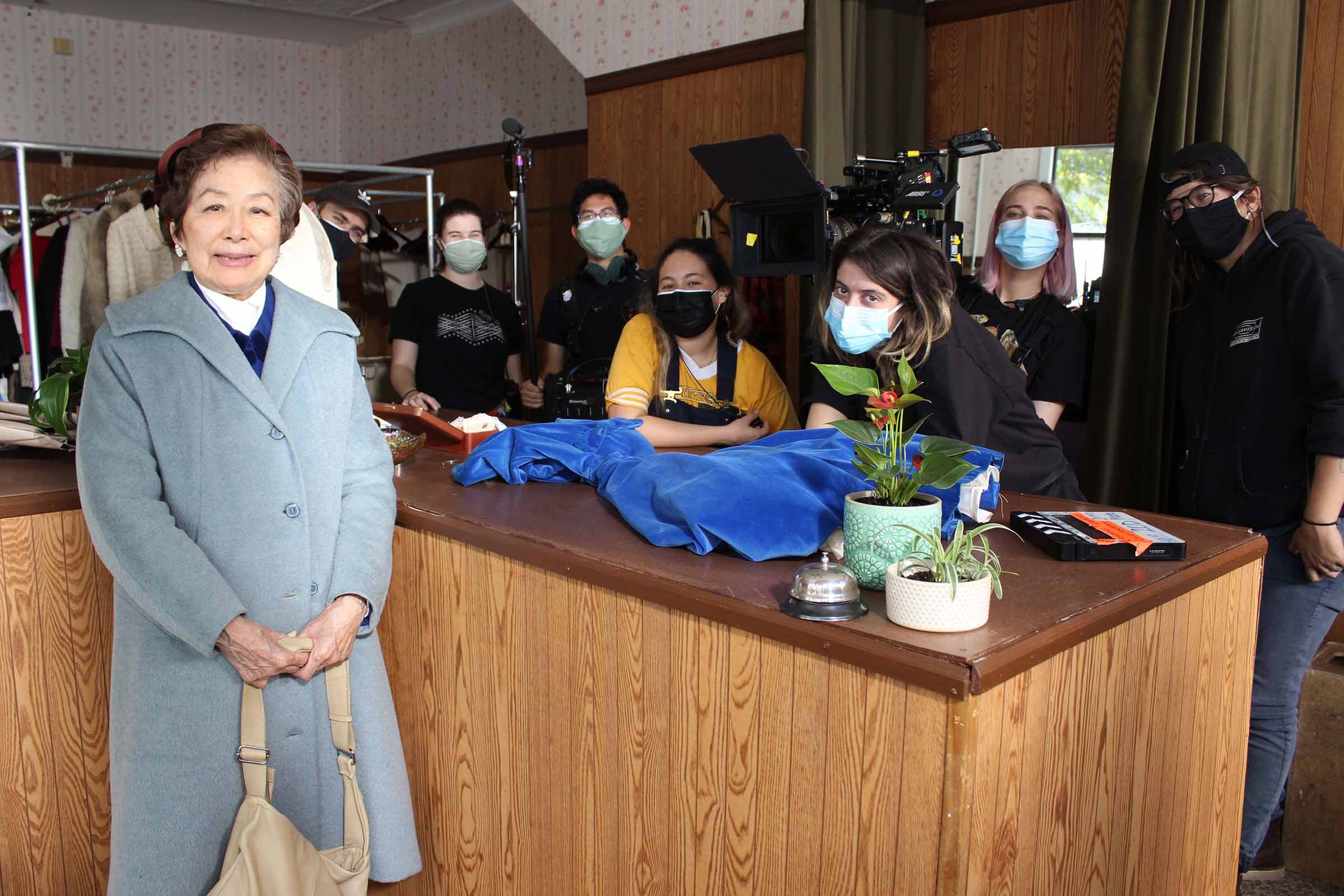
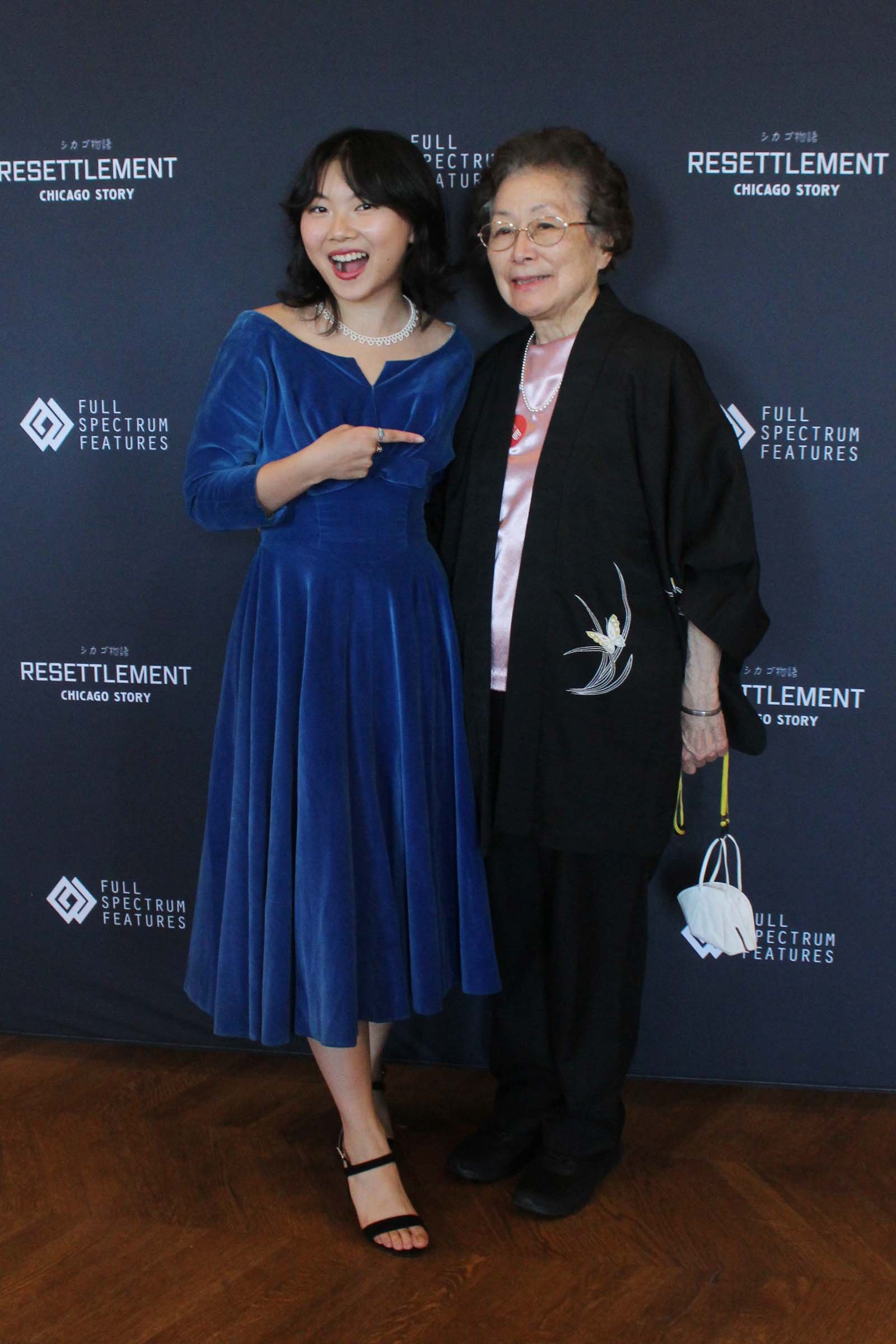
Episode 12: Becoming Okinawan
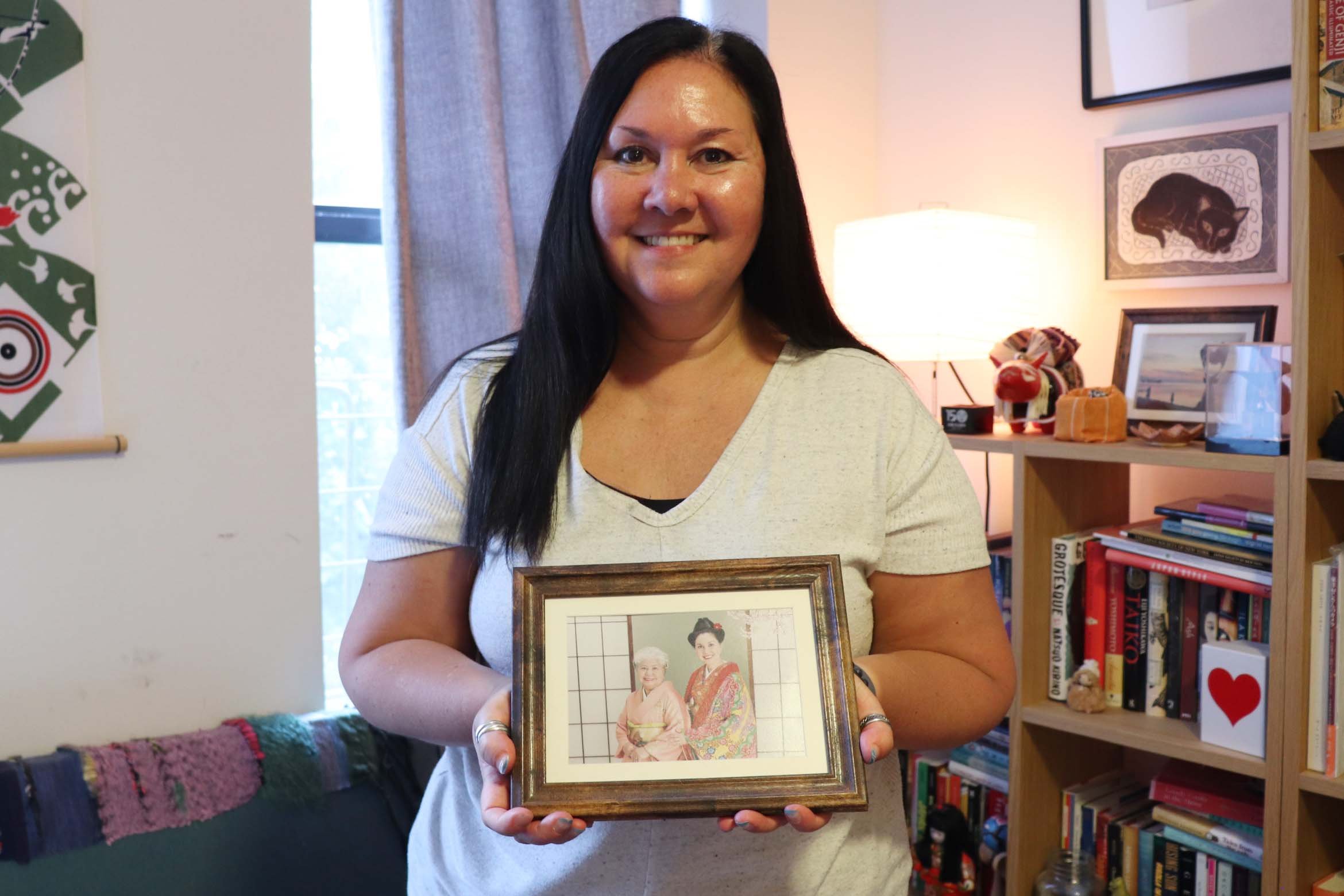
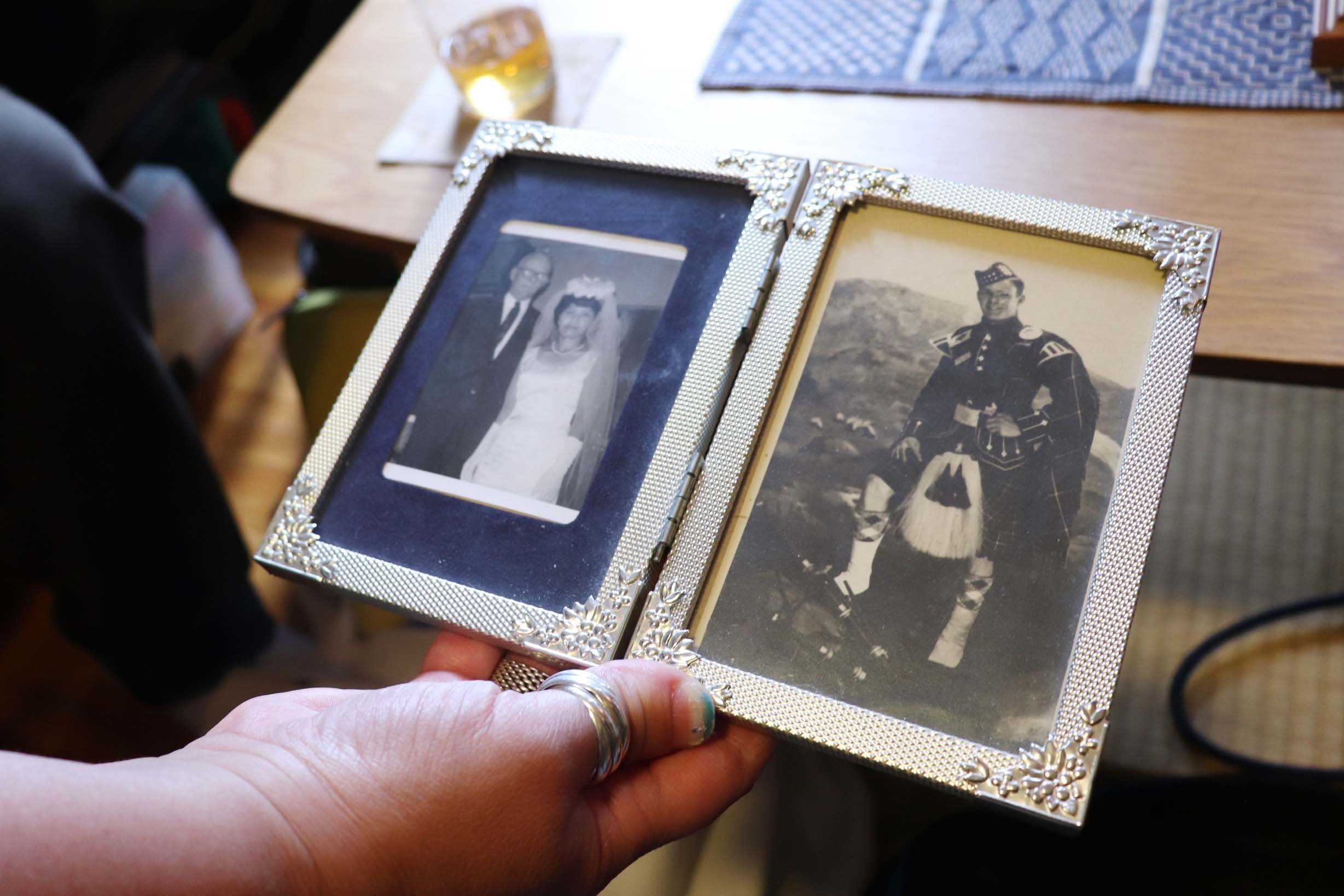
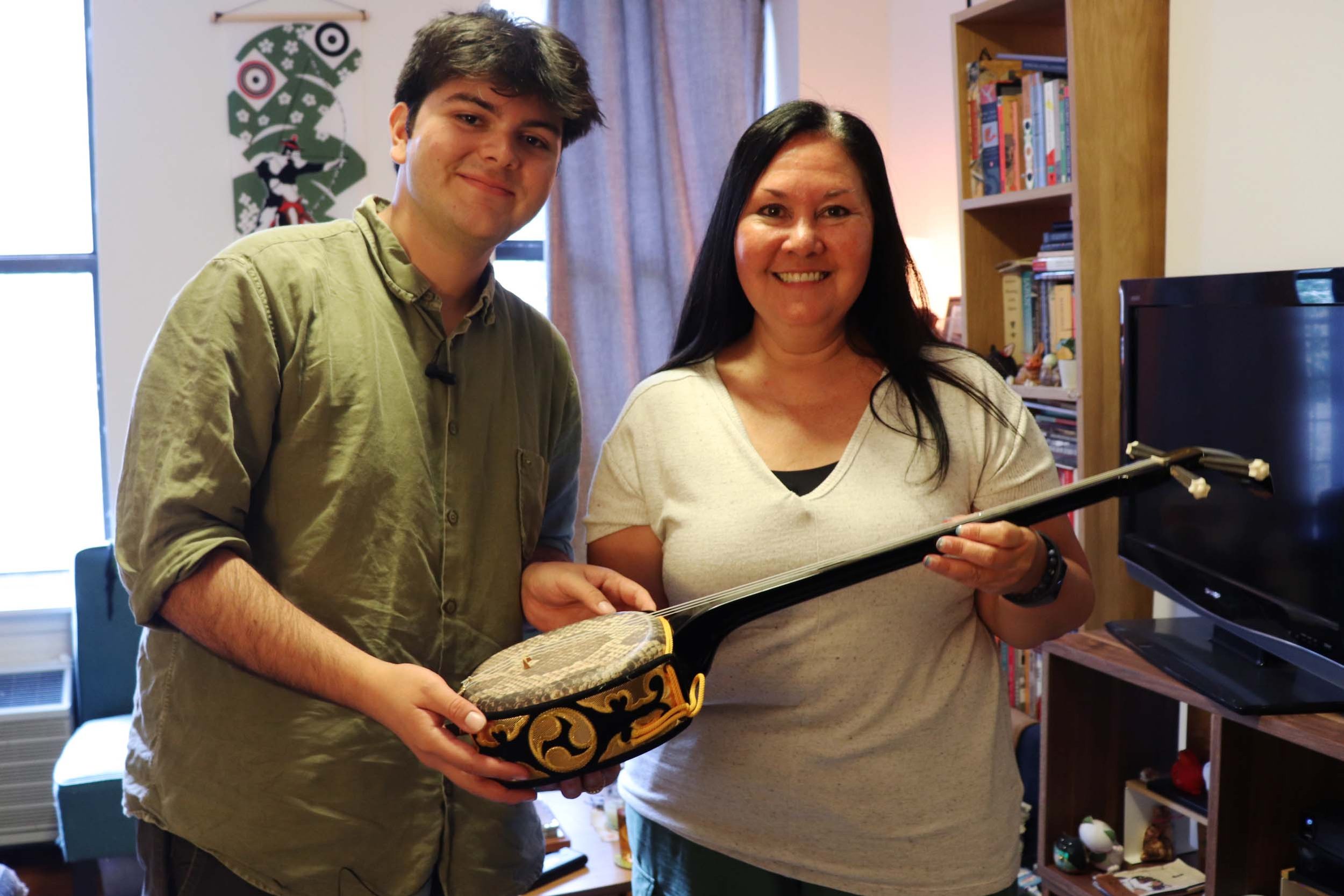
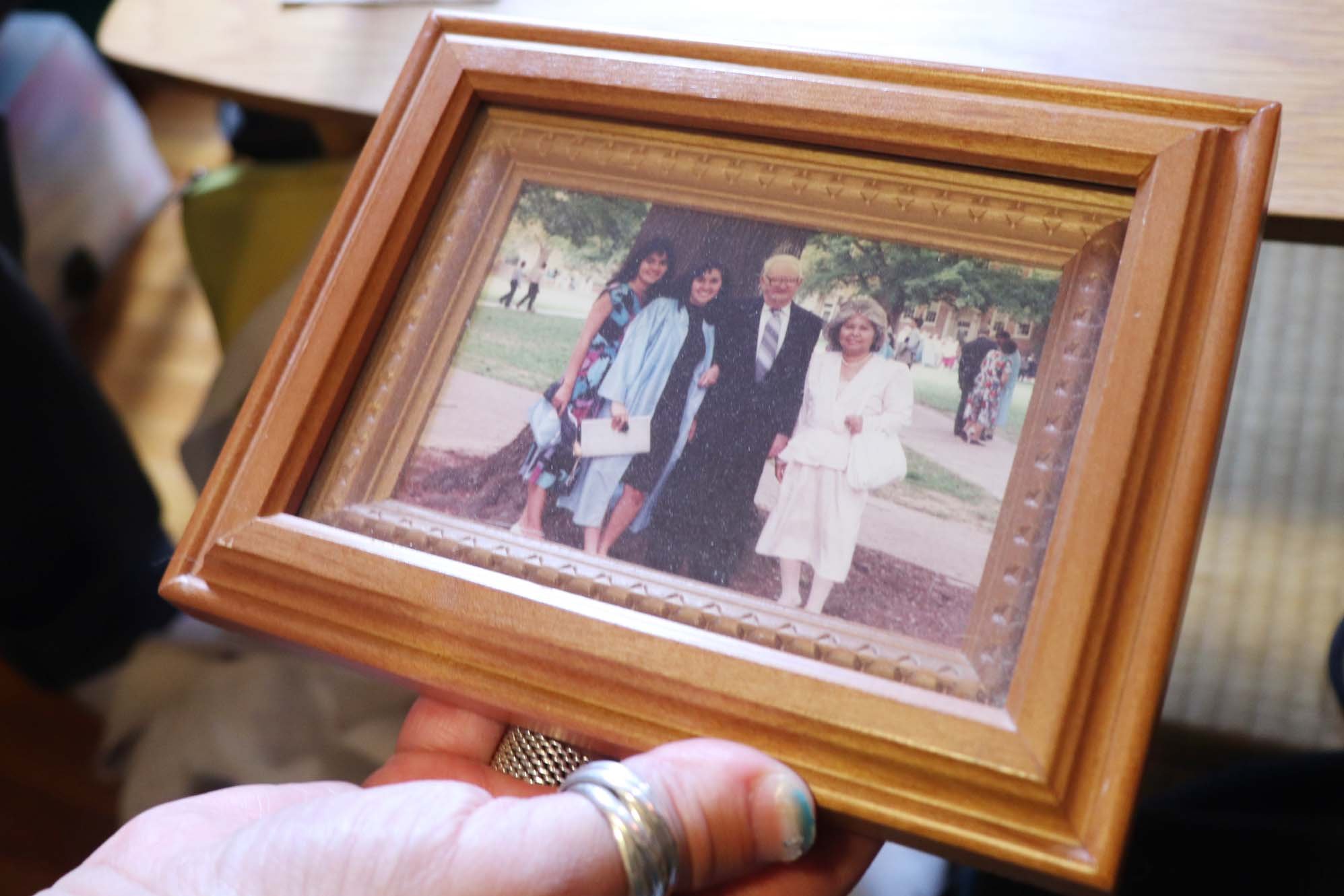
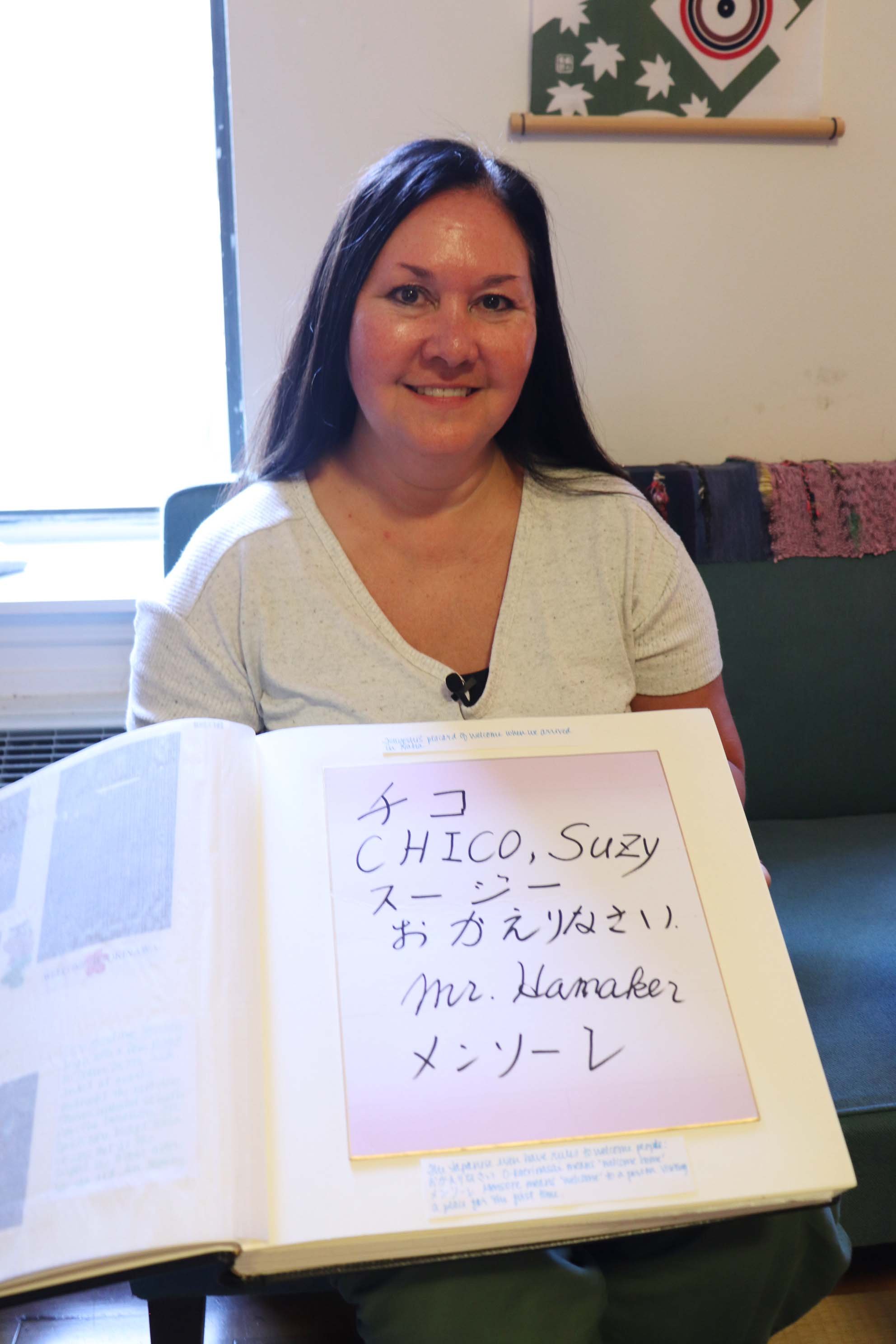
Guest: Susan Miyagi McCormac, Founder and Editor-in-Chief, Japan Culture NYC
Produced by Gabriel Bhasin
As Gaby tries to define his multicultural identity, he meets Susan Miyagi McCormac, who grew up in North Carolina with an Okinawan mother and a U.S. military father. When Susan discovered that the 1945 Battle of Okinawa (in which the U.S. invaded Okinawa) began on her mother’s birthday, she felt an urgency to learn about her mother’s heritage. Susan is now a Japanese American community leader in New York City and runs the website Japan Culture NYC, a go-to resource for Japanese culture, events, and businesses.
Resource Link:

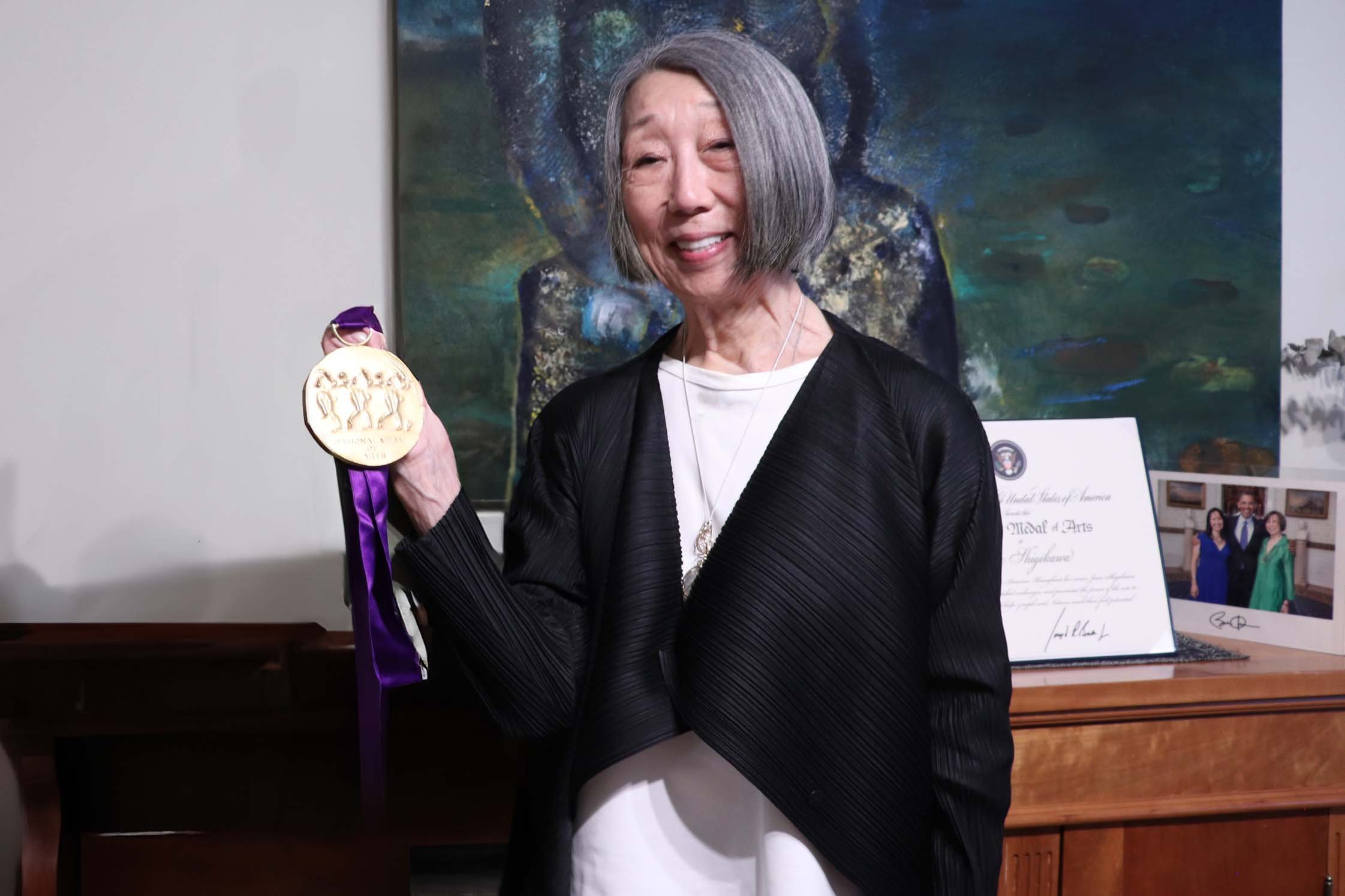
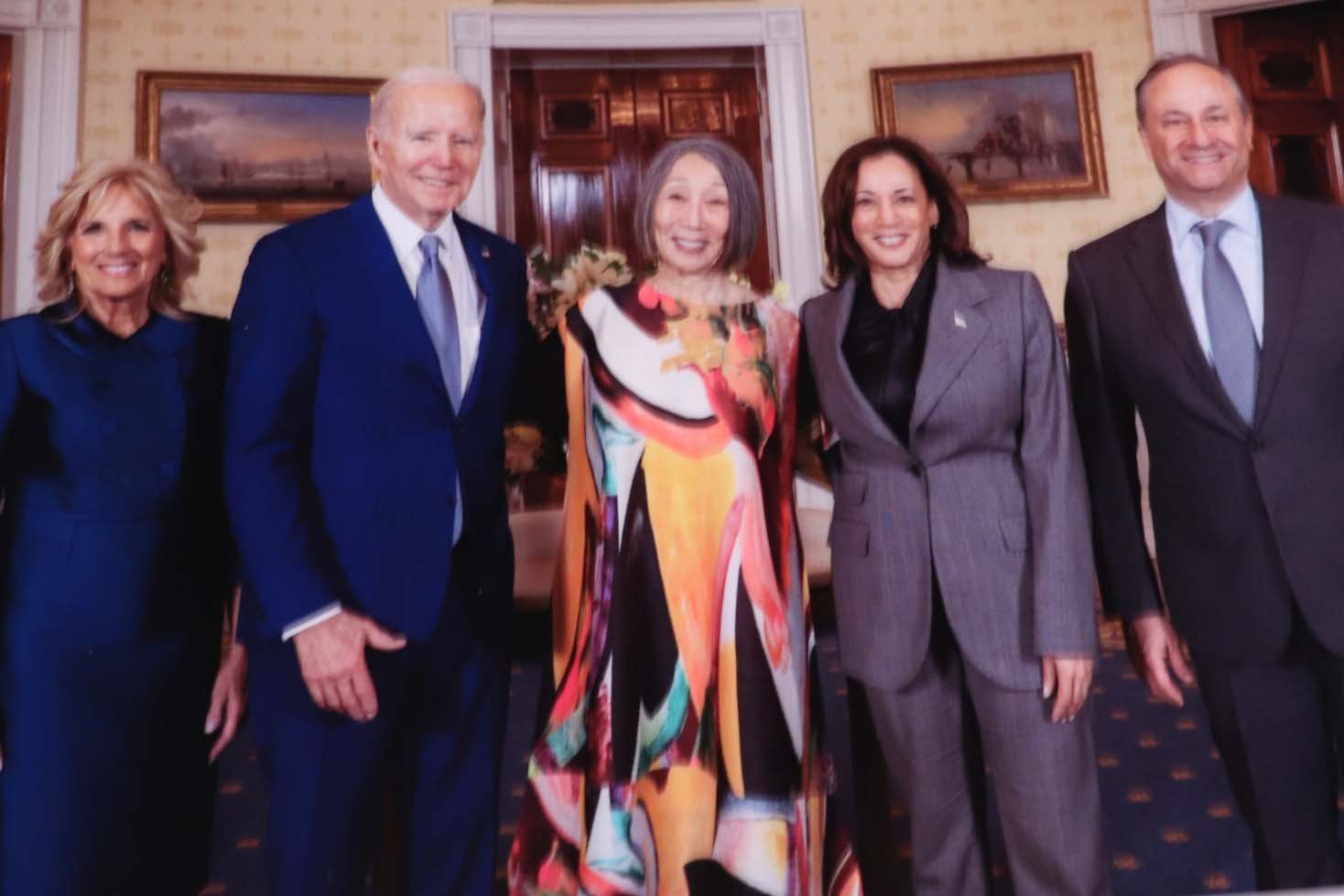
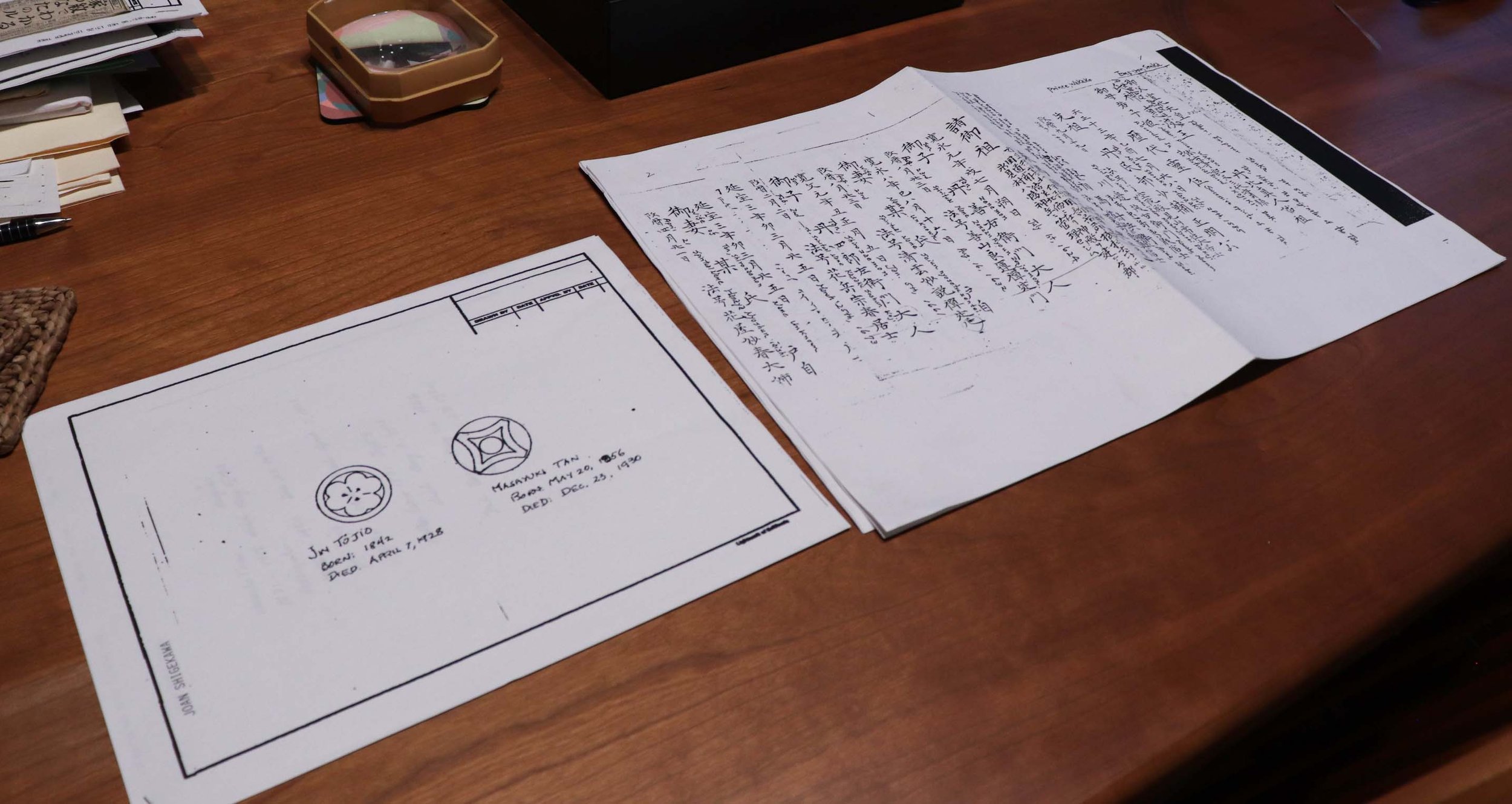
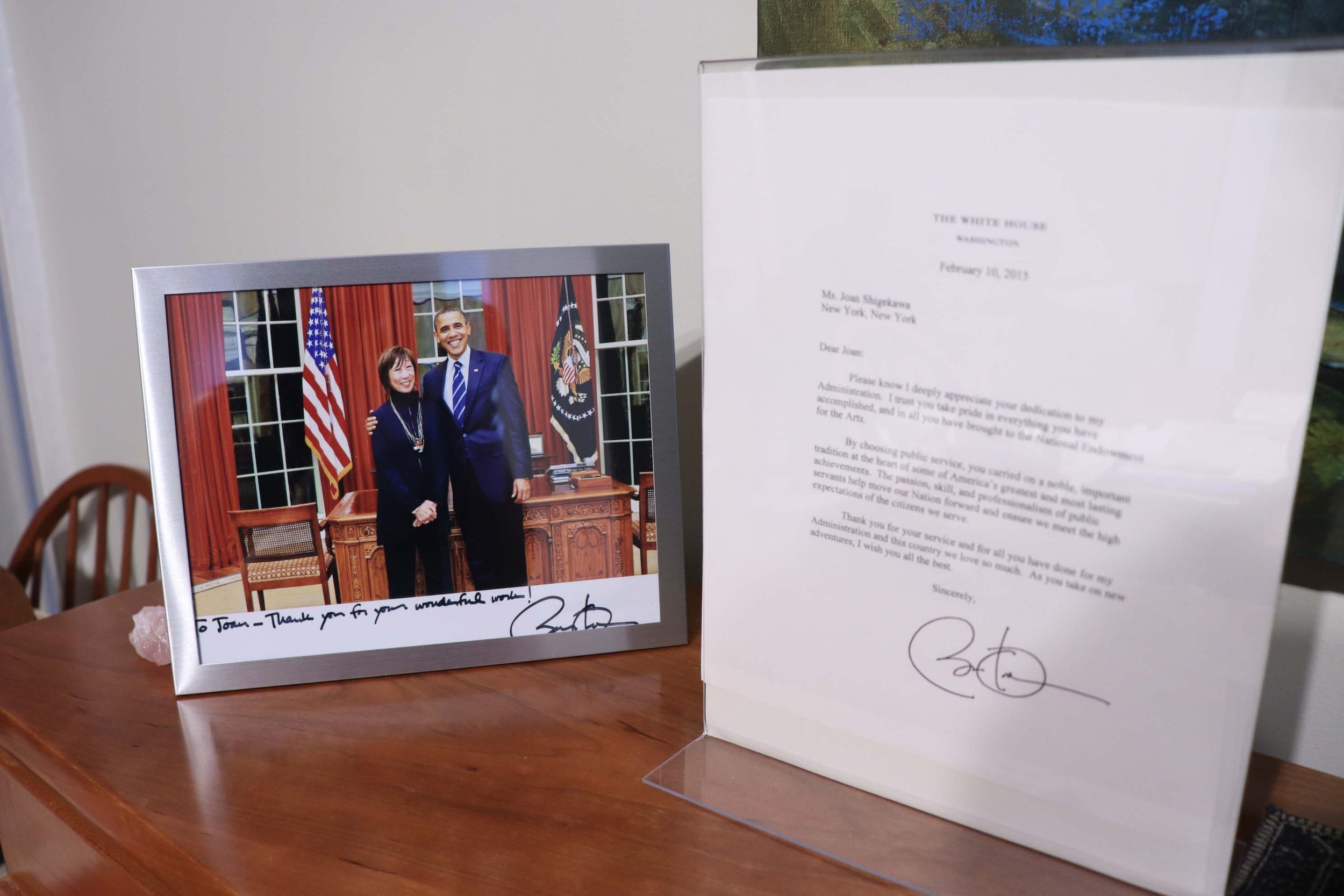
Episode 11: Increasing Visibility: From Incarceration Camp to the National Medal of the Arts
Guest: Joan Shigekawa, Arts and Culture Philanthropist
Produced by Gabriel Bhasin
Many artists with underrepresented backgrounds face additional challenges when they first try to set their career path. Gaby talks to Joan Shigekawa, who received the National Medal of the Arts from the President of the United States in 2021. Since she was incarcerated as a child by the U.S. government during WWII, she made an extraordinary career in the film and television industry, and later in philanthropy work in supporting arts and culture. She shares stories of resiliency from landing her first job at CBS despite her limited experience, to producing a feminist television series in the 1970s, to her career transition after becoming a mother in her 40s. She talks about behaving invisibly, as many in our culture have been raised to do, calling it a huge mistake and advising us to be visible.
Explore the interactive map by clicking pins.
GUESTS
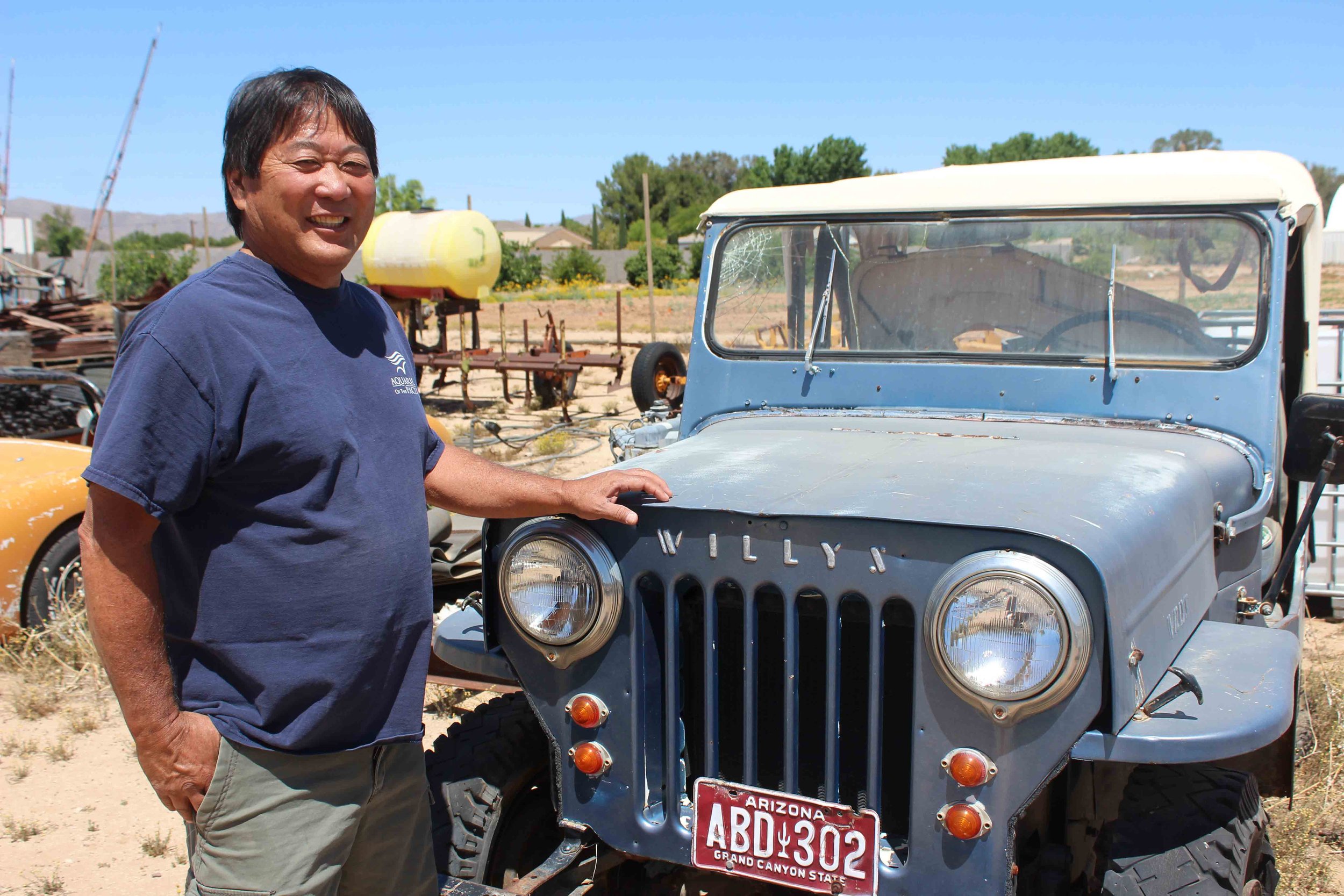
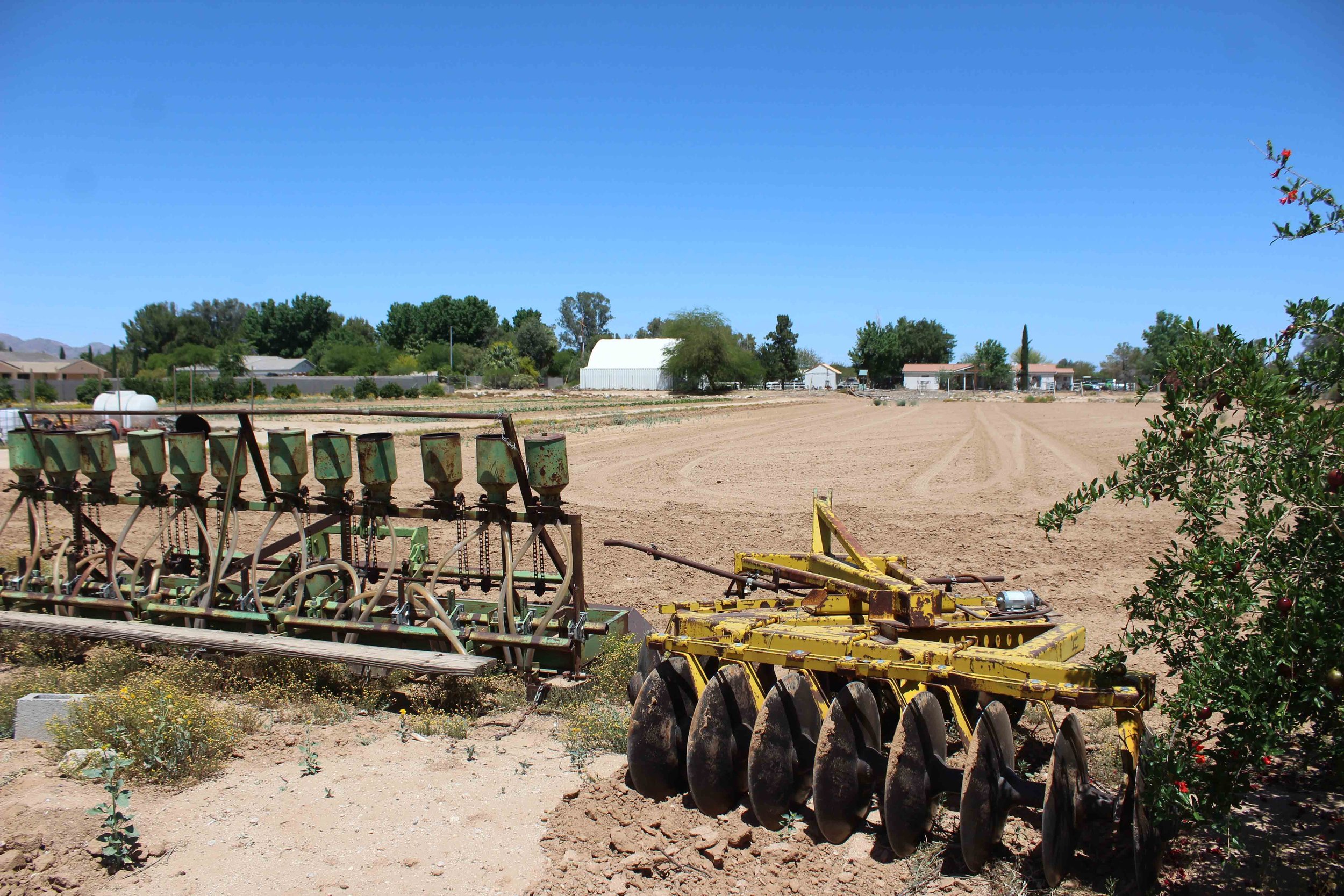
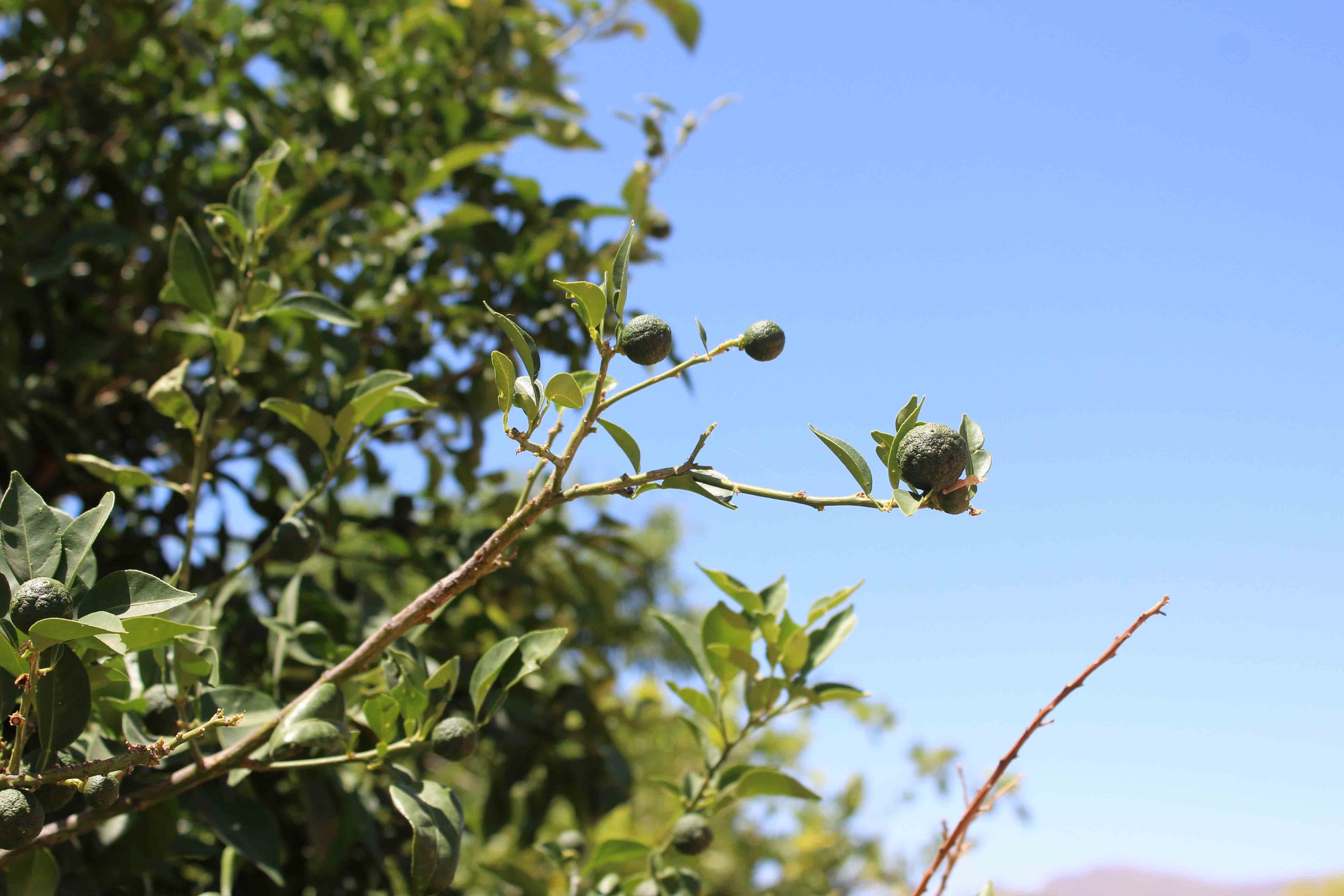
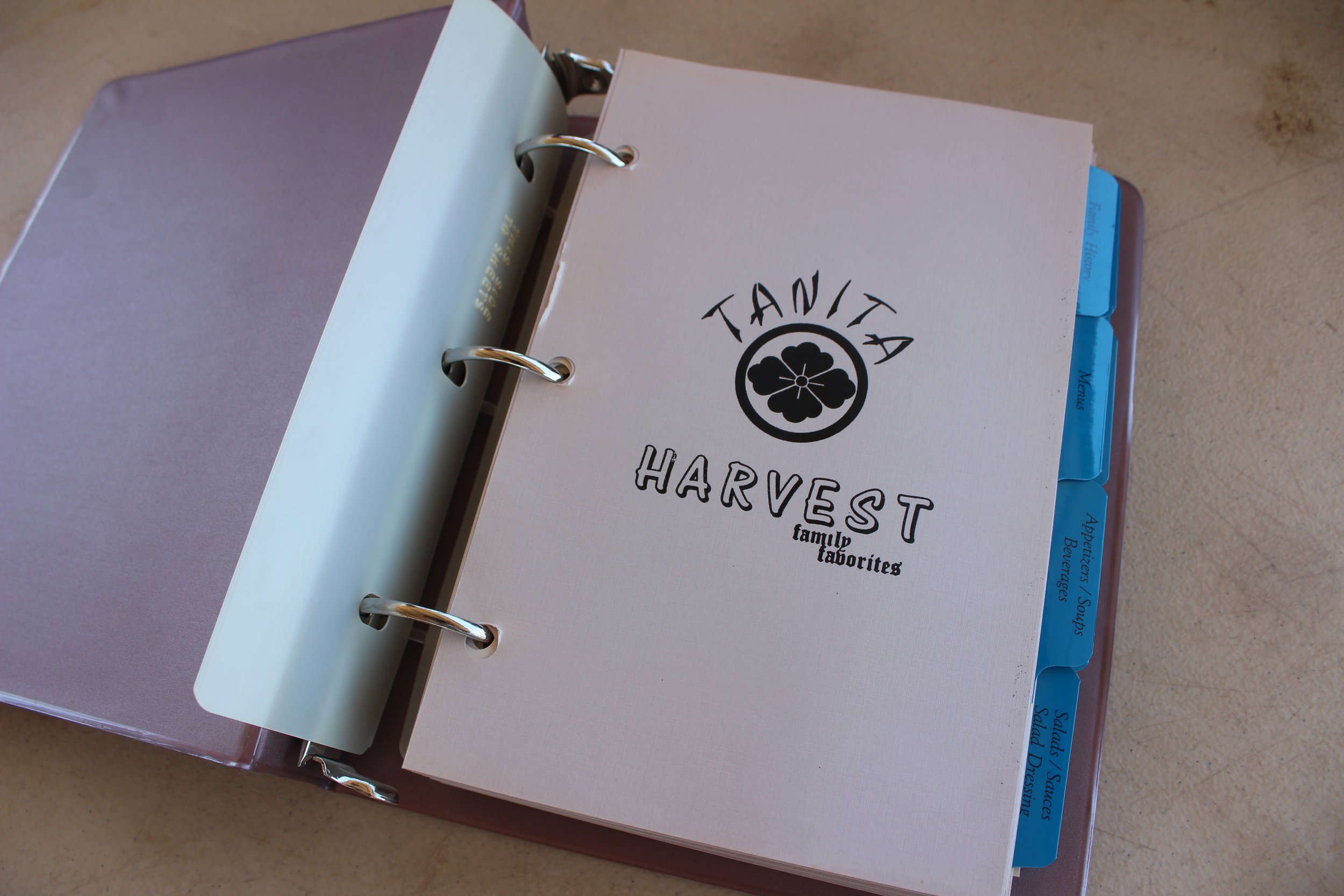
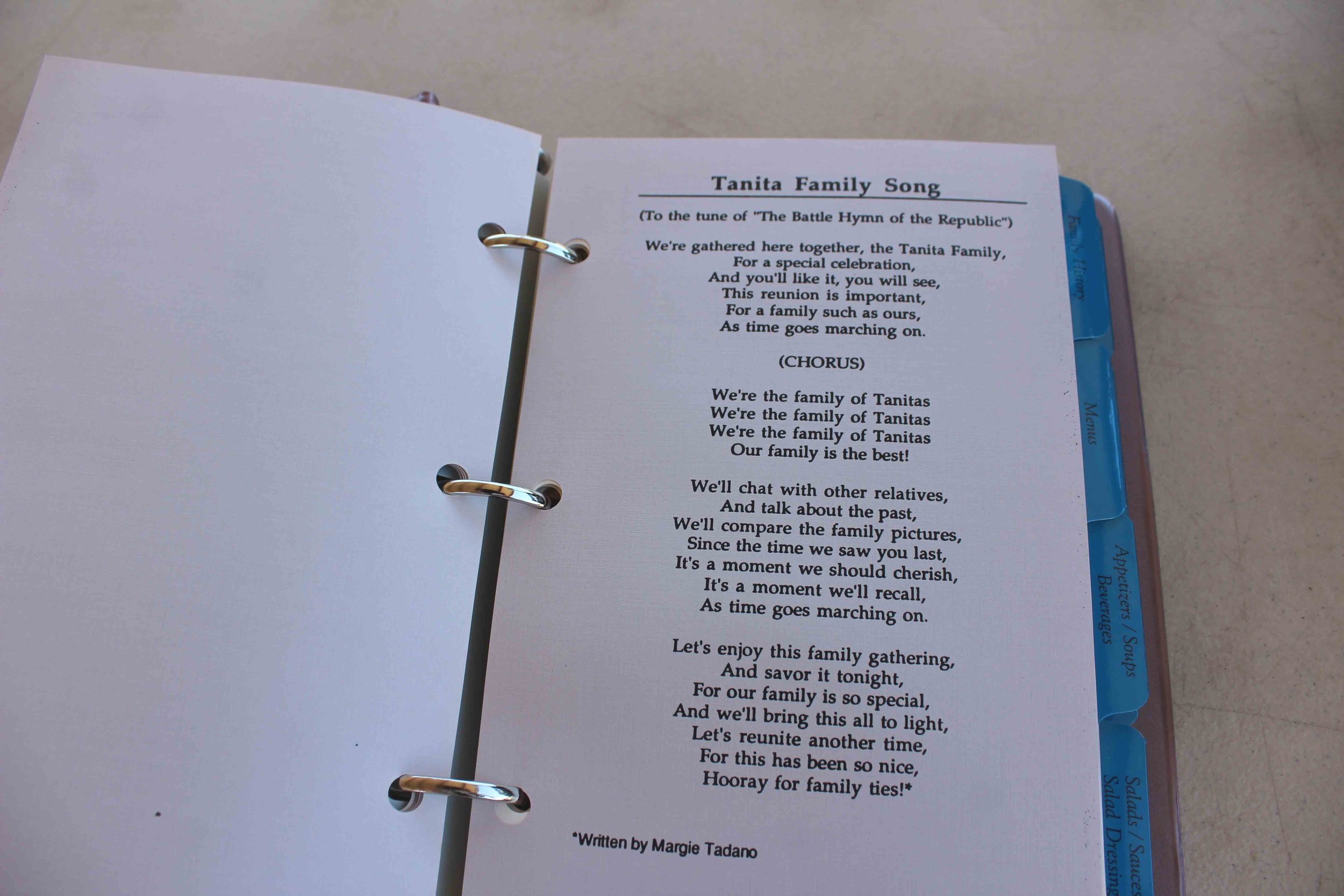
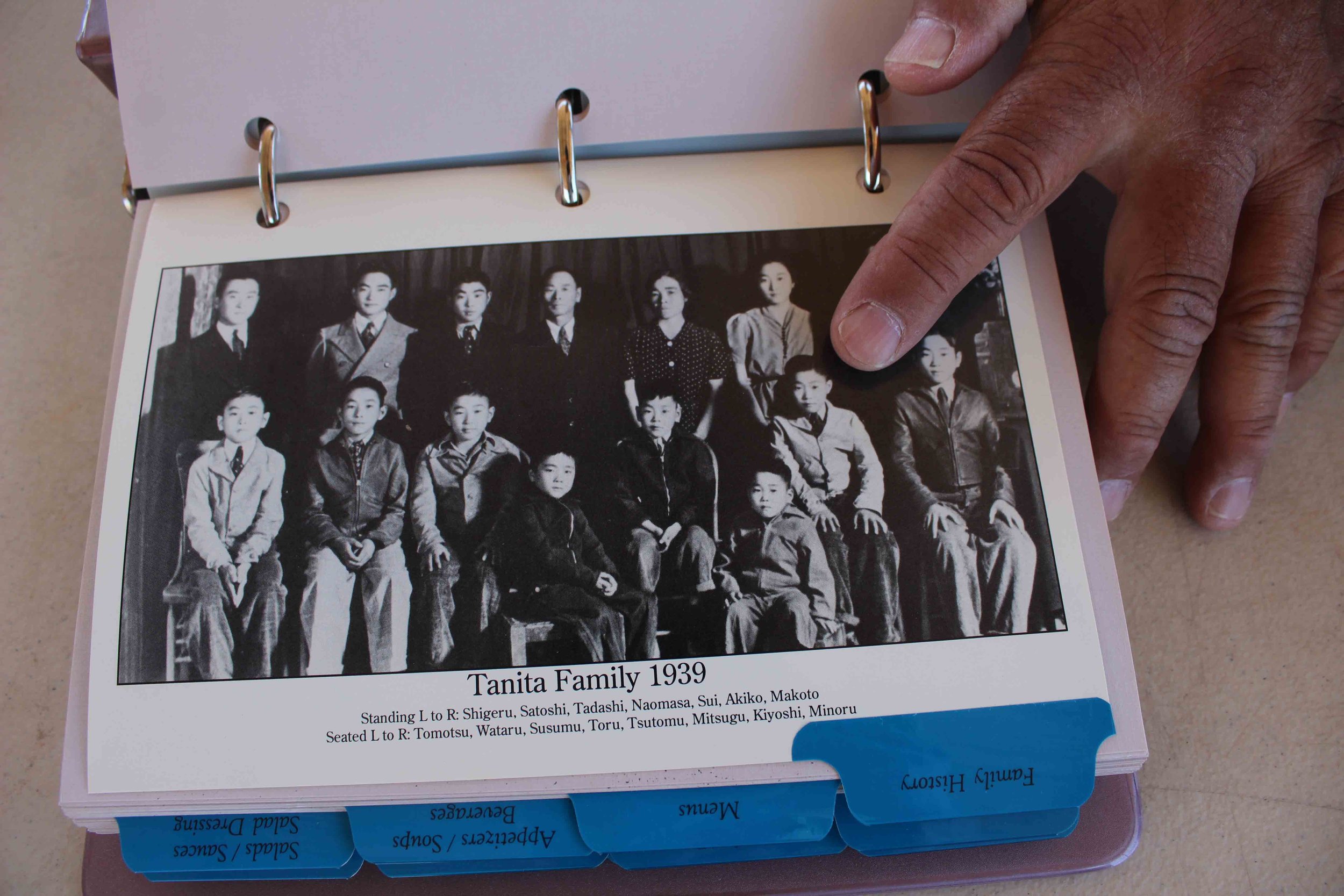
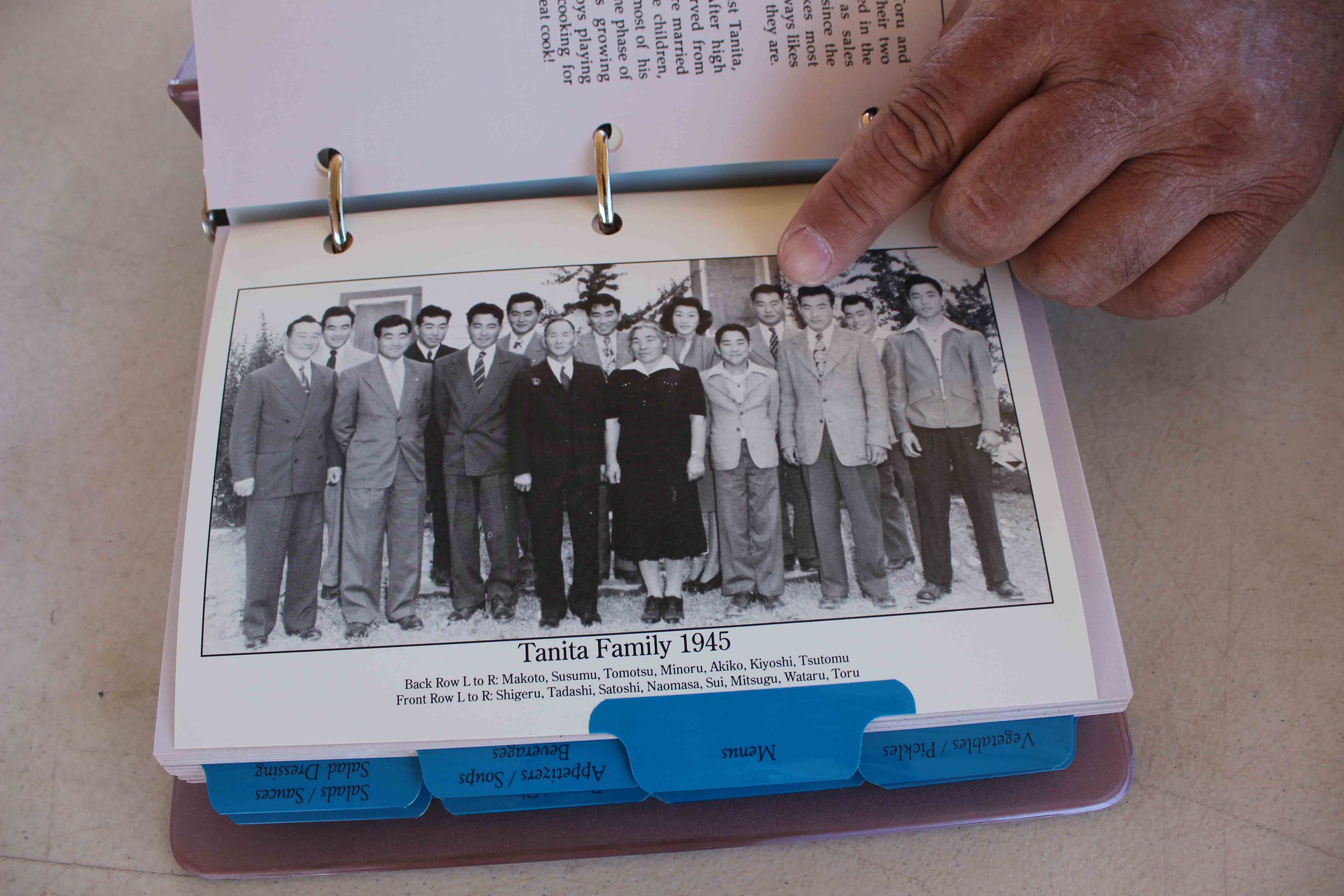
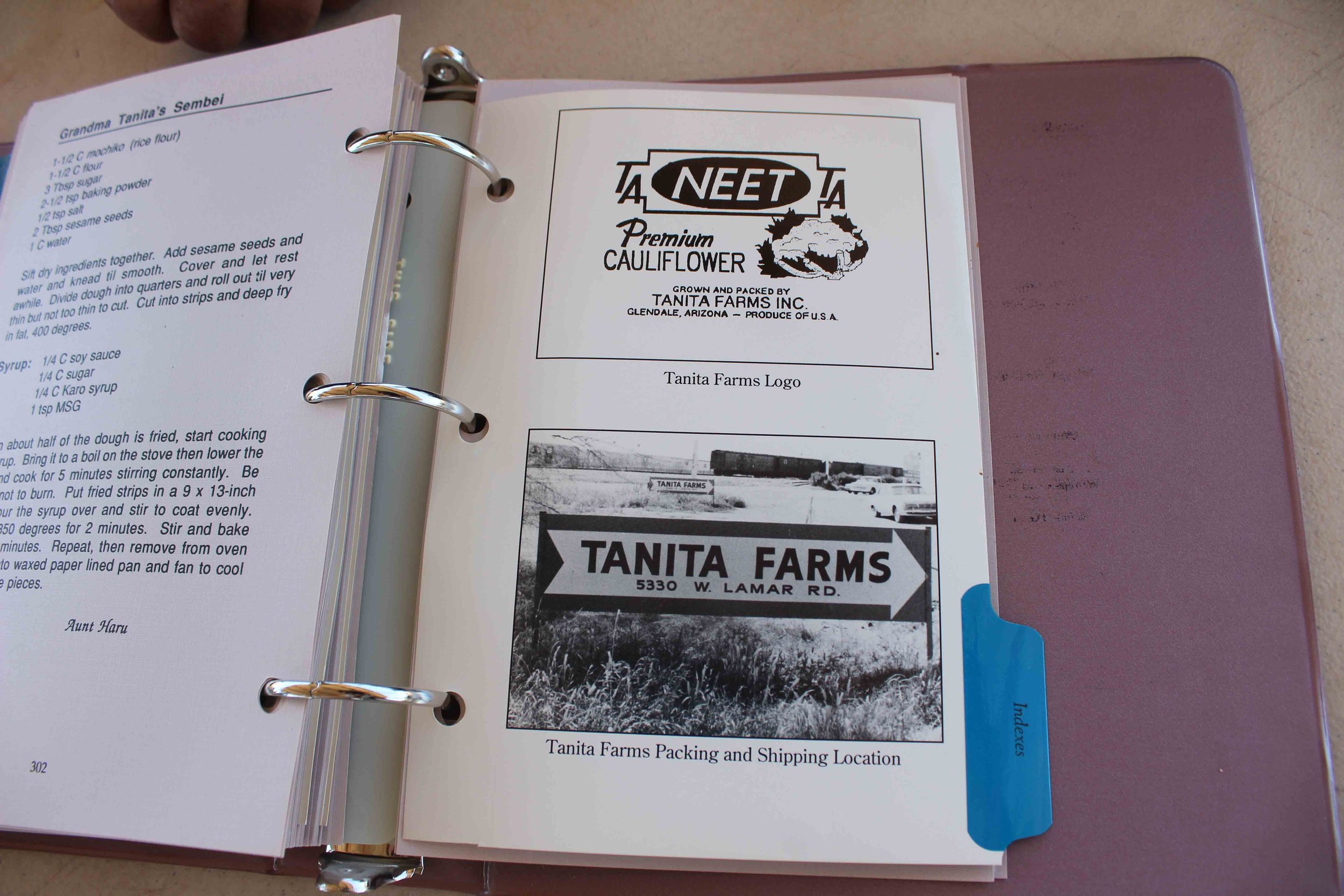
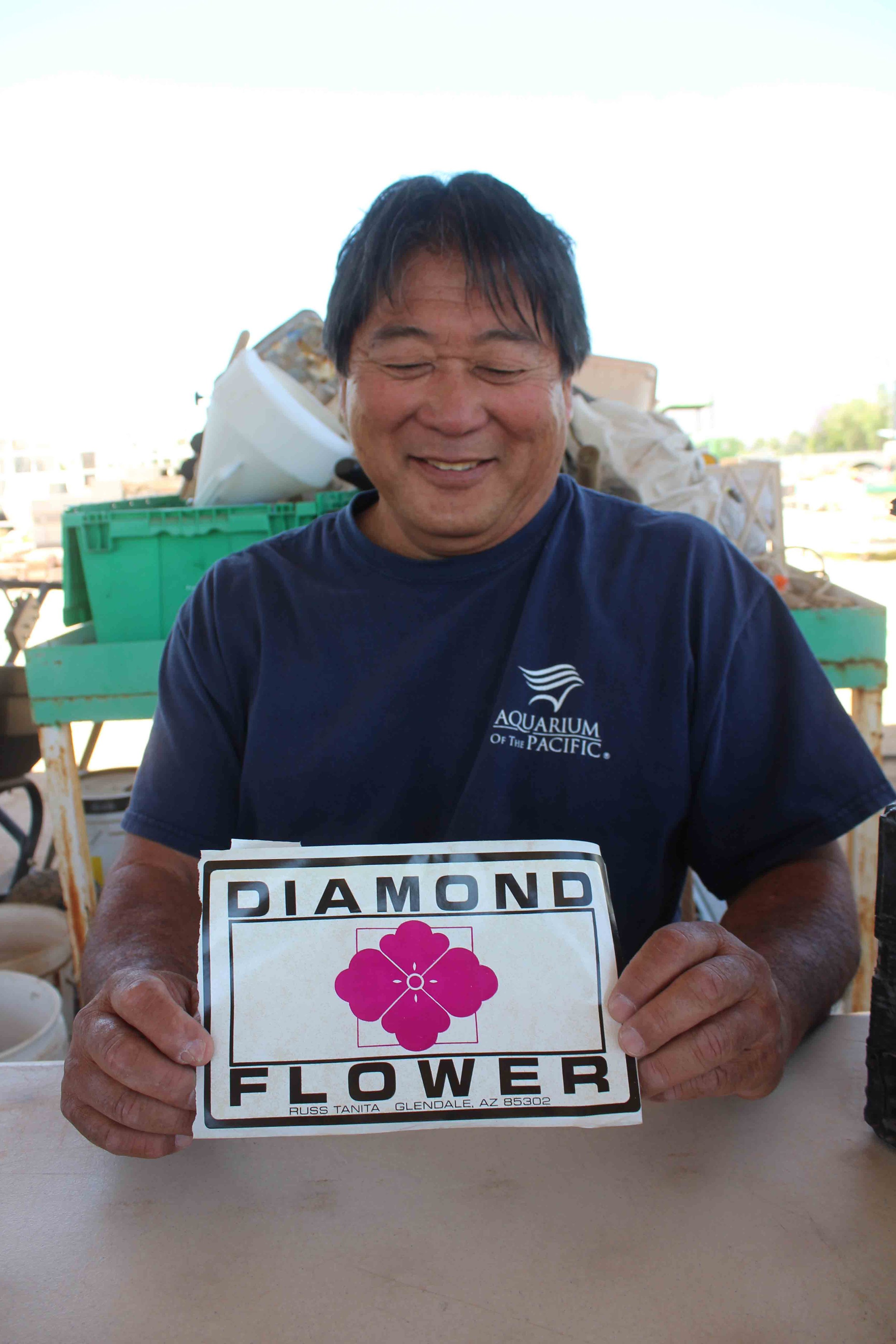
Episode 10: The Last Japanese American Farmer
Guest: Russell Keith Tanita at Tanita Farm
Produced by Reina Higashtiani
Rusty’s father was one of the thirteen children of Naomasa Tanita who started farming in Arizona in 1928. The family business grew into a farming empire, Tanita Farm, once the largest grower and shipper of mixed vegetables in the state of Arizona in the 1960s. While the city has developed and generations of families have left farming, Rusty continues to farm in northwest Phoenix. He reflects on his family legacy as he helps a new generation of American farmers.
Episode 9: A Long Journey
Guest: Fumiko Sally Matsumoto Adams at Japanese American Citizen League, Arizona Chapter
Produced by Reina Higashtiani
Growing up as a child of Japanese immigrants in the 1950s California often made Sally uncomfortable. After marrying her airman husband and living in Alaska for forty years, she finally began to reconcile with her heritage and became an active member of the Japanese American Citizen League, Arizona Chapter.
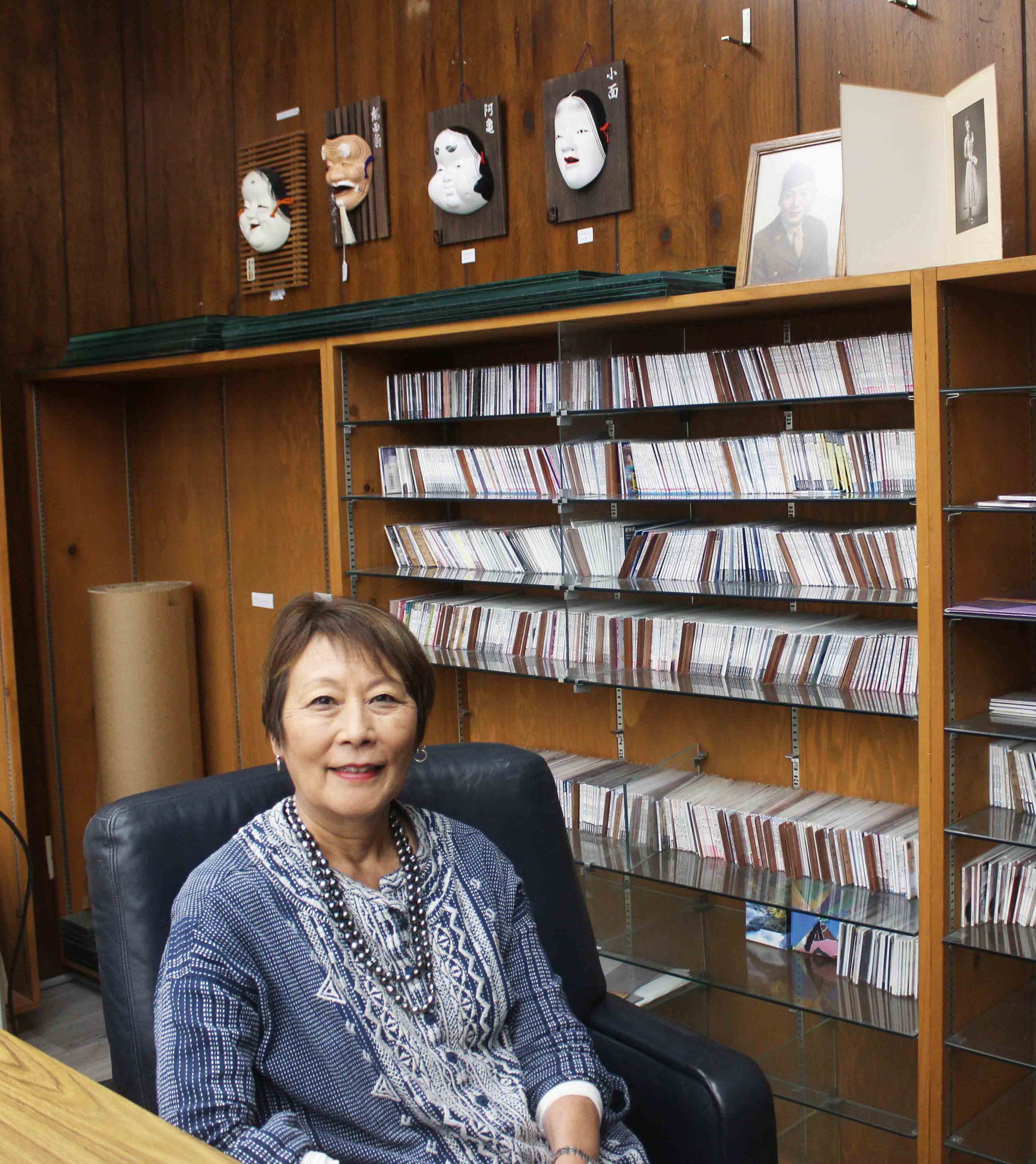
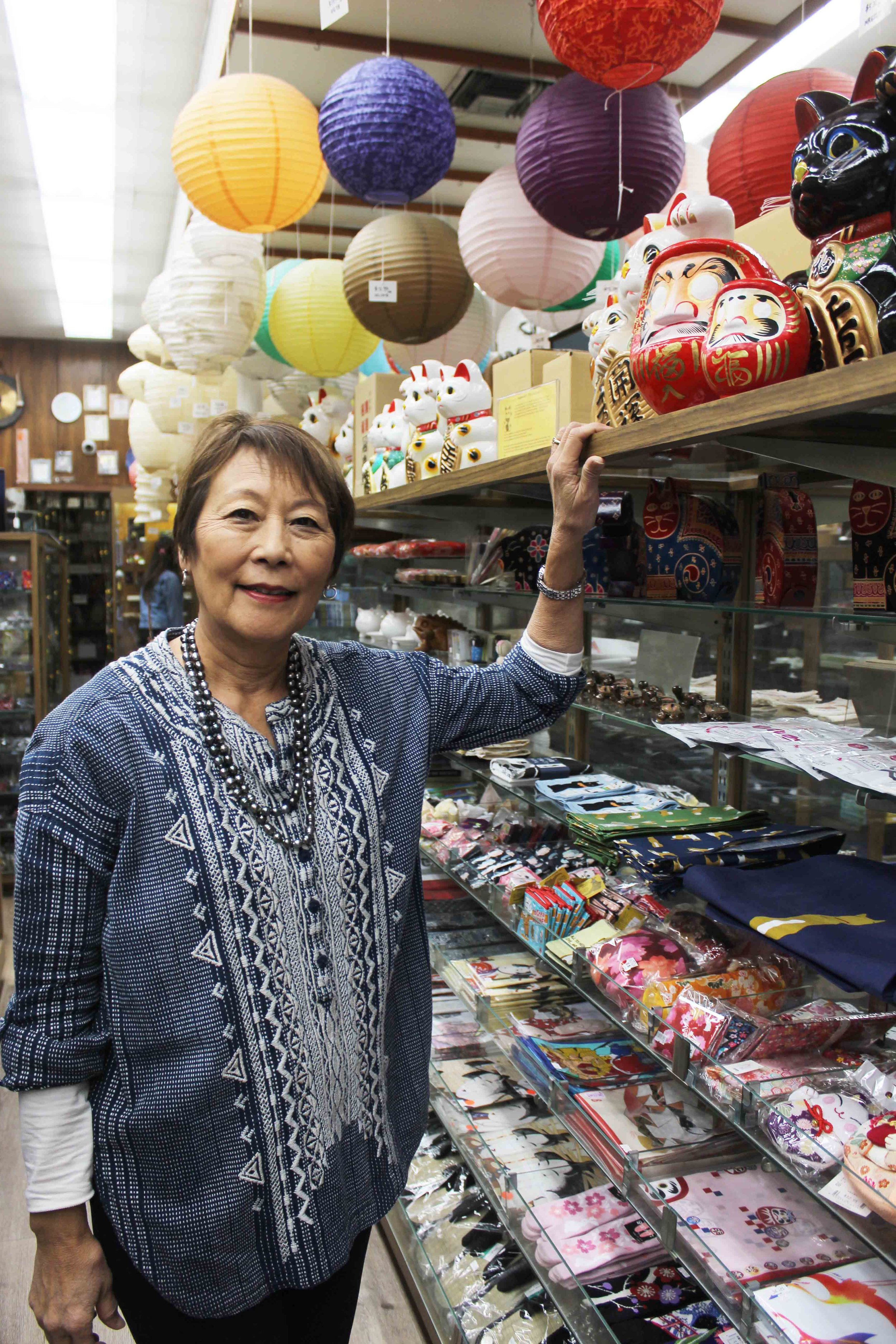
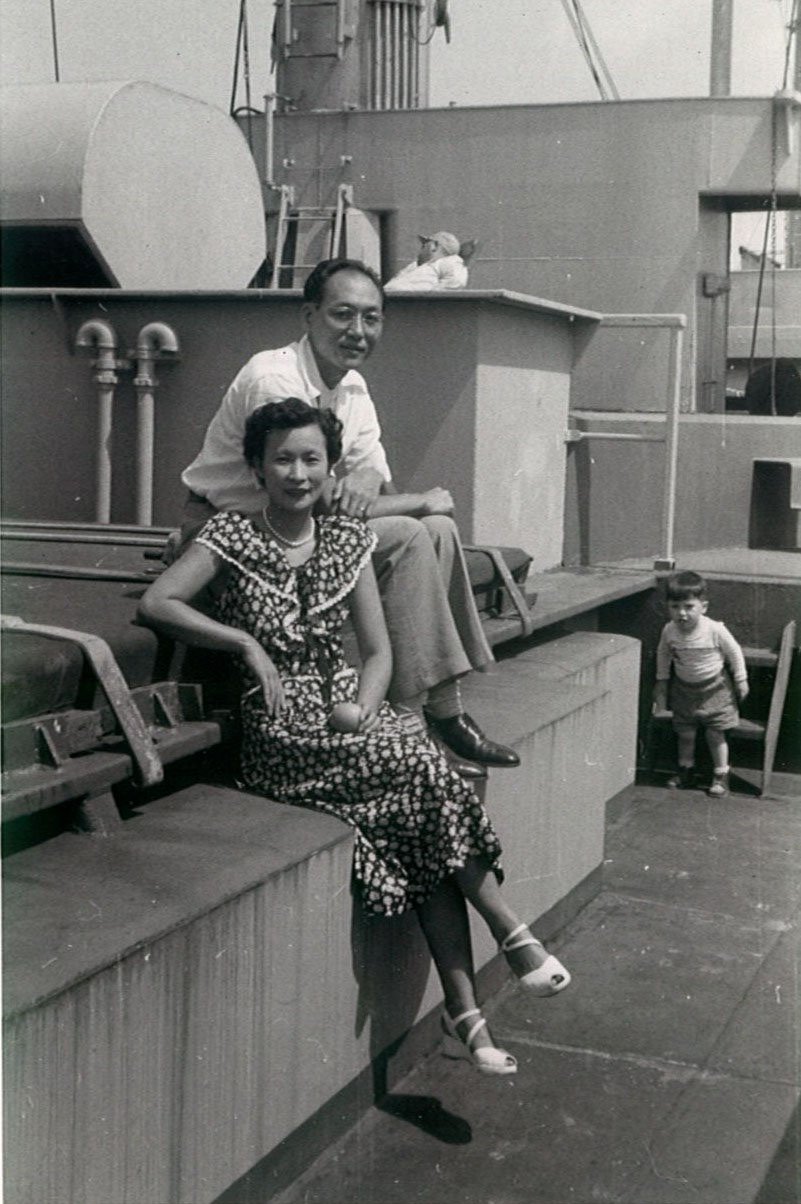
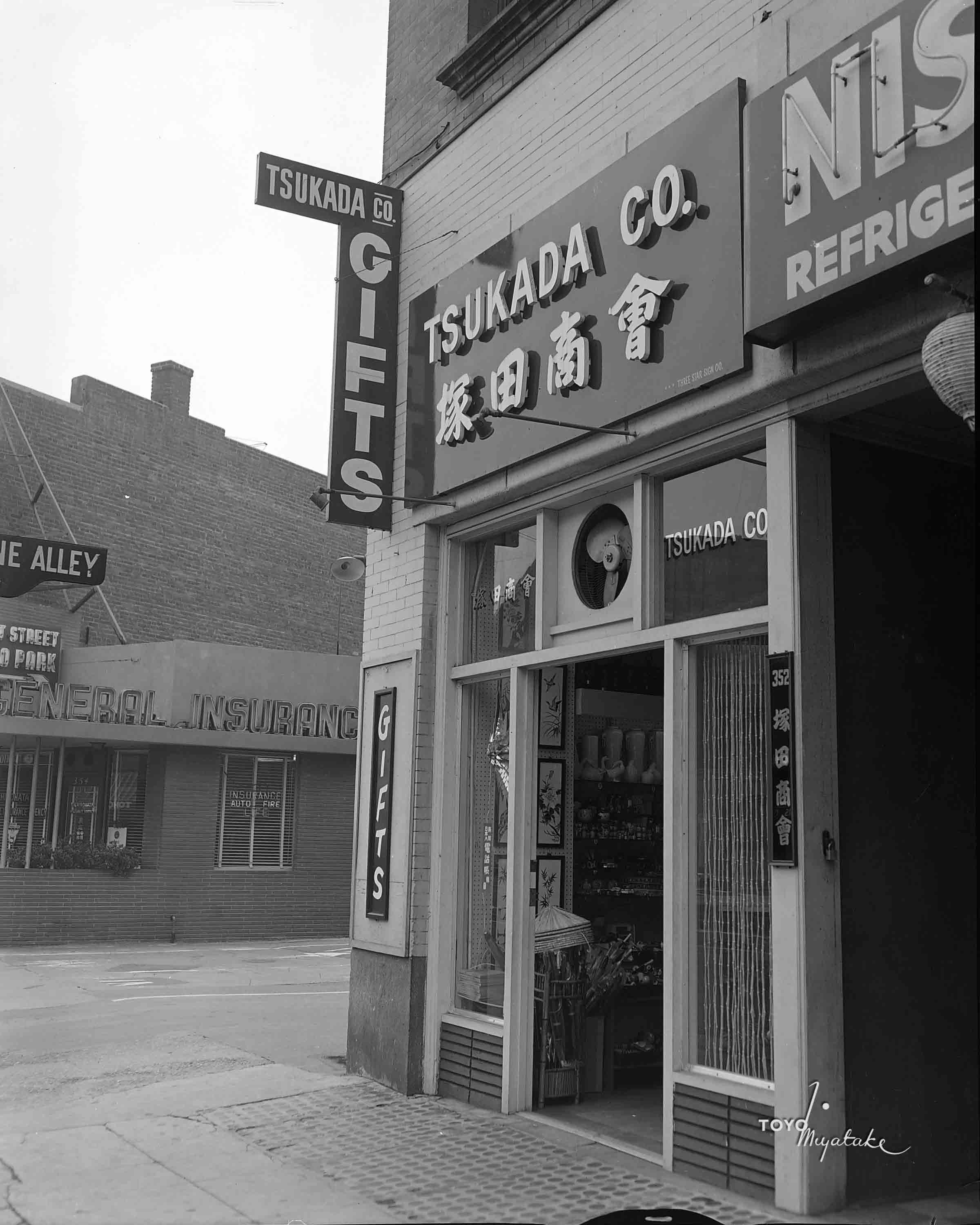
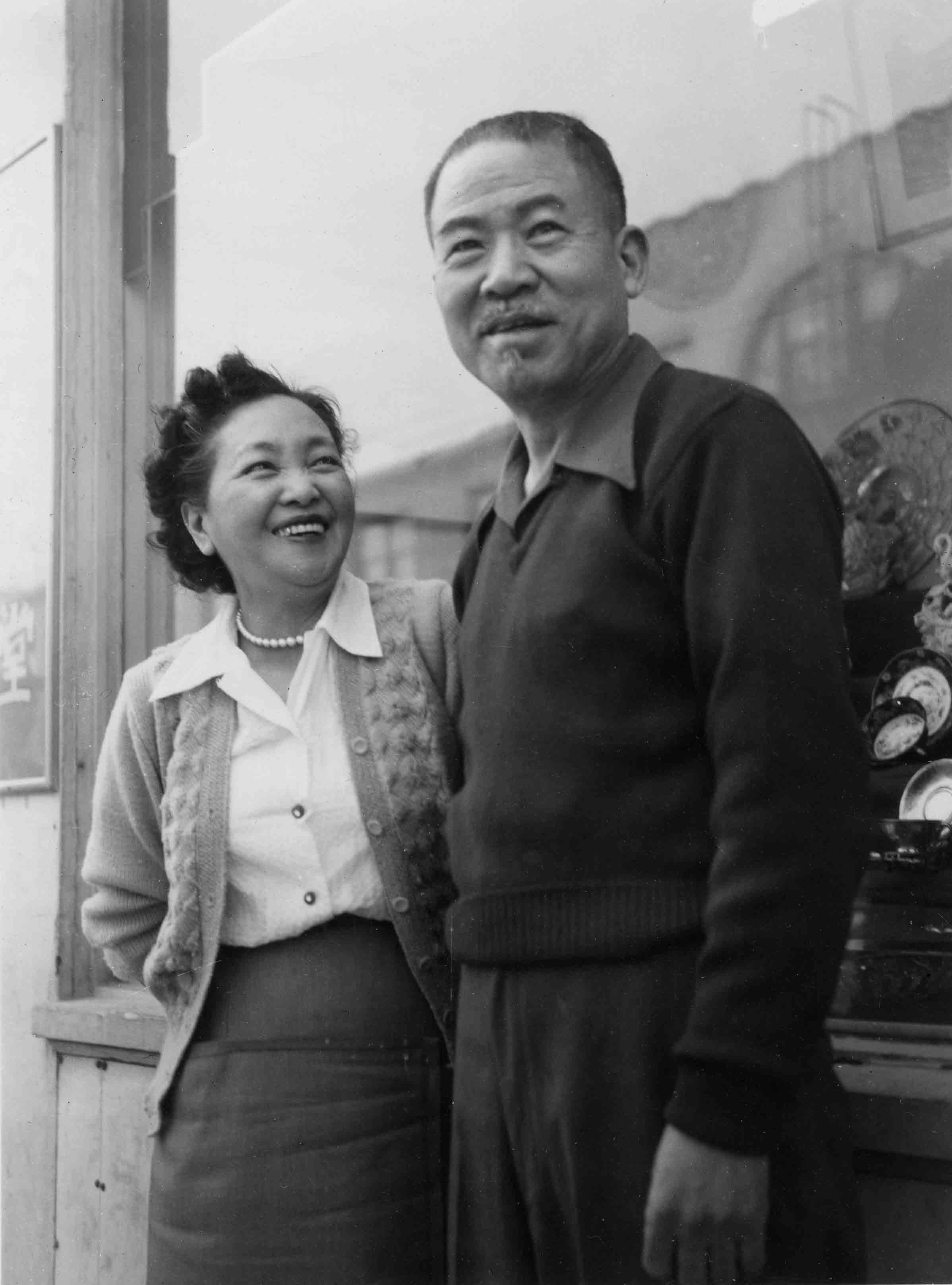
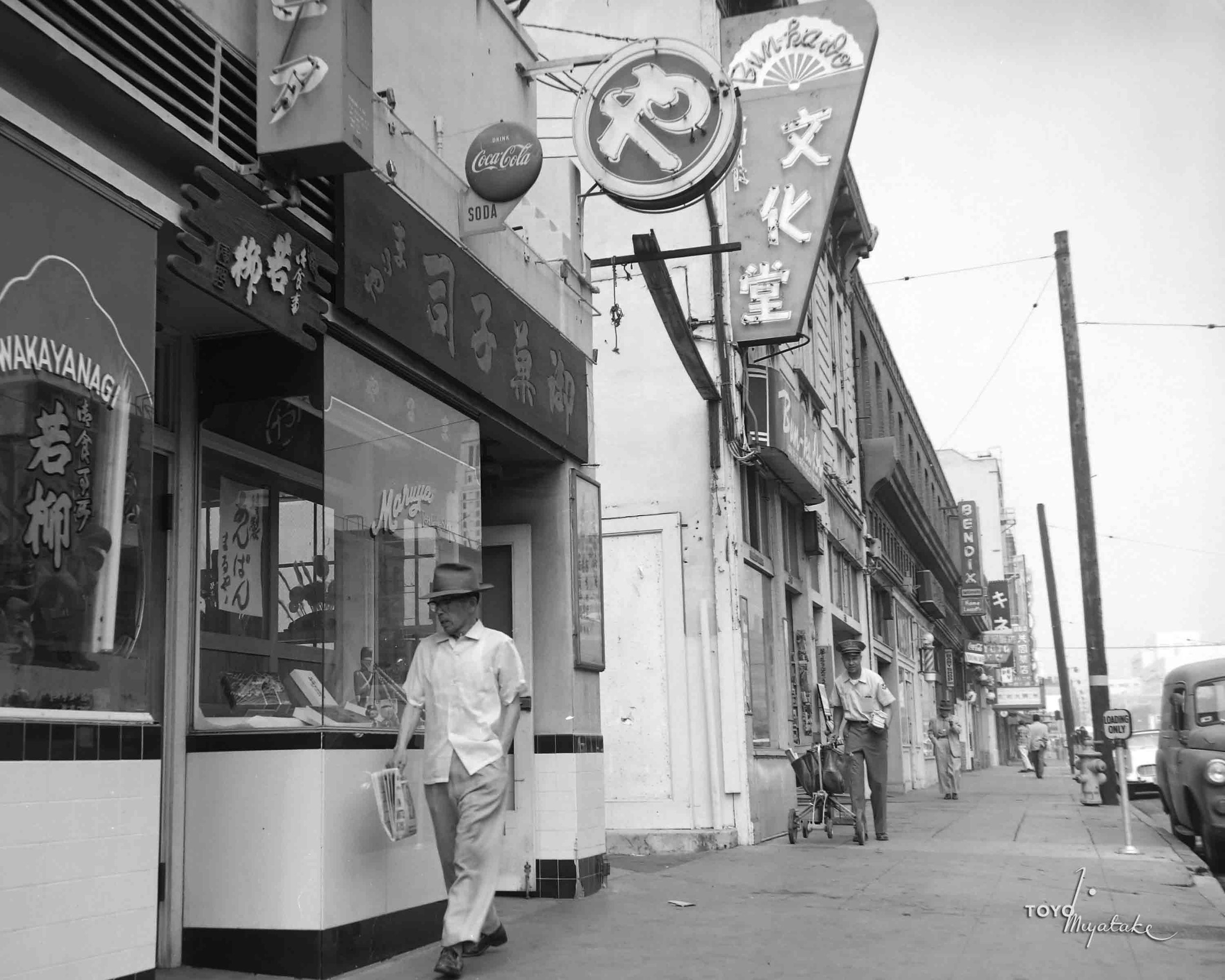
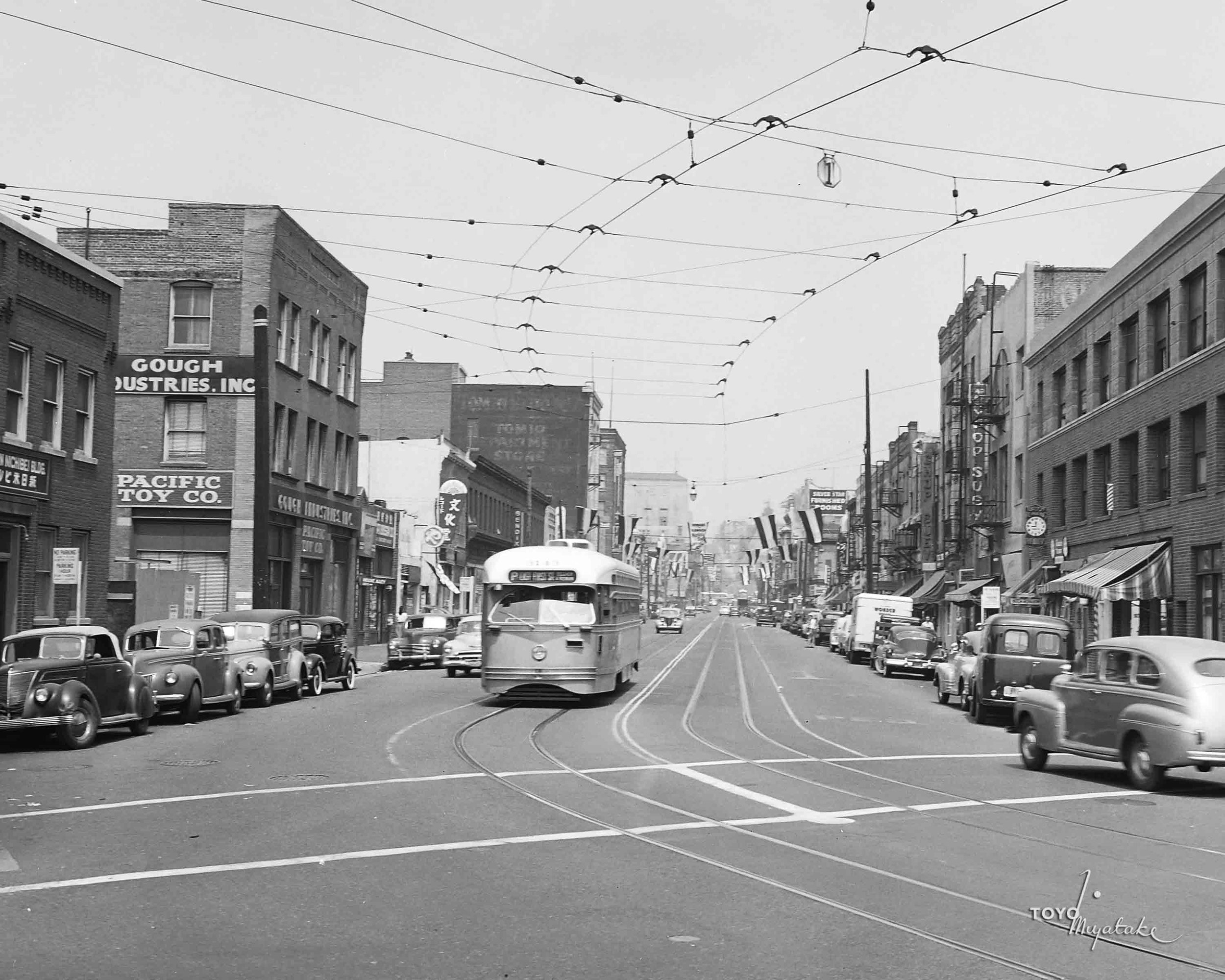
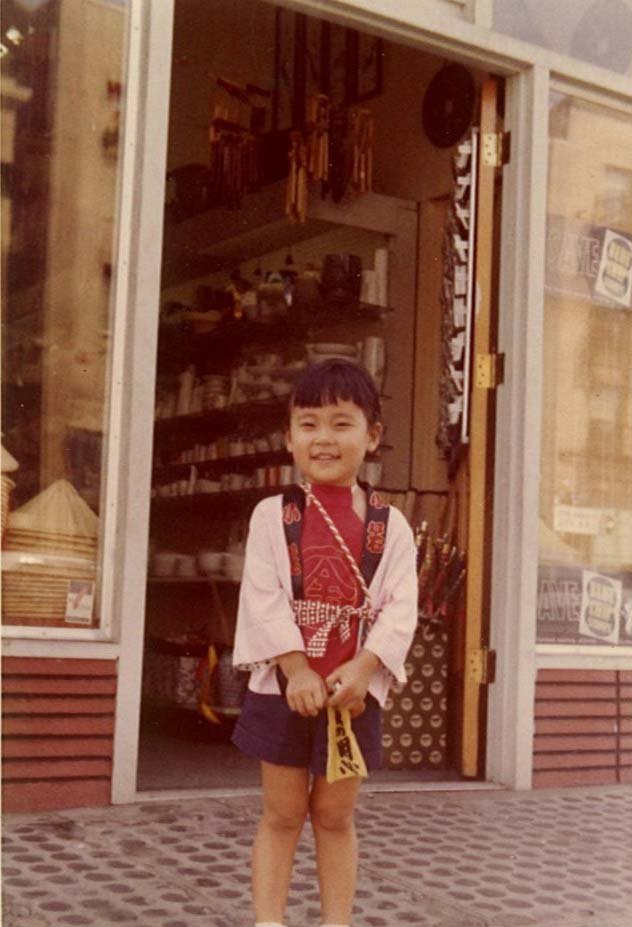
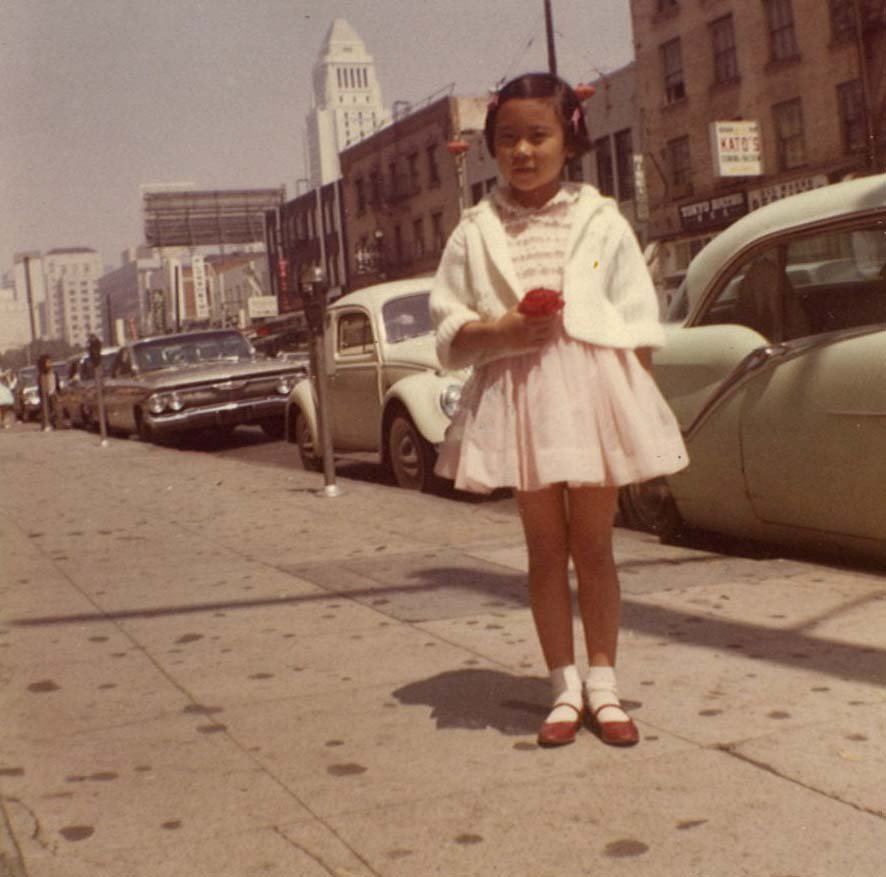
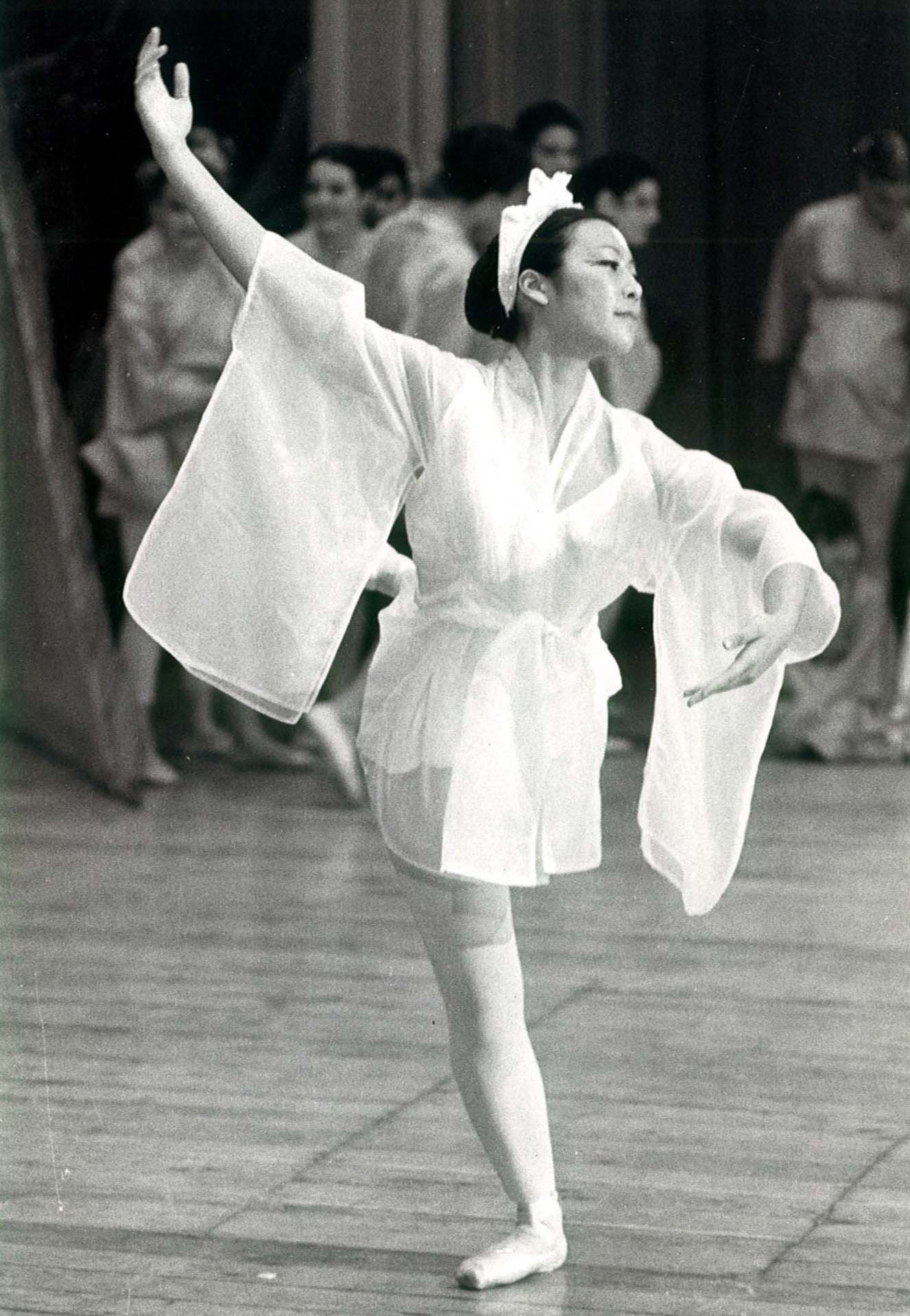
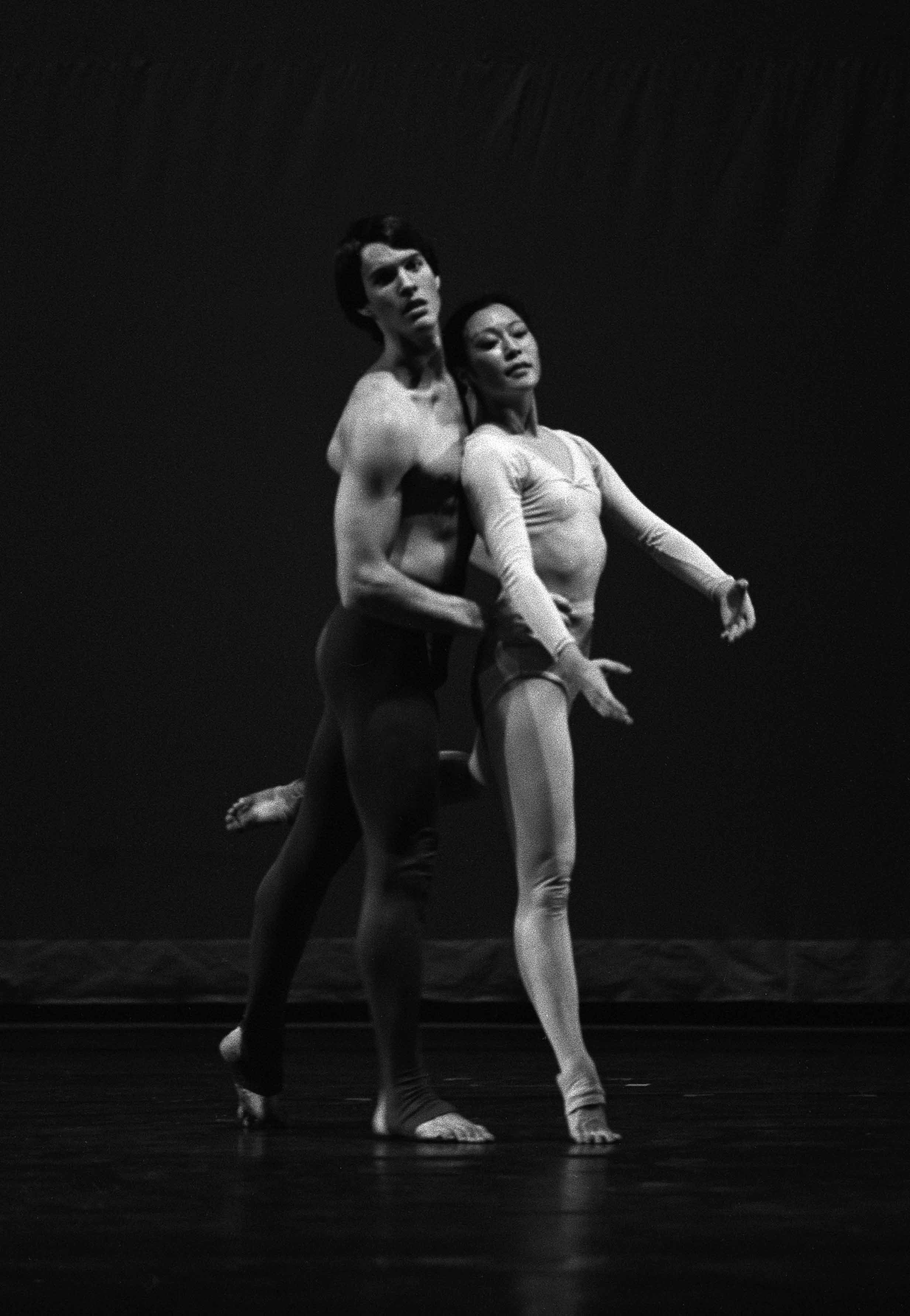
Episode 8: The Secret of Longevity
Guest: Irene Tsukada Simonian at Bunkado
Produced by Reina Higashtiani
The COVID-19 pandemic forced many businesses to shutter, but as one of the few remaining original Japanese-owned businesses in Little Tokyo, legendary gift shop Bunkado had faced such hurdles before. What is the secret to its longevity? Bunkado owner Irene Tsukada Simonian shares her memories of growing up in Little Tokyo, and why she returned to run Bunkado after a 17-year absence from her hometown.
Related Resource:
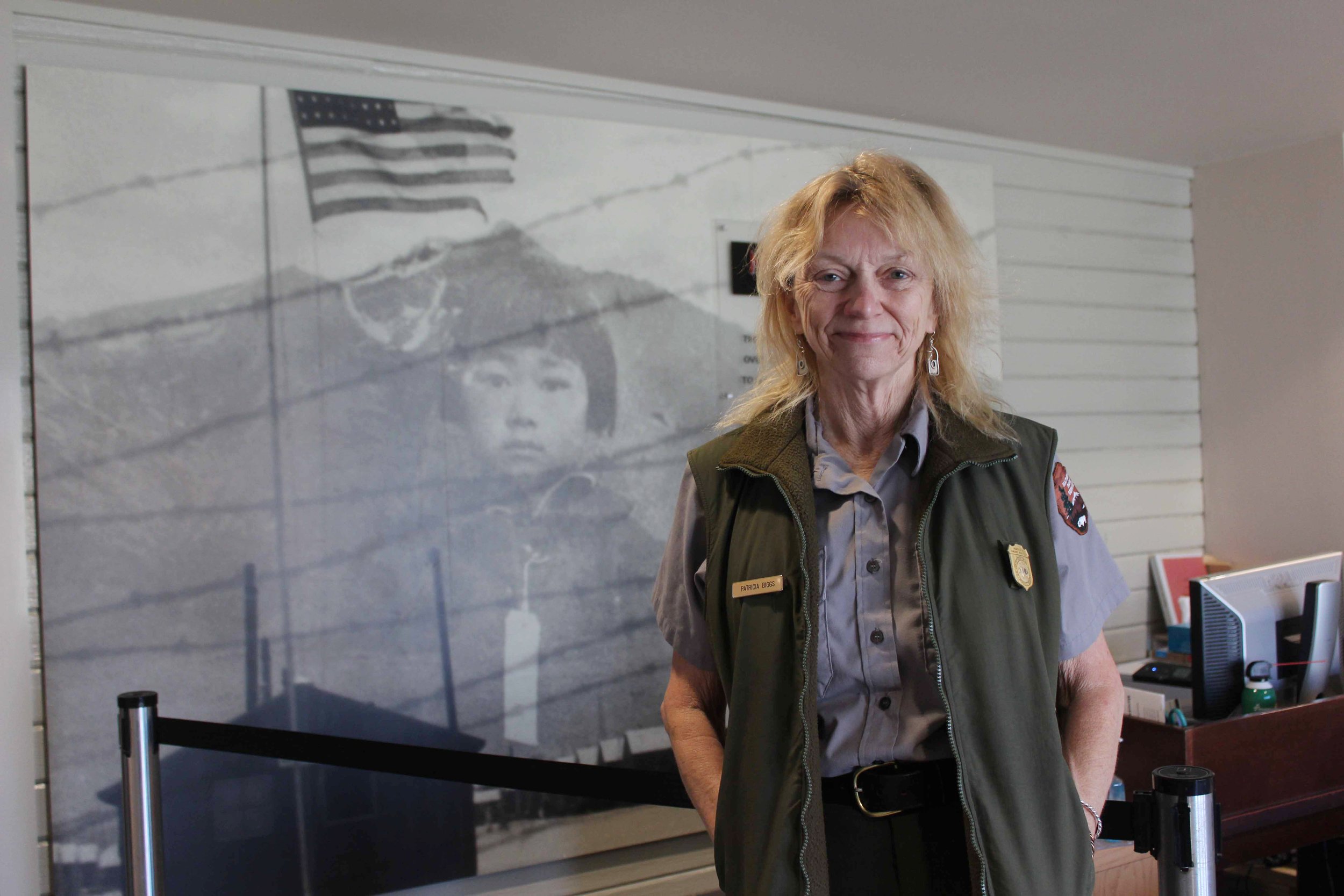
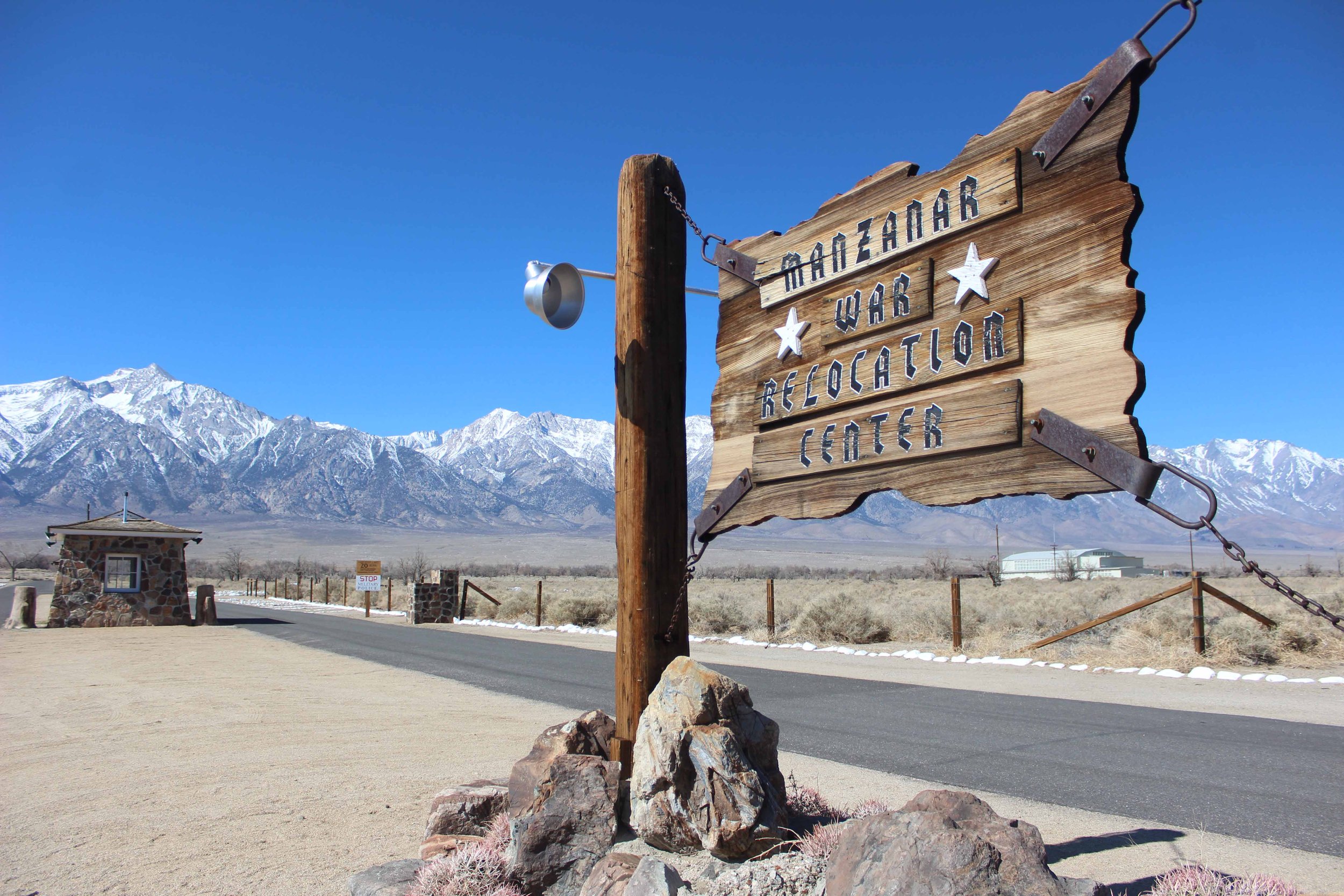
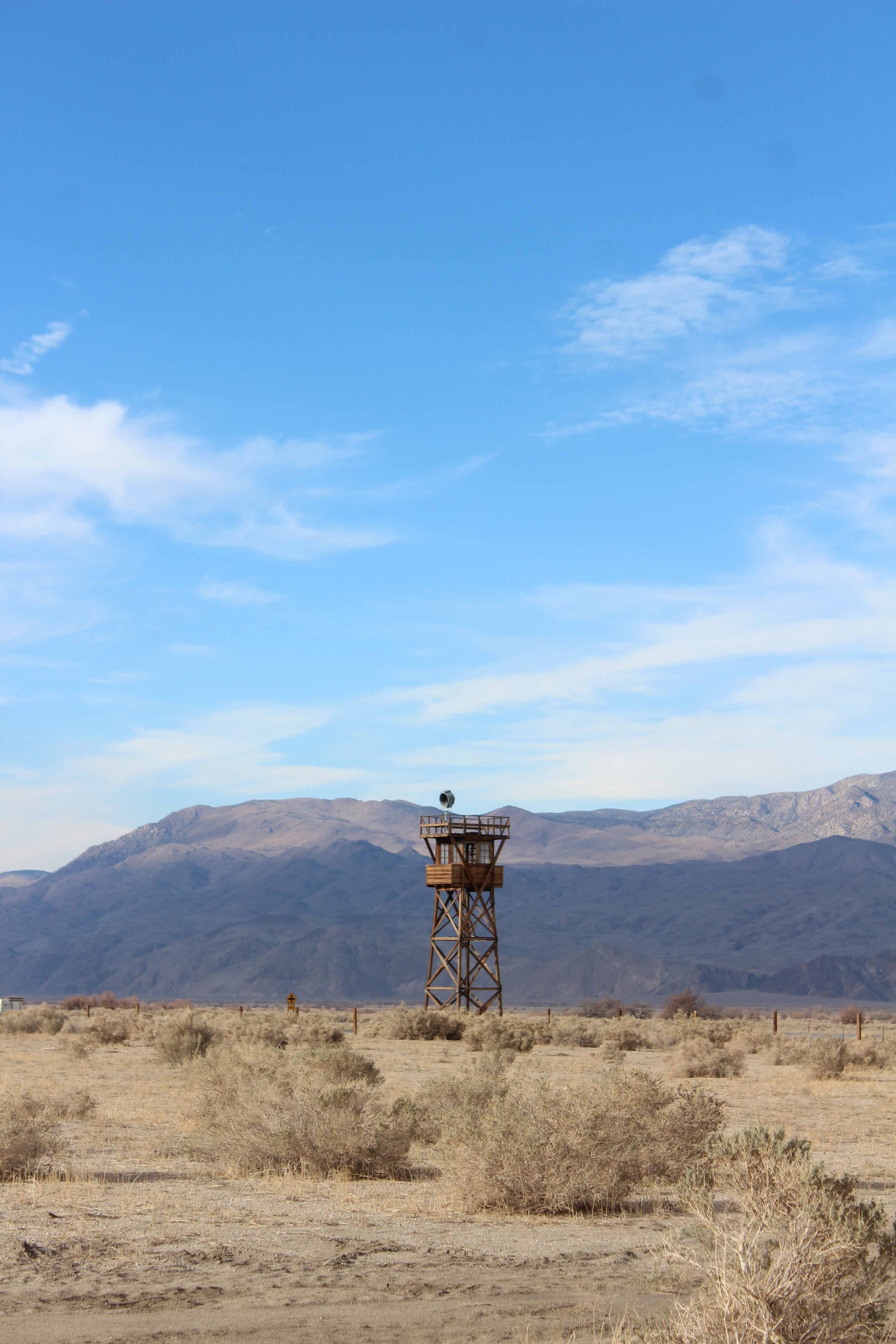
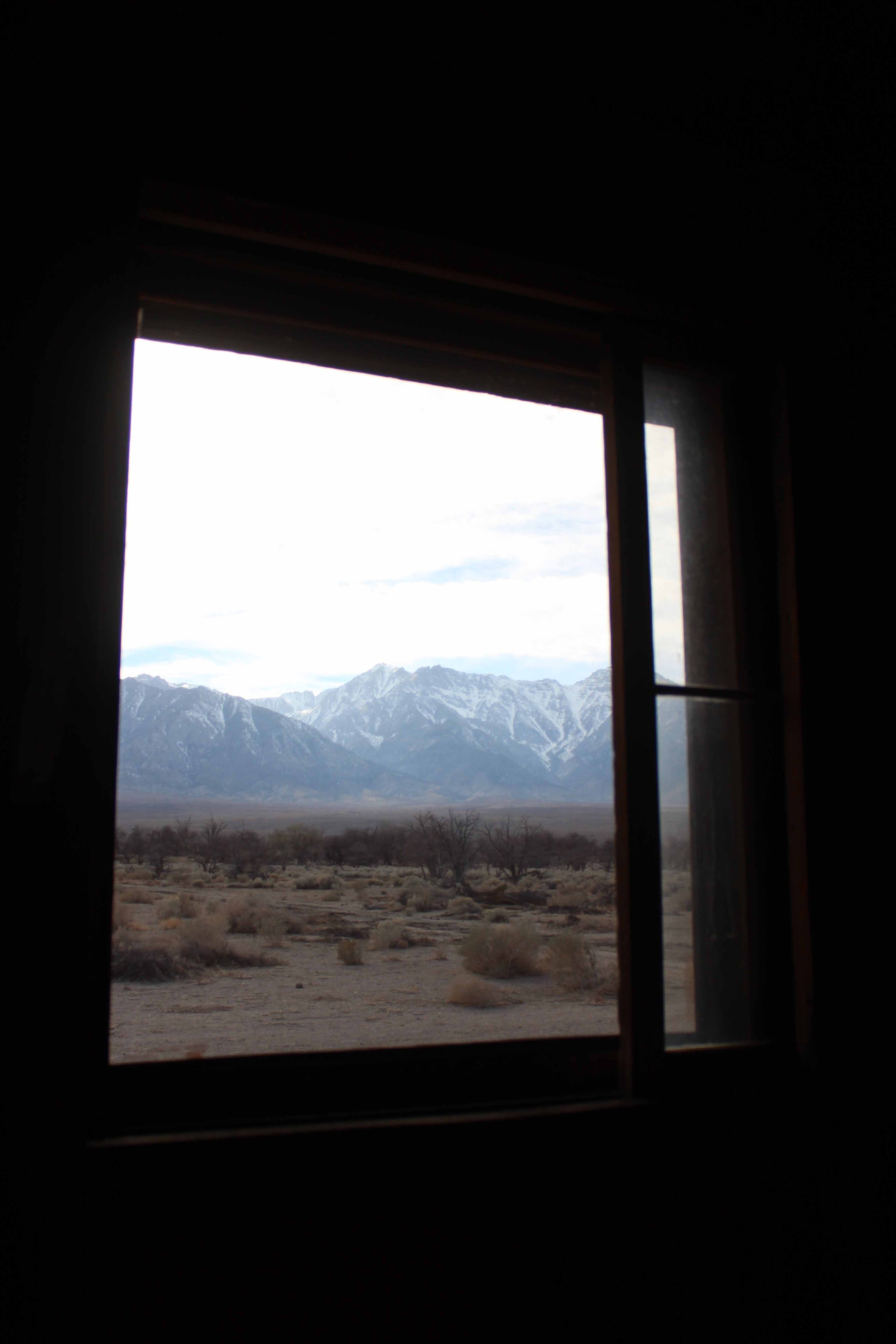
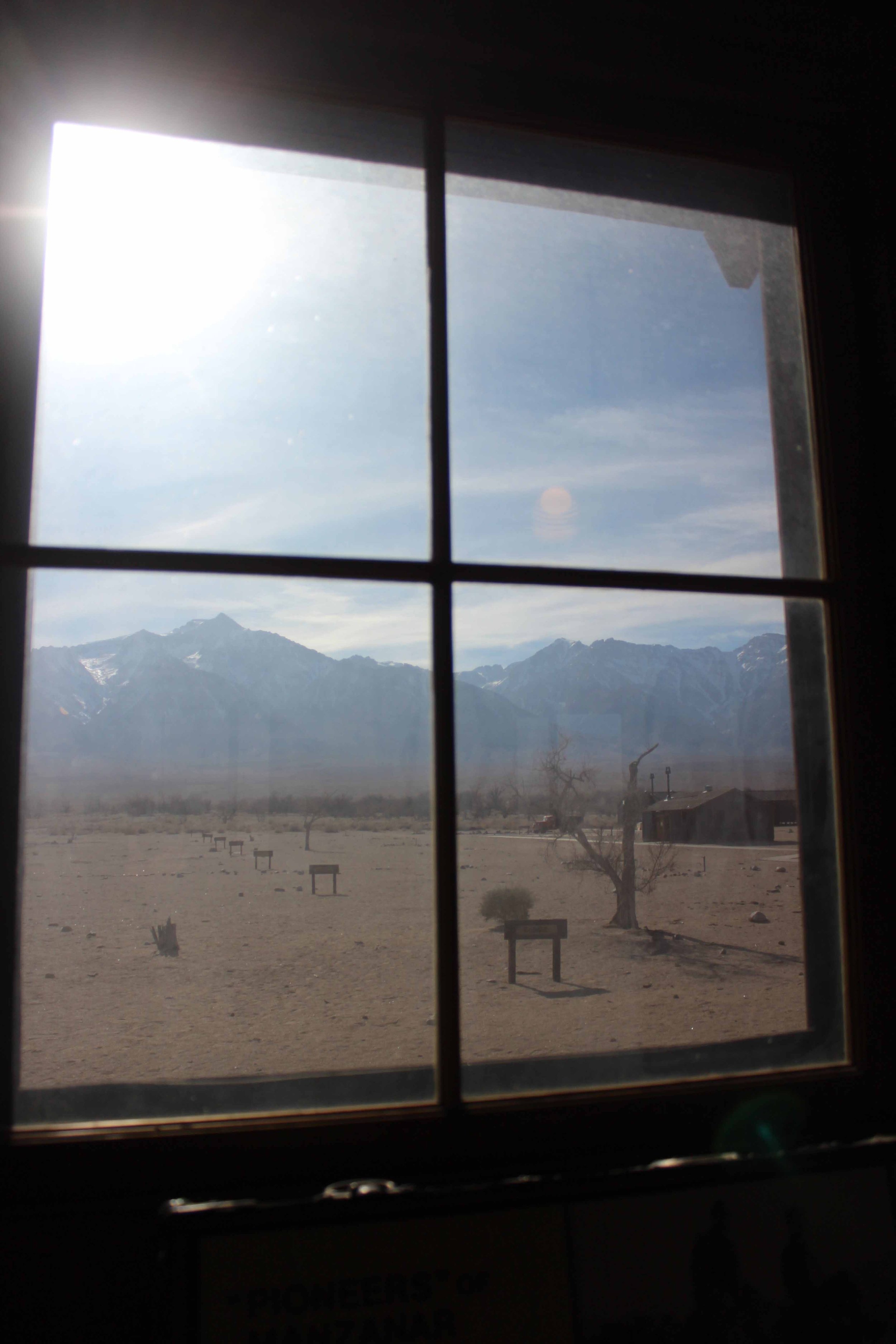
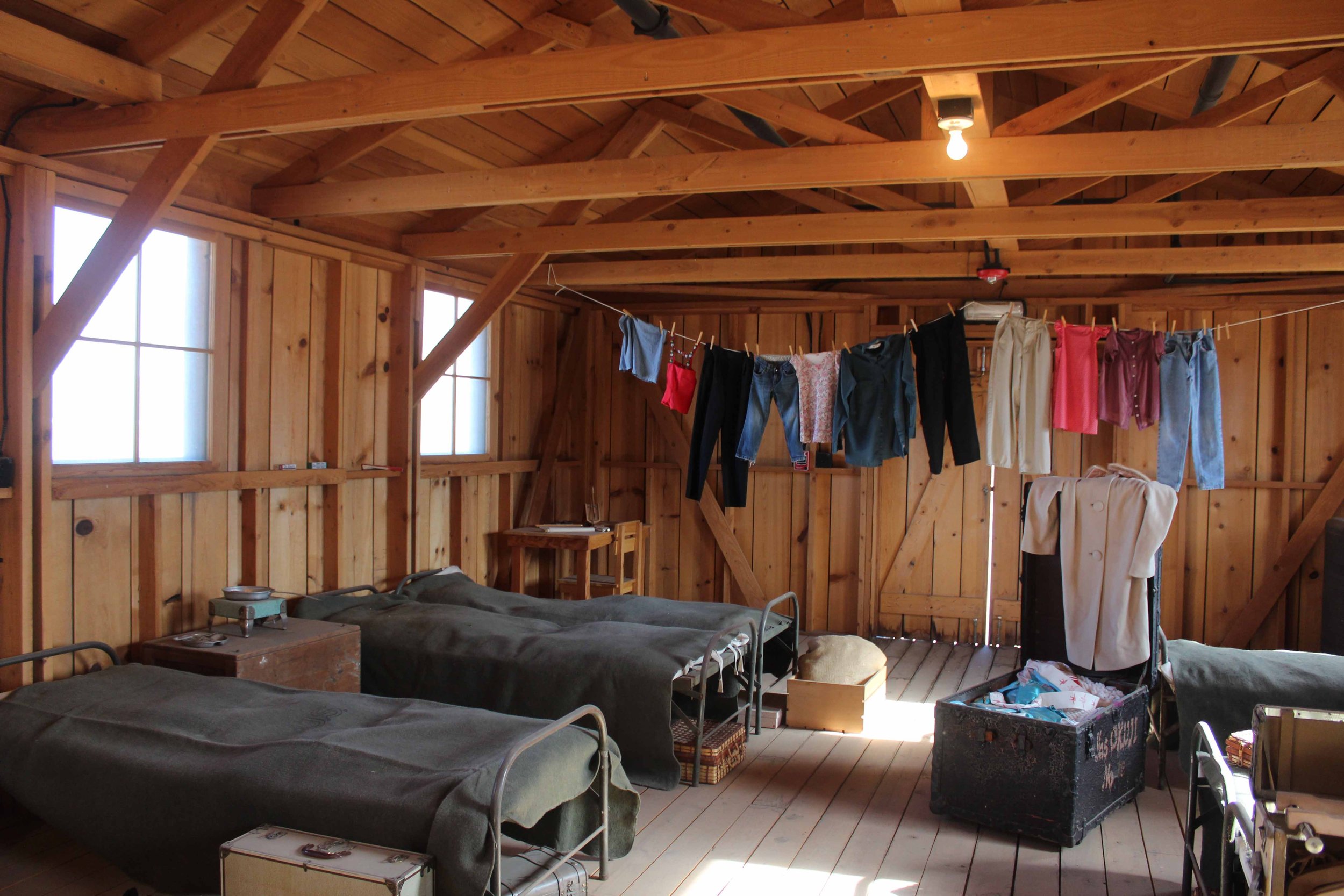
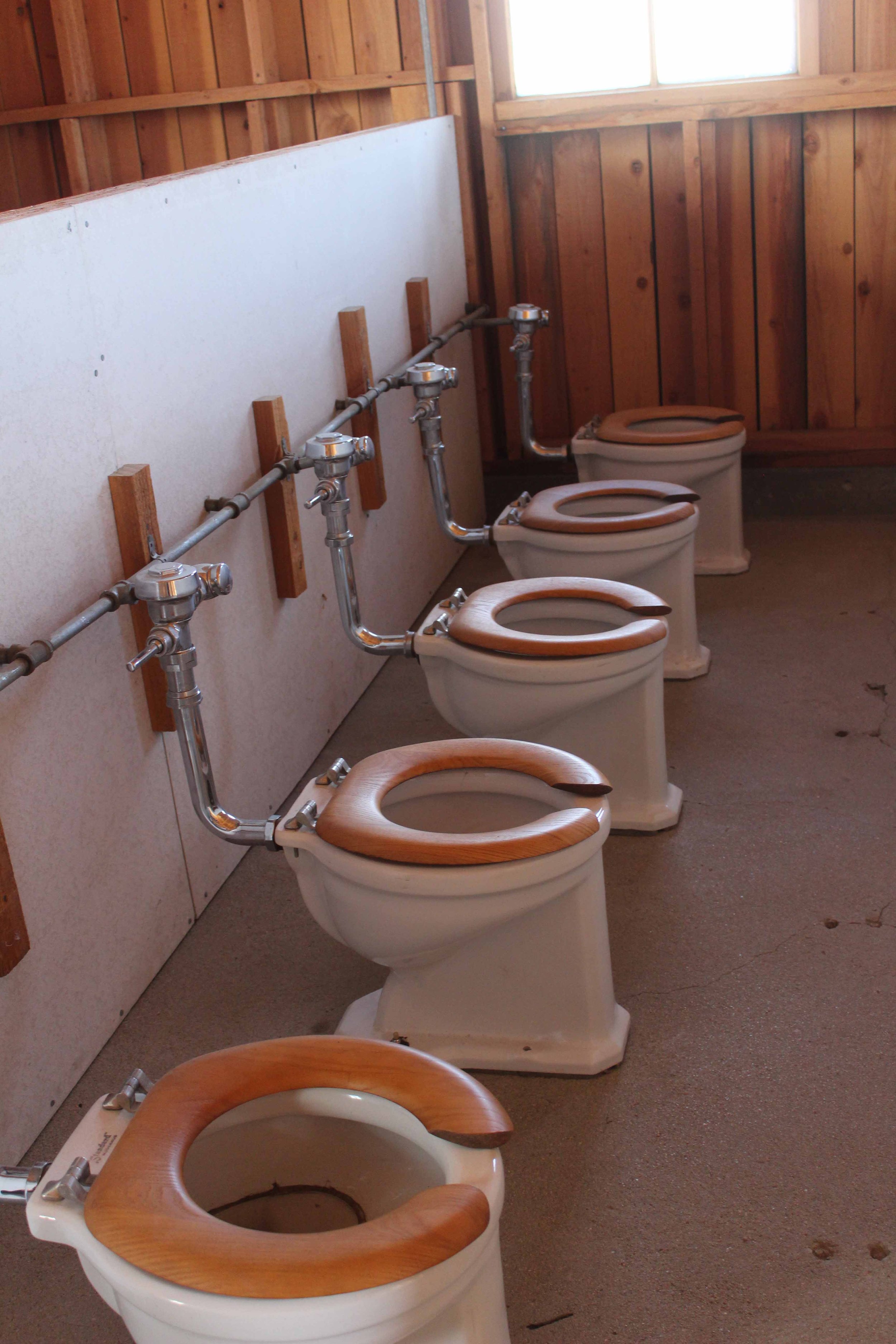
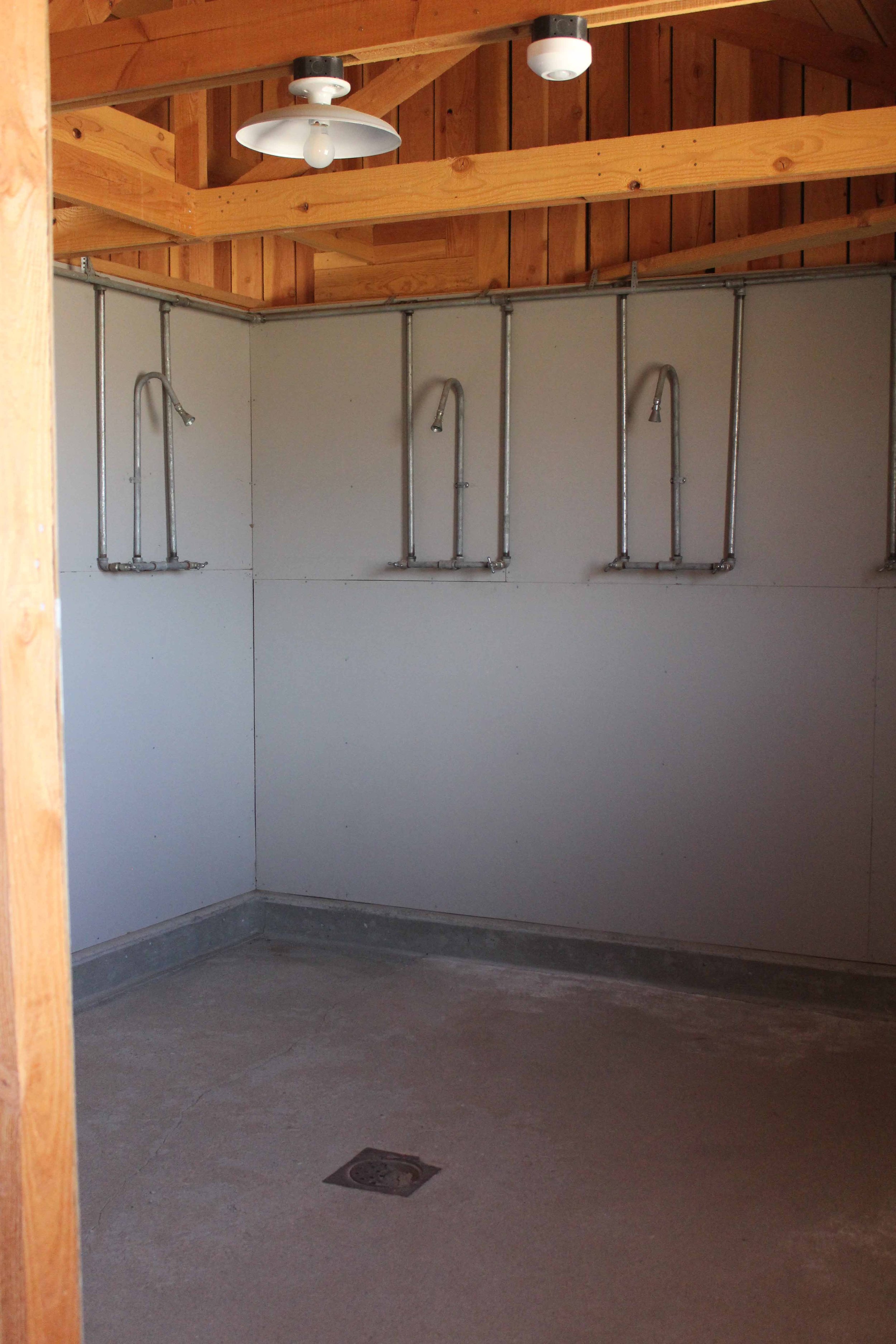
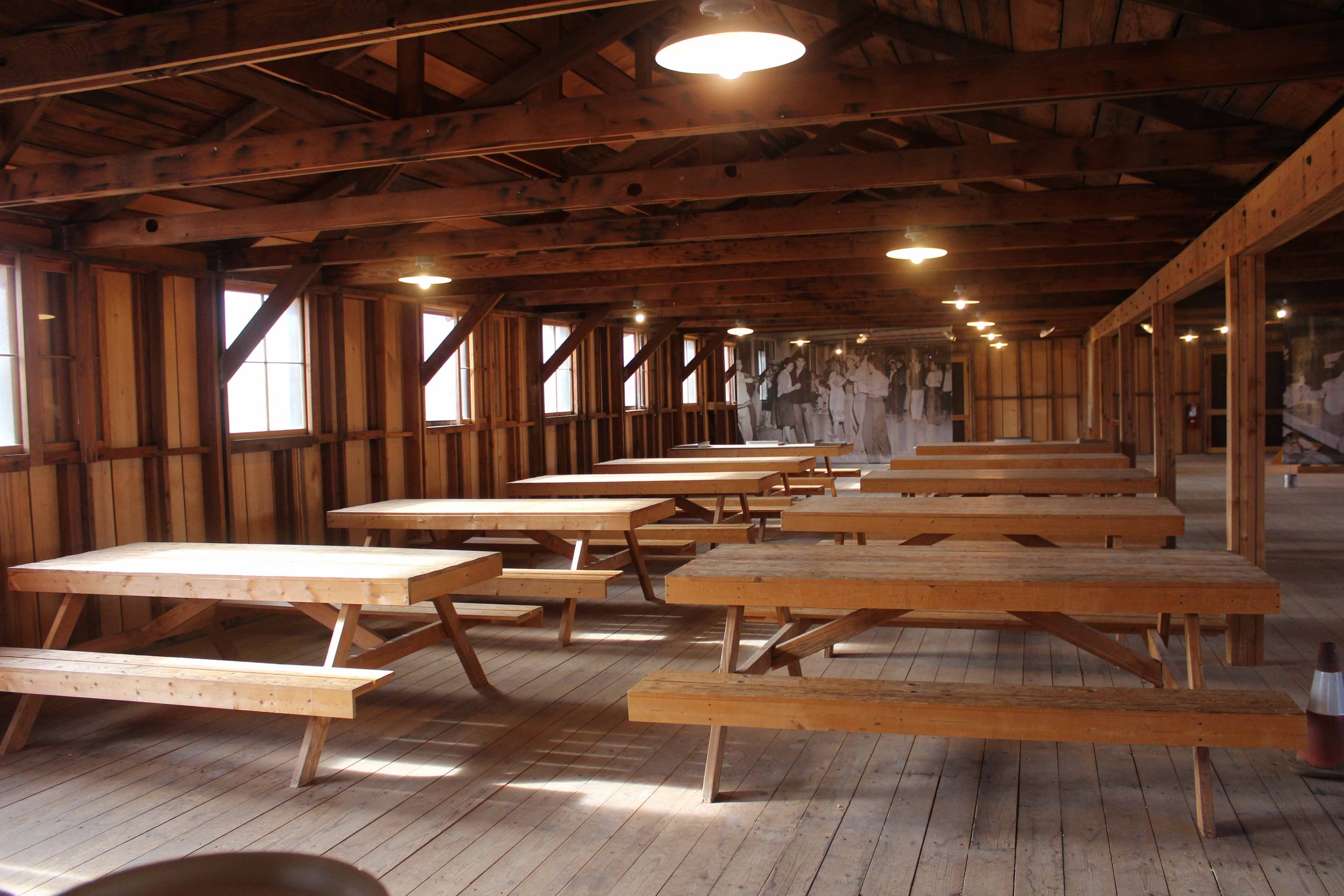
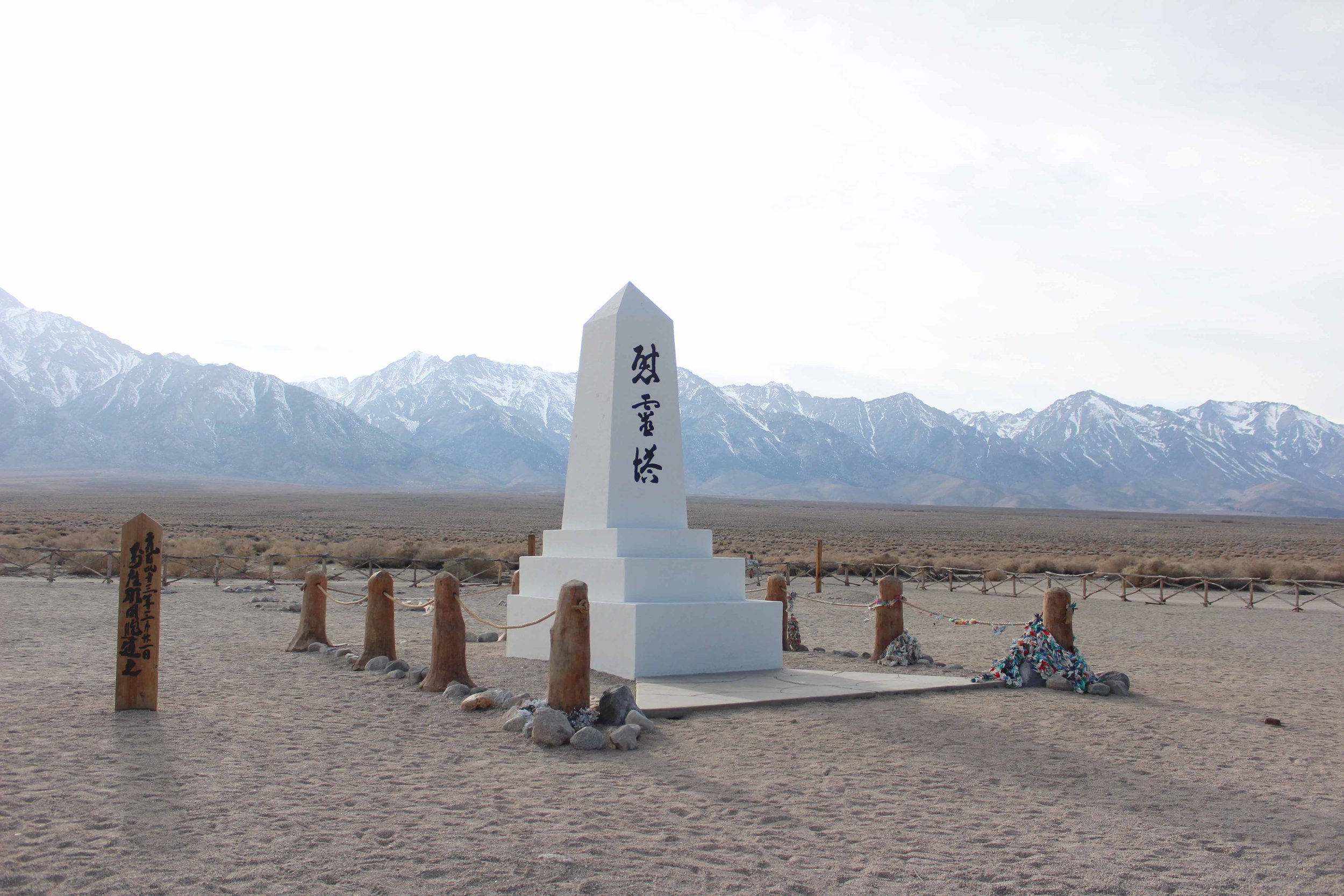
Episode 7: The Strength of the Camps
Guest: Dr. Patricia Allyn Biggs at National Park Service, Manzanar National Historic Site
Produced by Reina Higashtiani
Every year, Japanese American communities across the nation organize a pilgrimage to former WWII incarceration camp sites. One of those sites is Manzanar National Historic Site in Southern California, preserved by the National Park Service. Historian and park ranger Dr. Biggs describes the everyday lives of 10,000 people who were forced to leave their homes, and their resilience while incarcerated in barracks in the middle of the desert.
Related Resource:
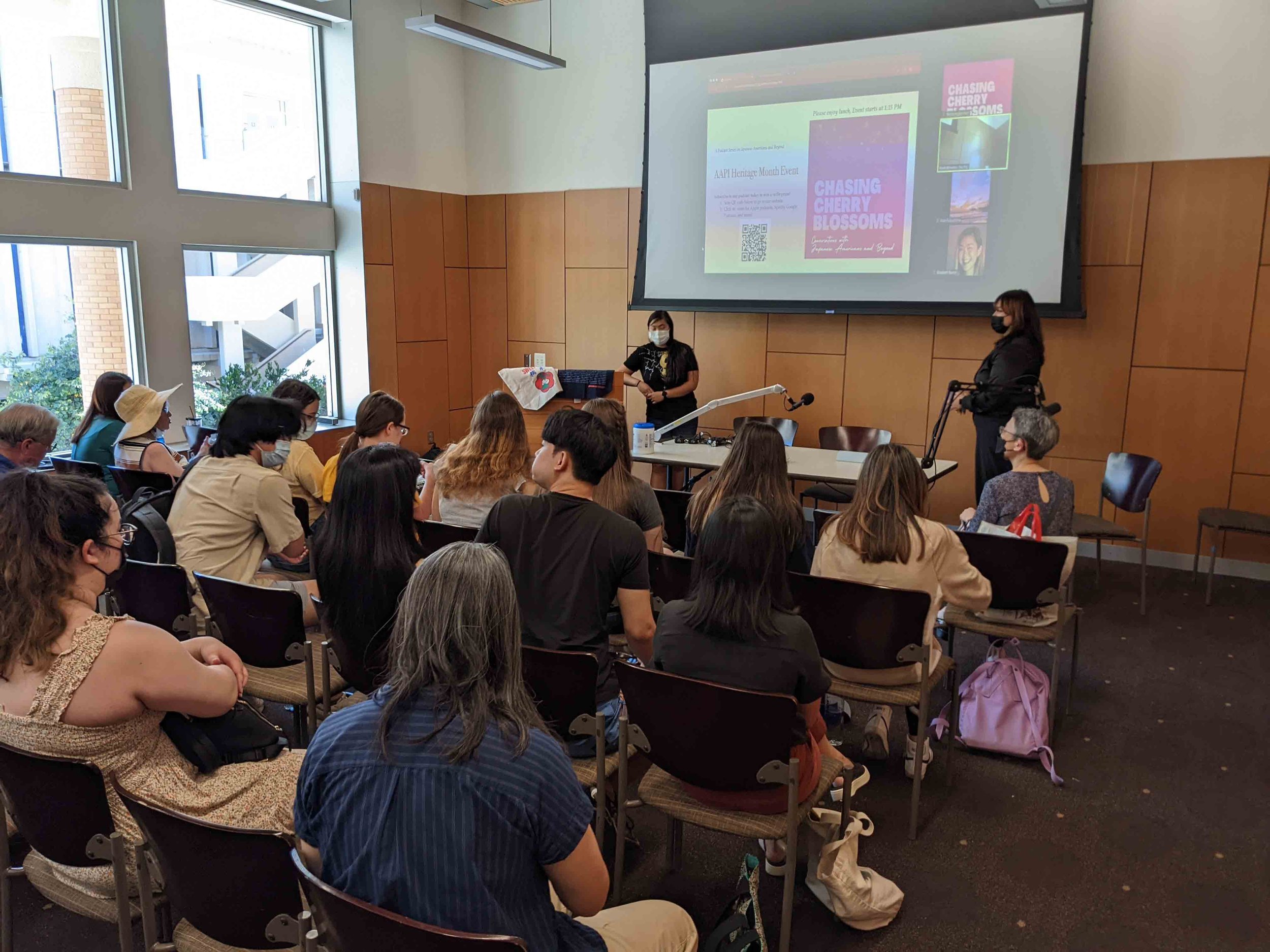
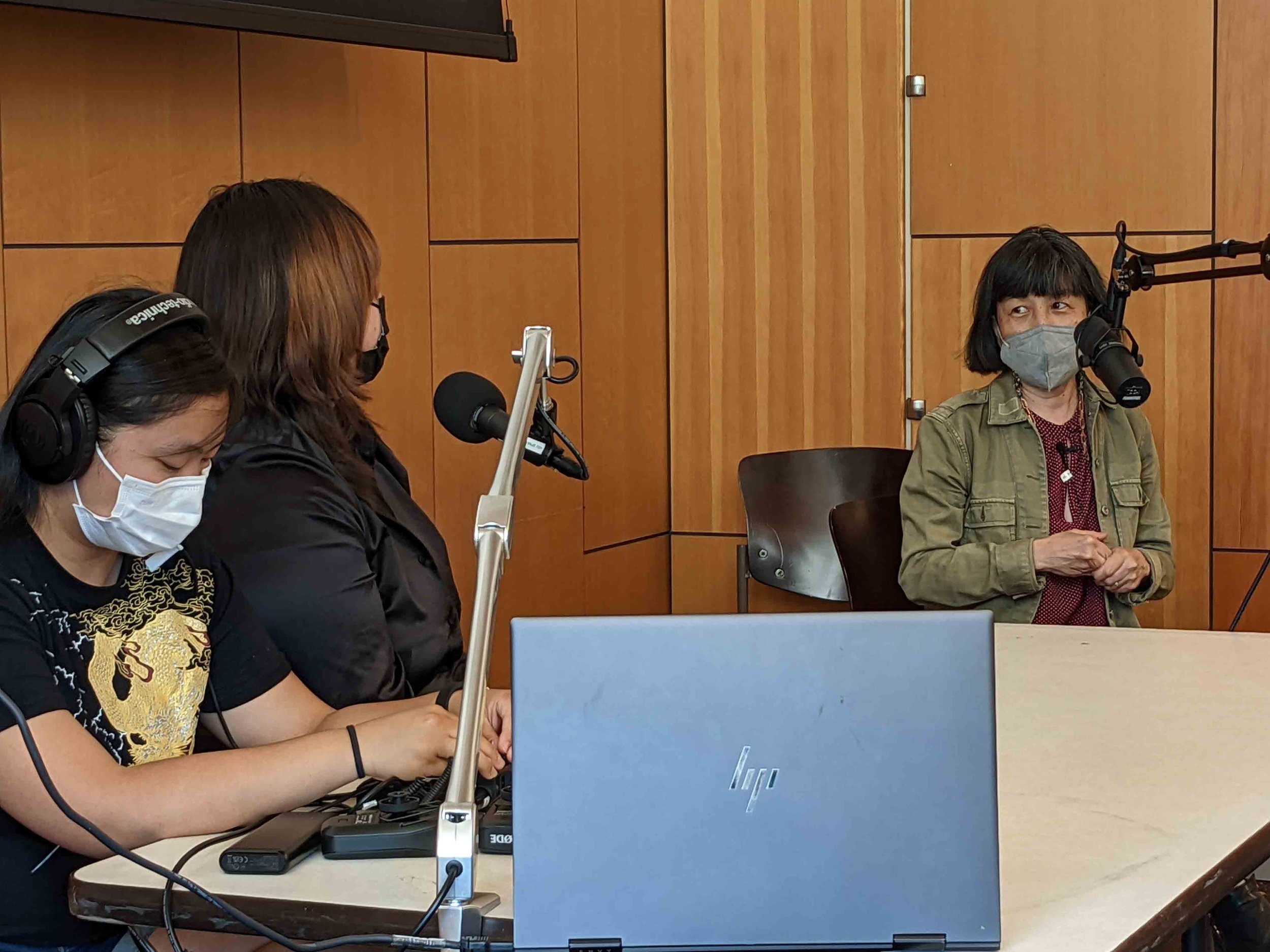
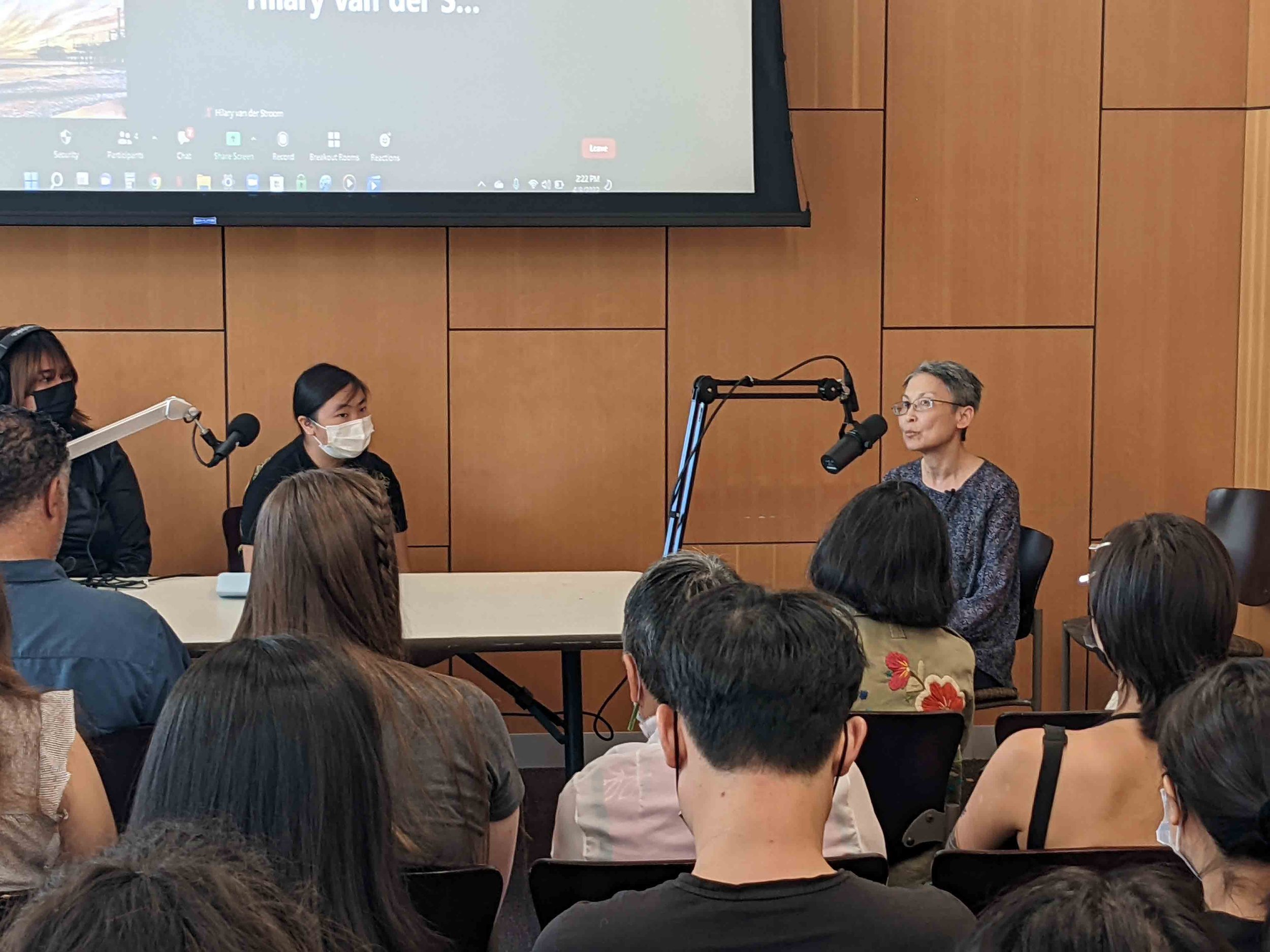
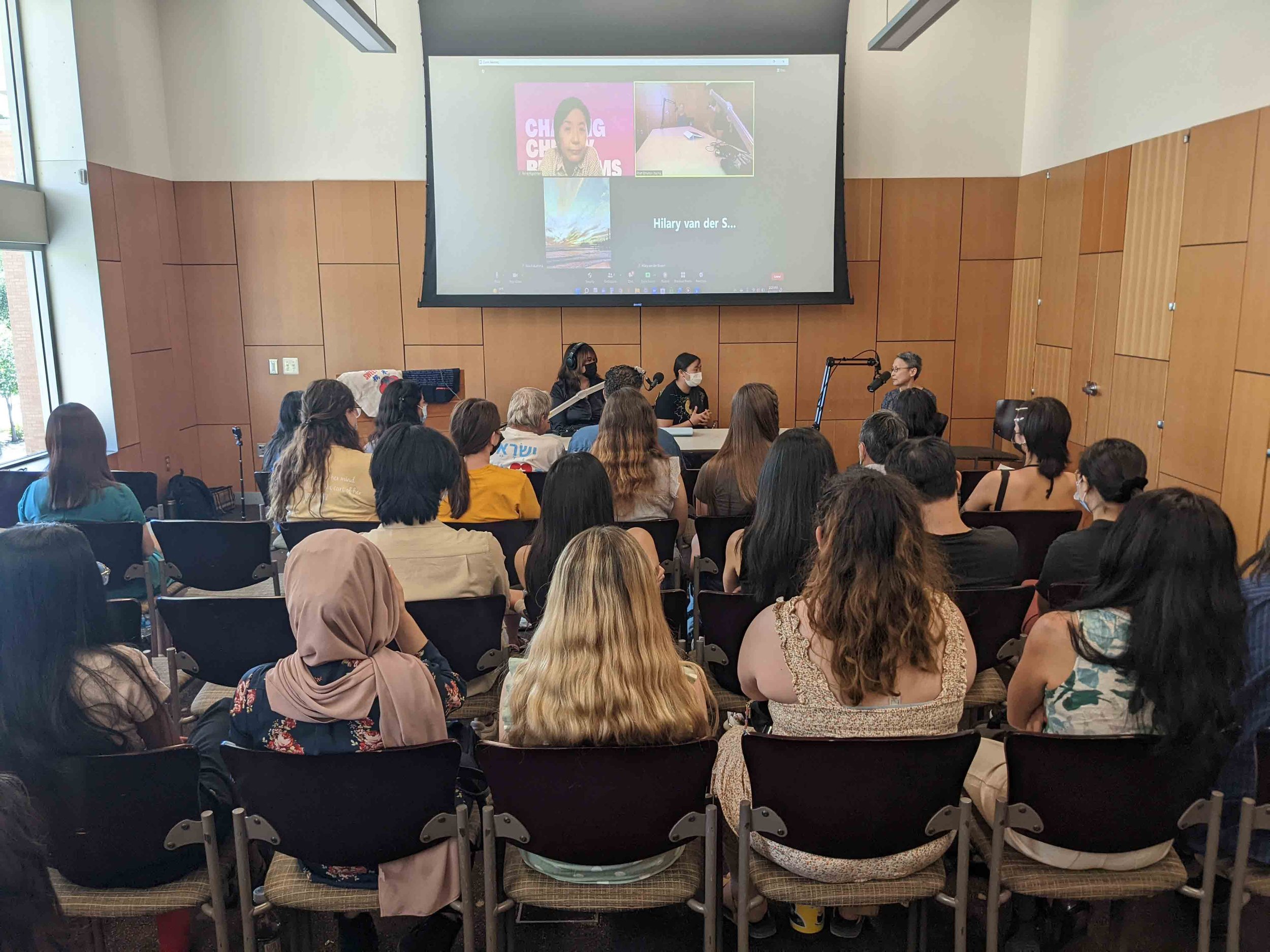
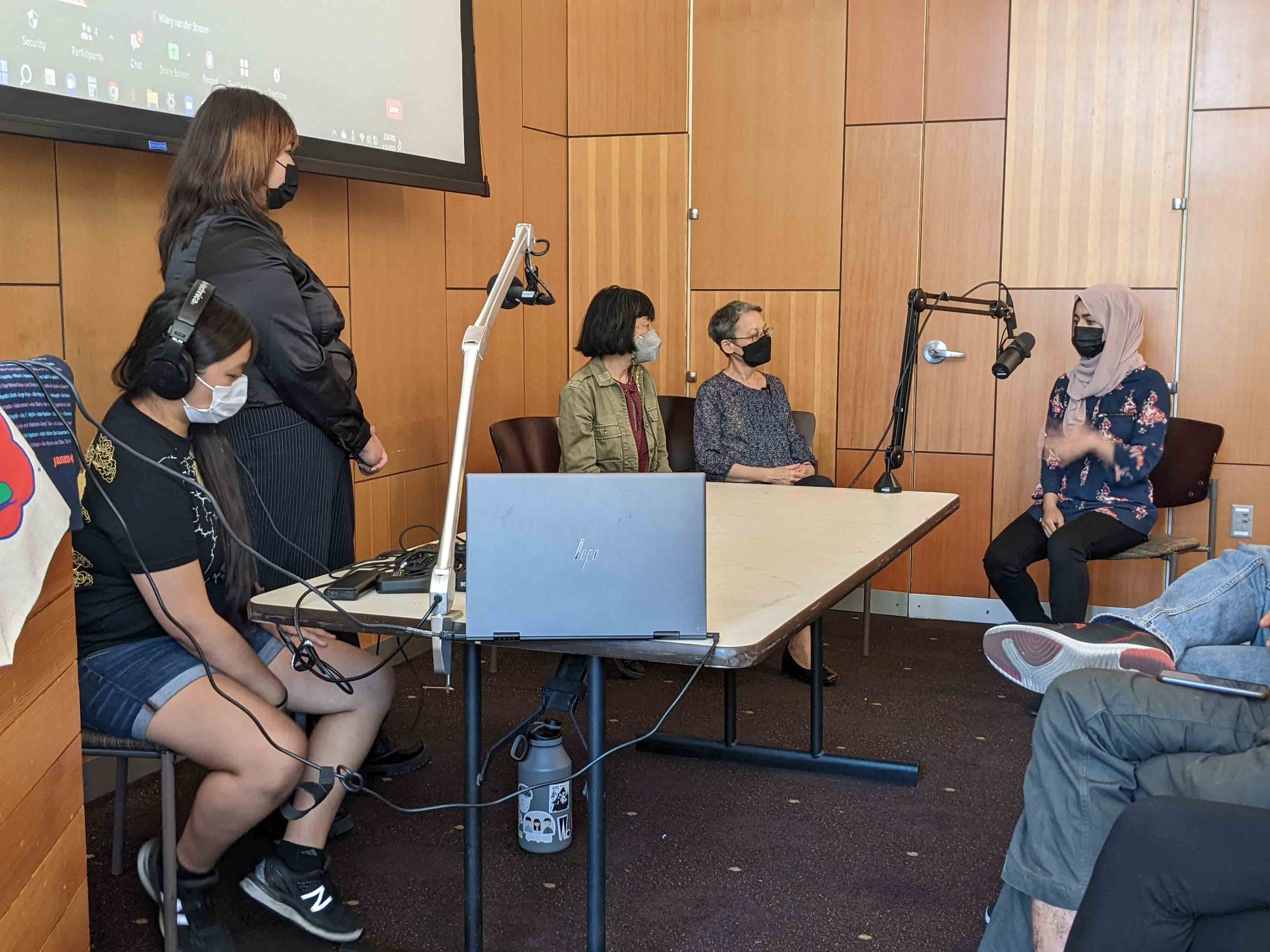
Episode 6: Being Asian American
Guests: Dr. Kathryn Nakagawa at Arizona State University and Donna Cheung at Japanese American Citizen League, Arizona Chapter
Produced by Catherine Jie Baxter and Tinnley Sawan Subsin
Cat and Tin live-record a panel discussion at Arizona State University, as part of the AAPI Heritage Month celebration in the spring of 2022. Native Arizonan Dr. Nakagawa runs the last remaining Japanese American flower shop, established by her father in the 1950s. Growing up as a child of Chinese immigrants, Donna Cheung discusses how she felt connected to Japanese Americans' experience and served as a President of the Japanese American Citizen League, Arizona Chapter. They also answered questions from students from various backgrounds.
Related Resource:
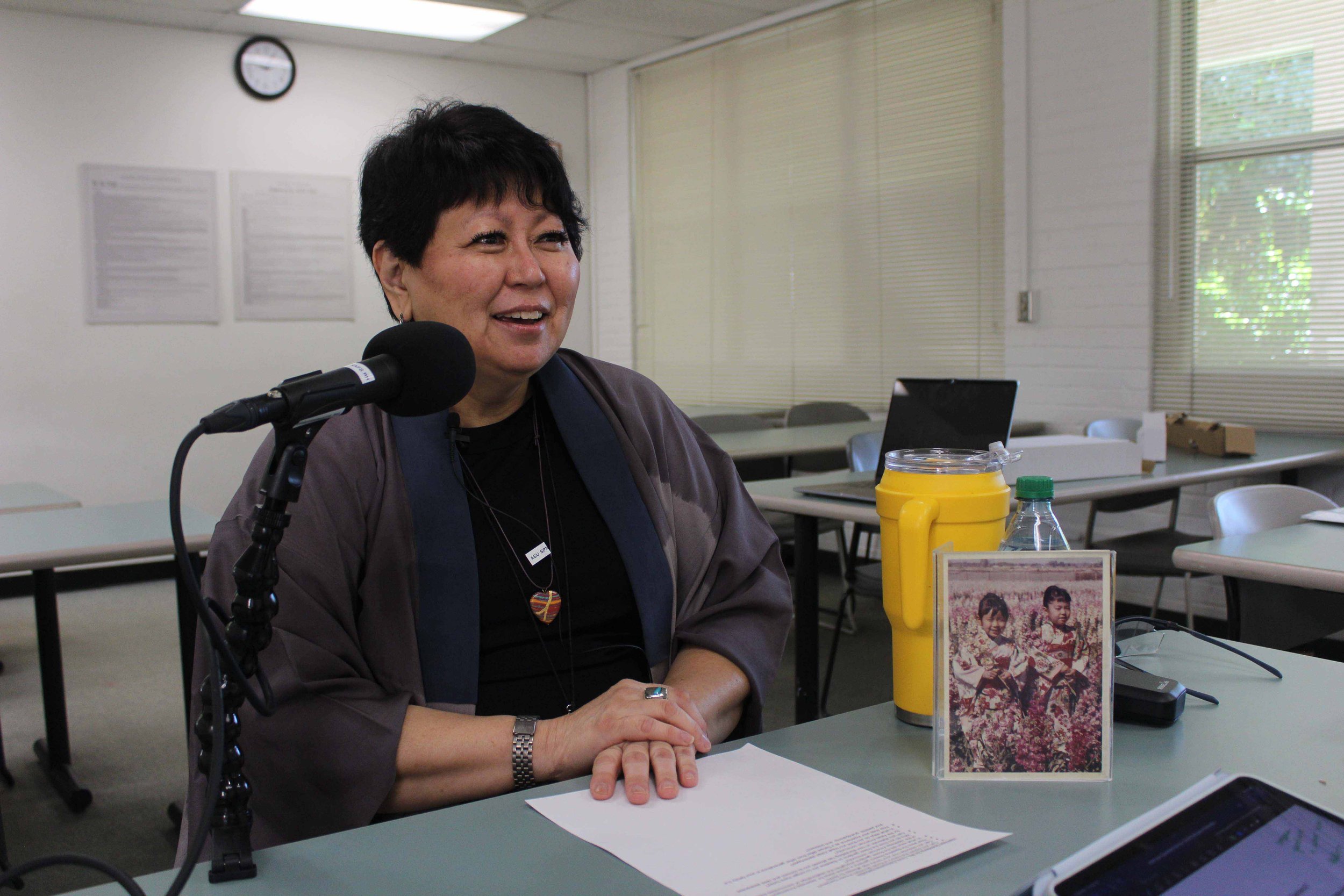
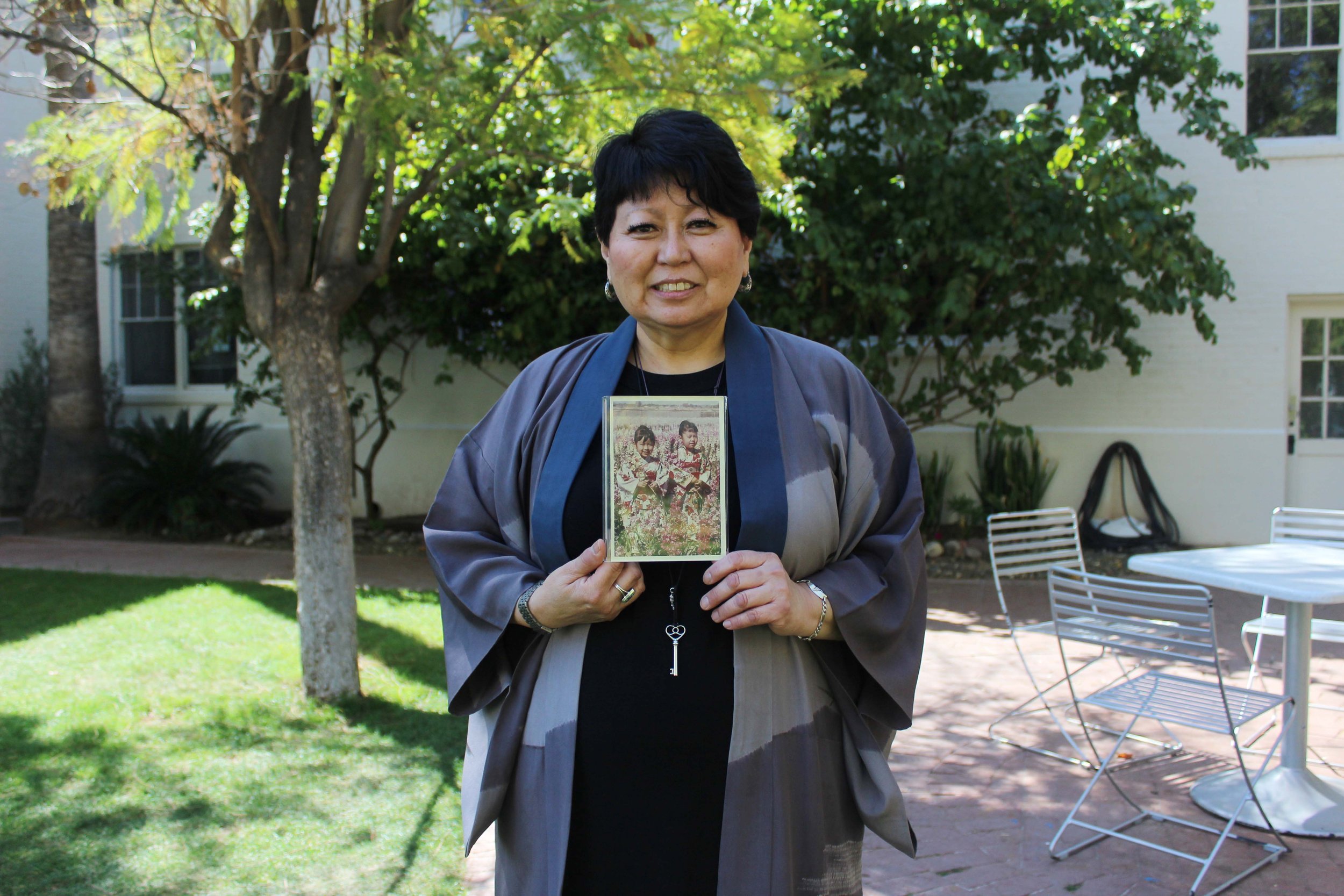
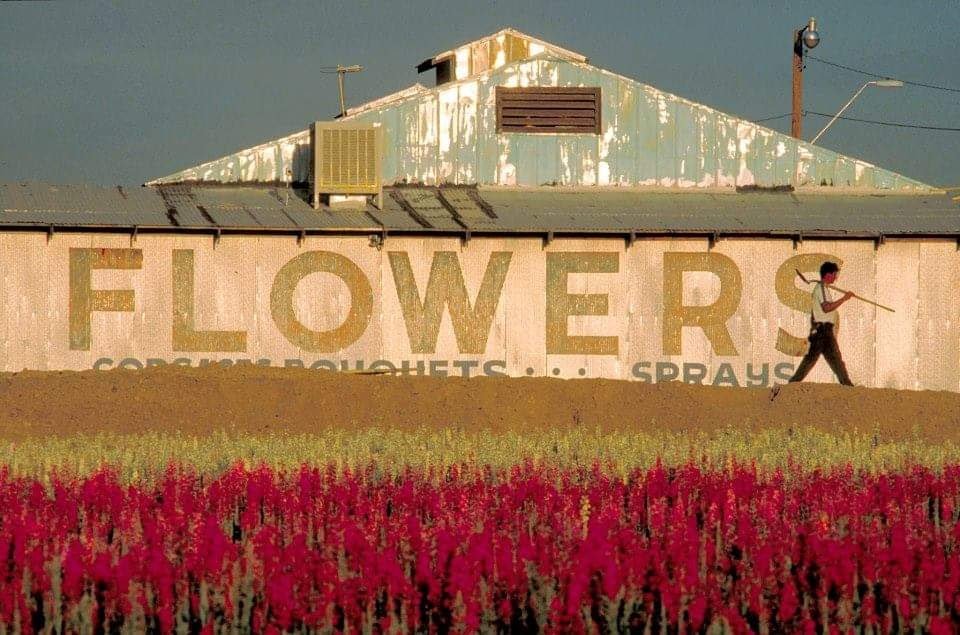
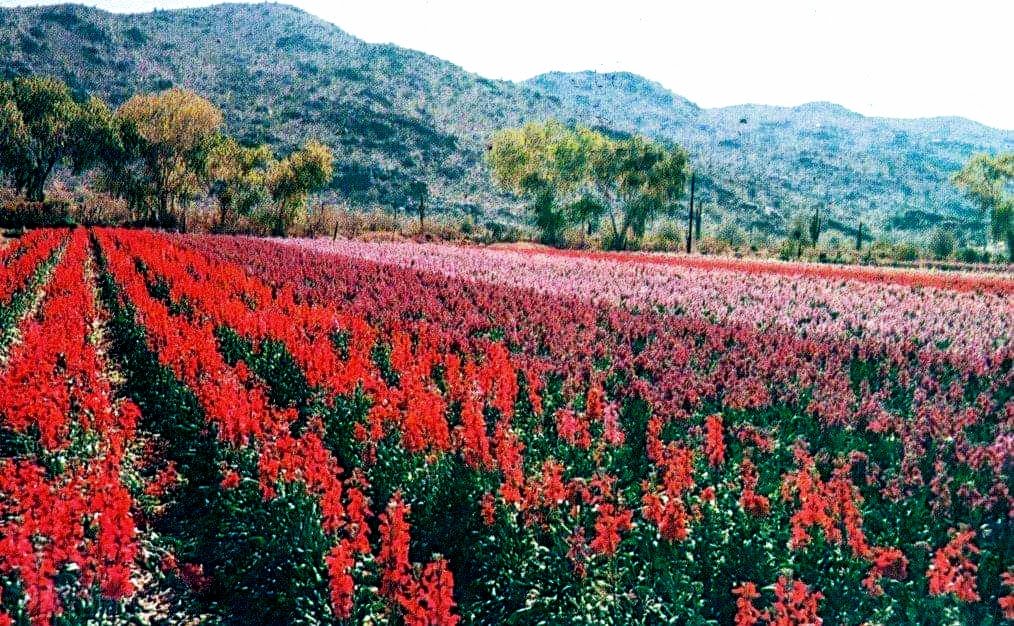
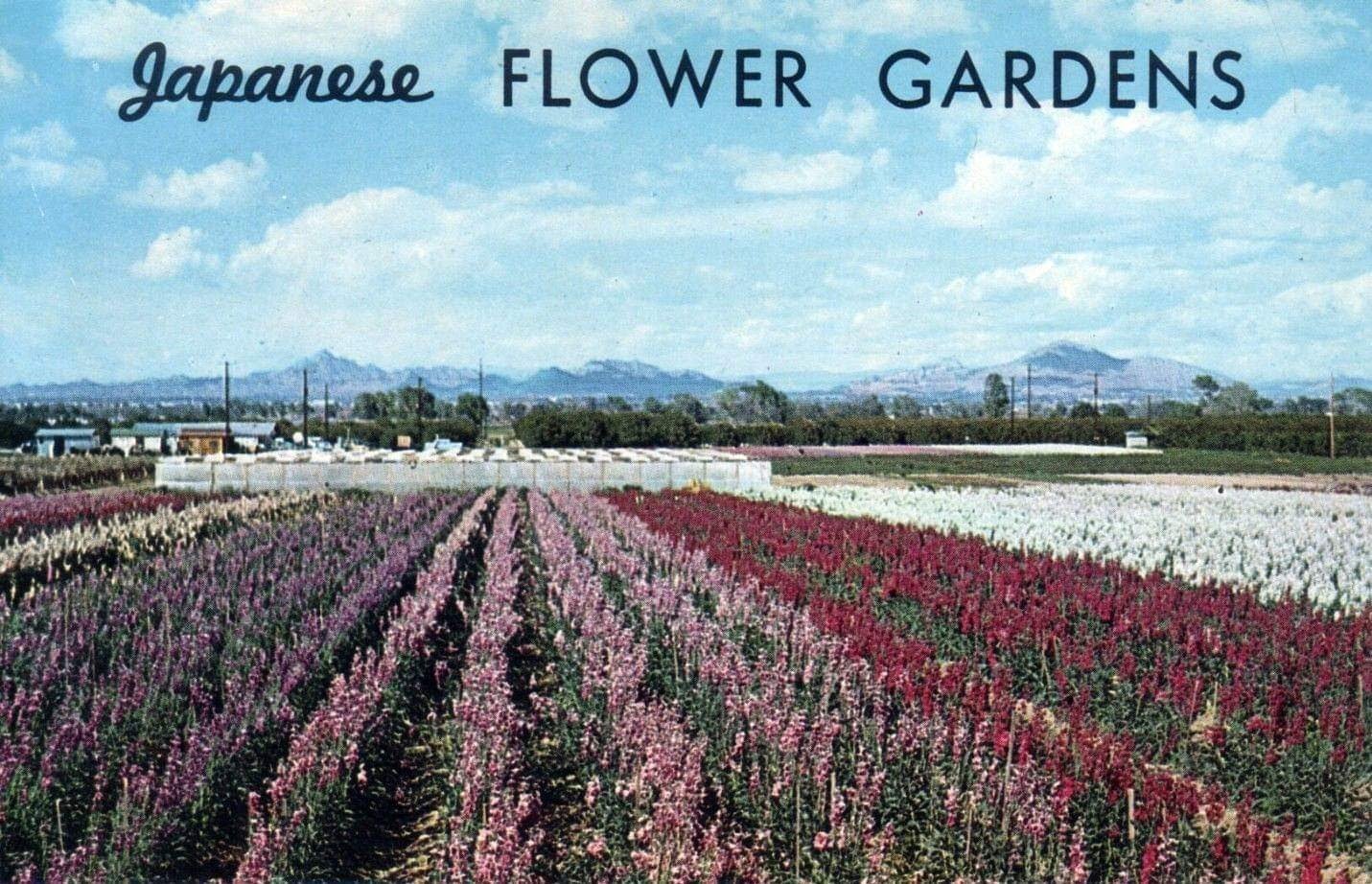
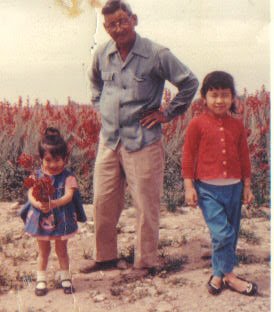
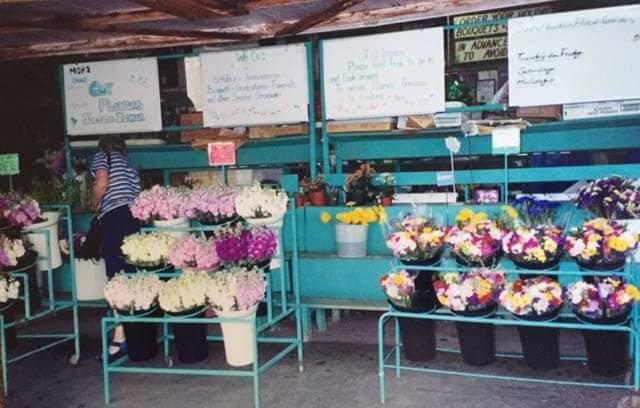
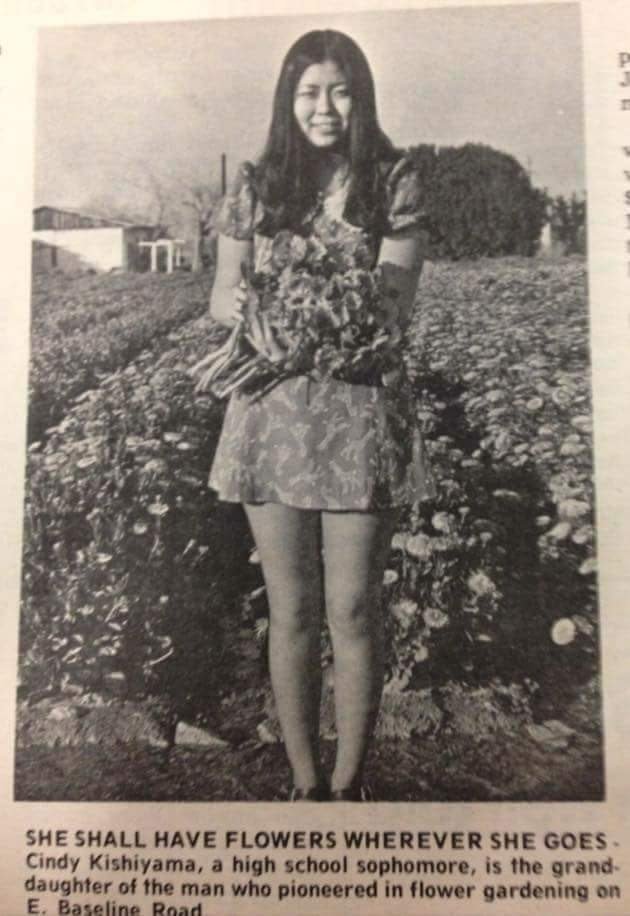
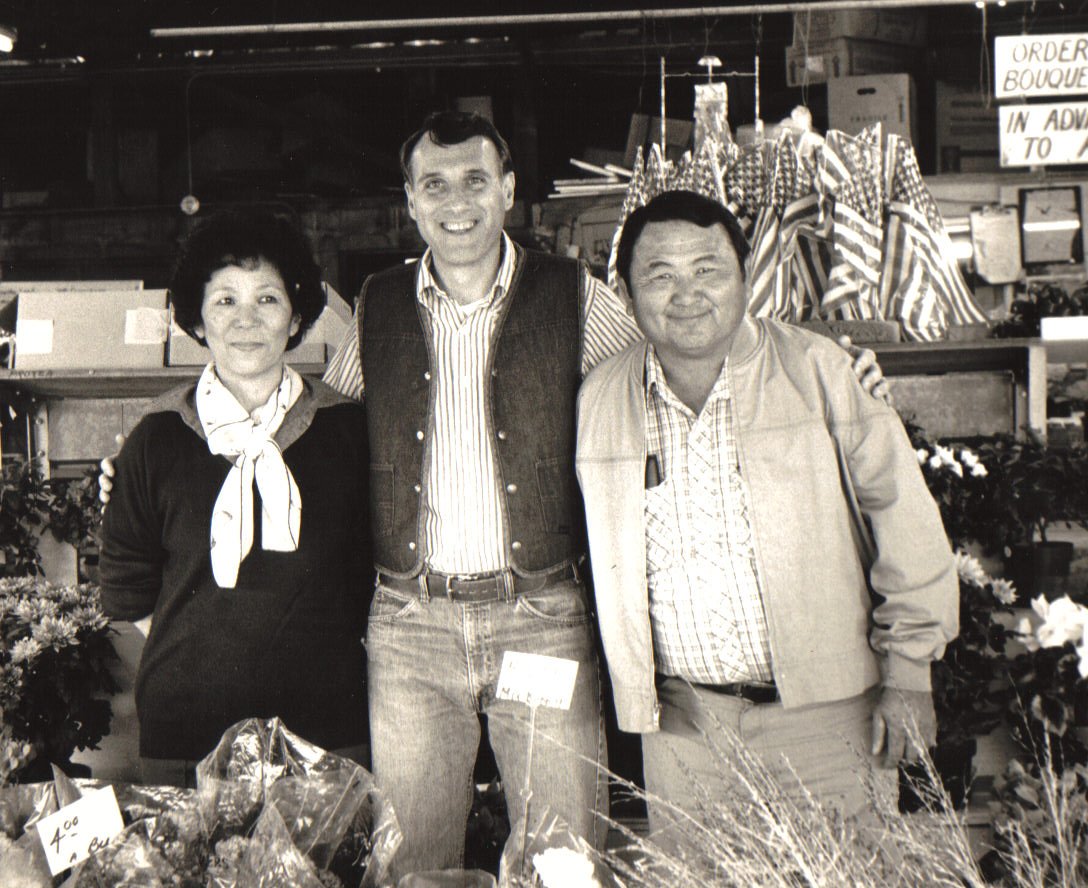
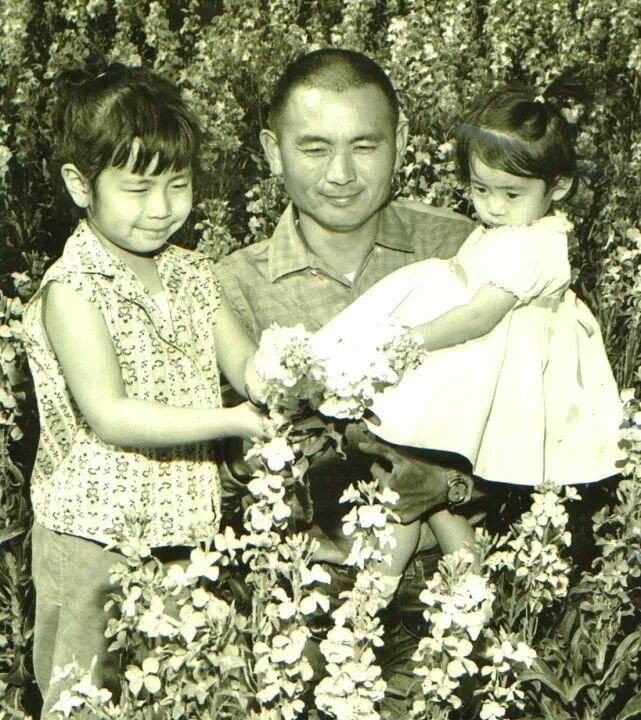
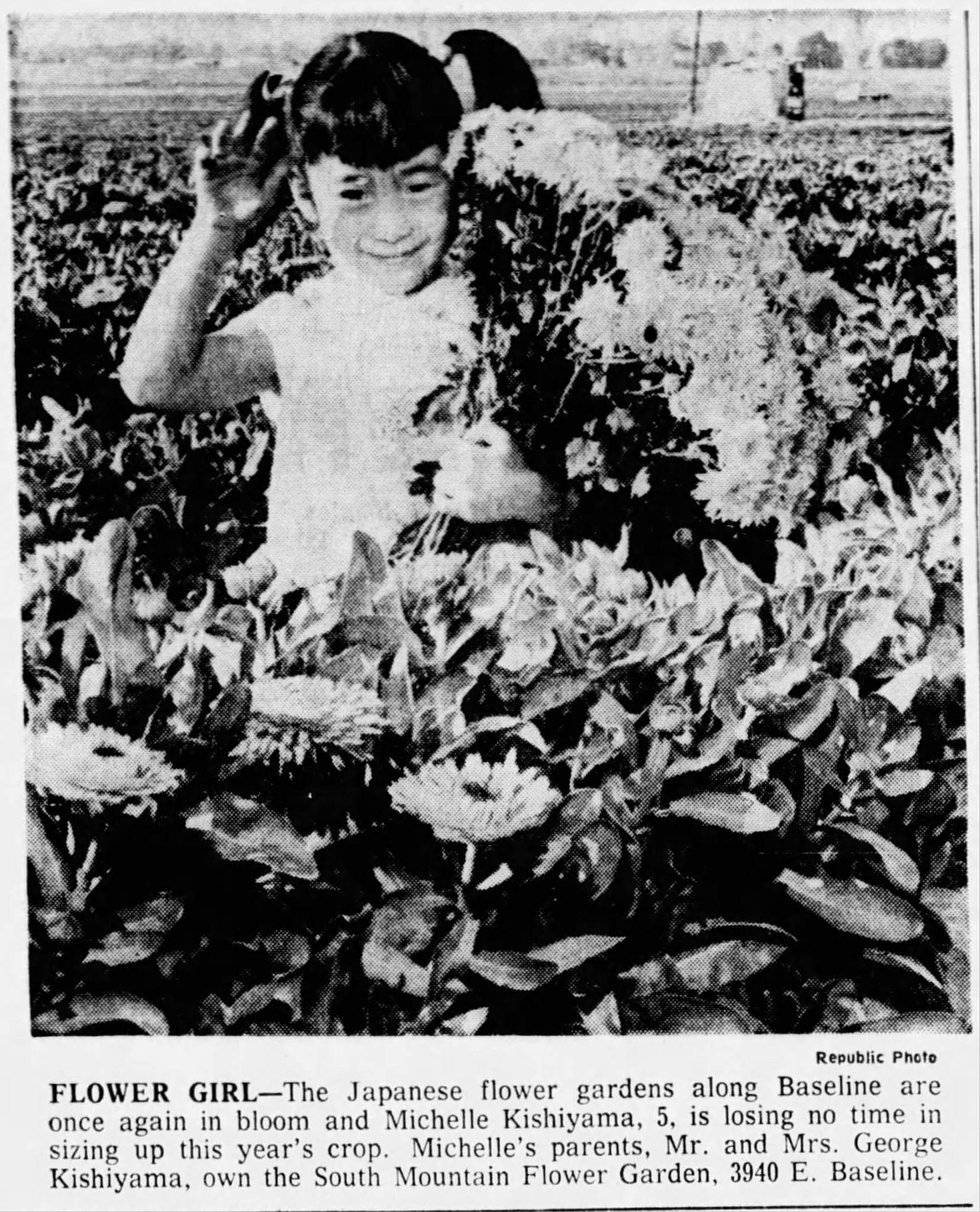
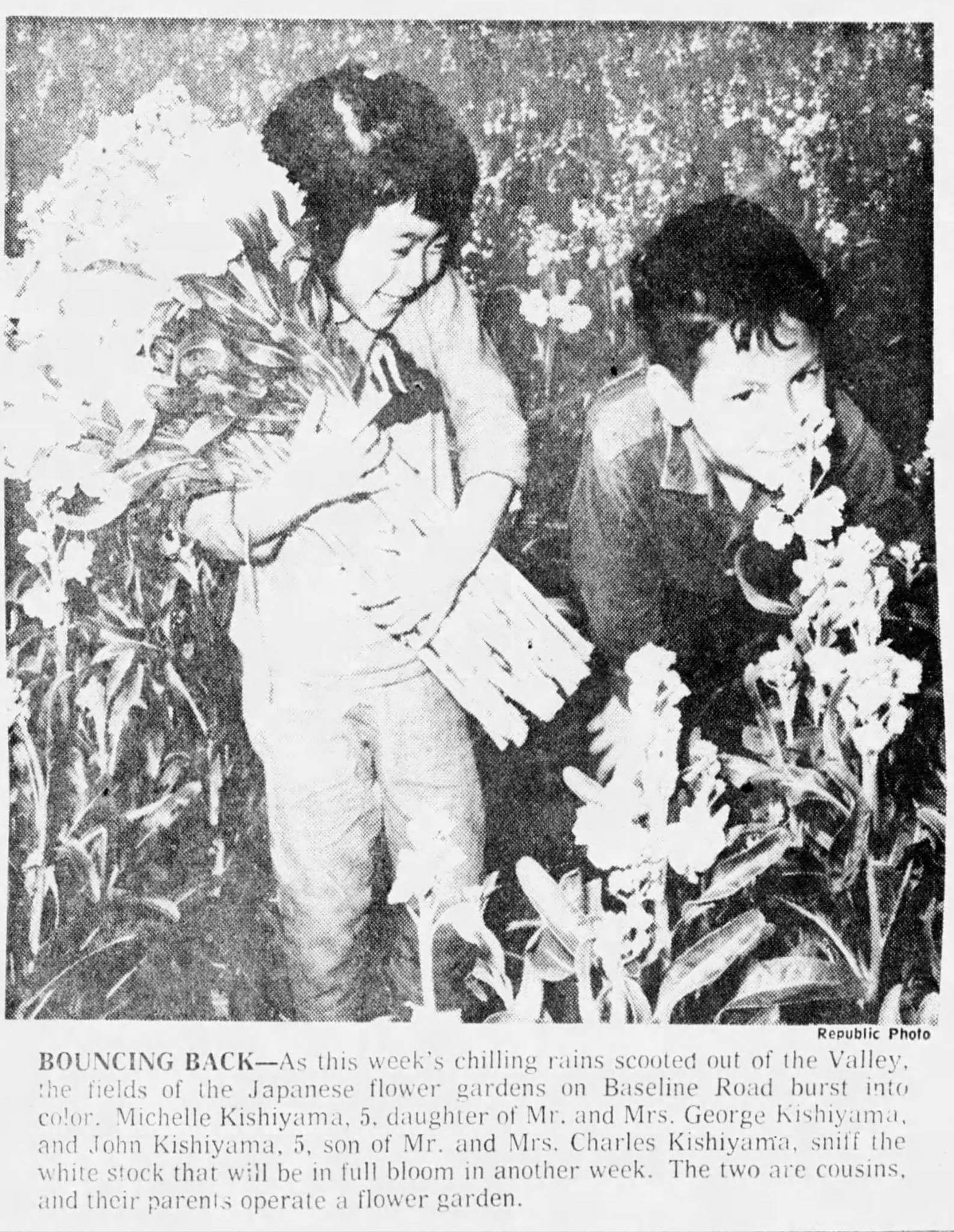
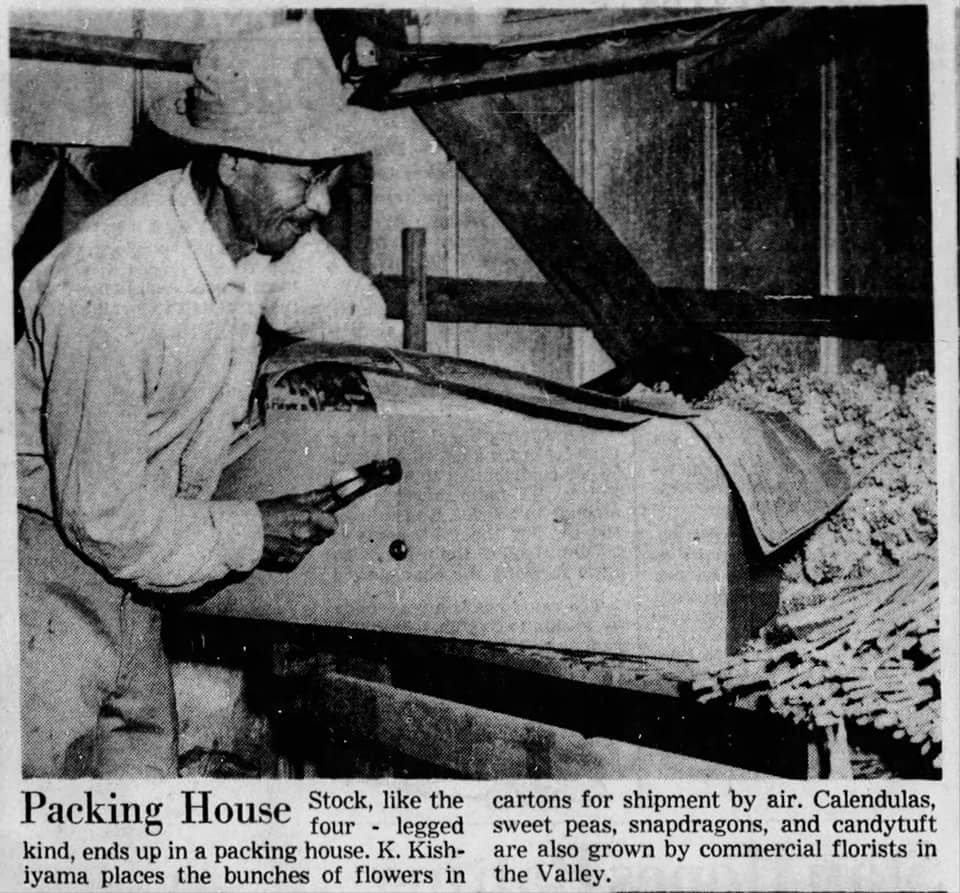
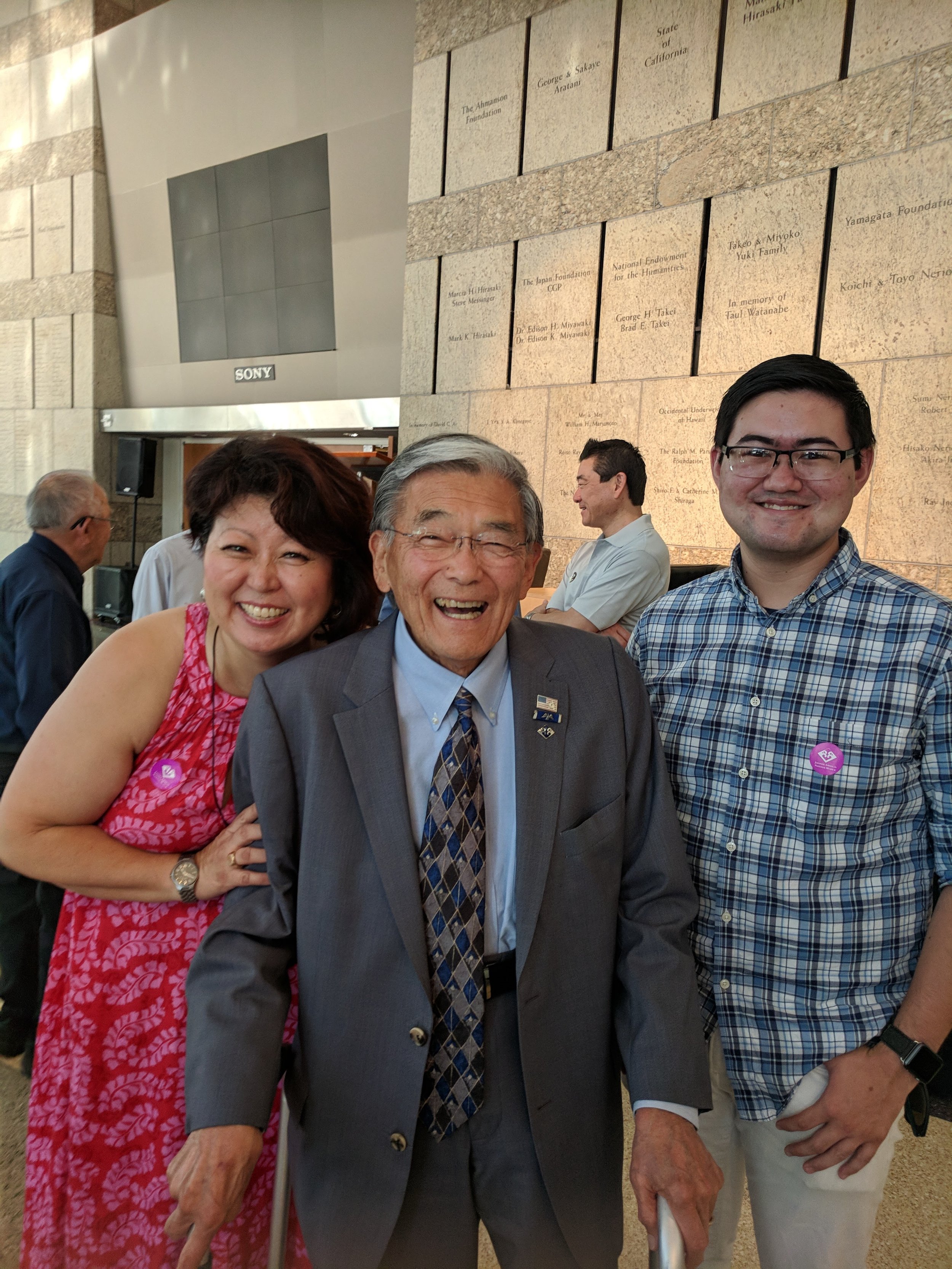
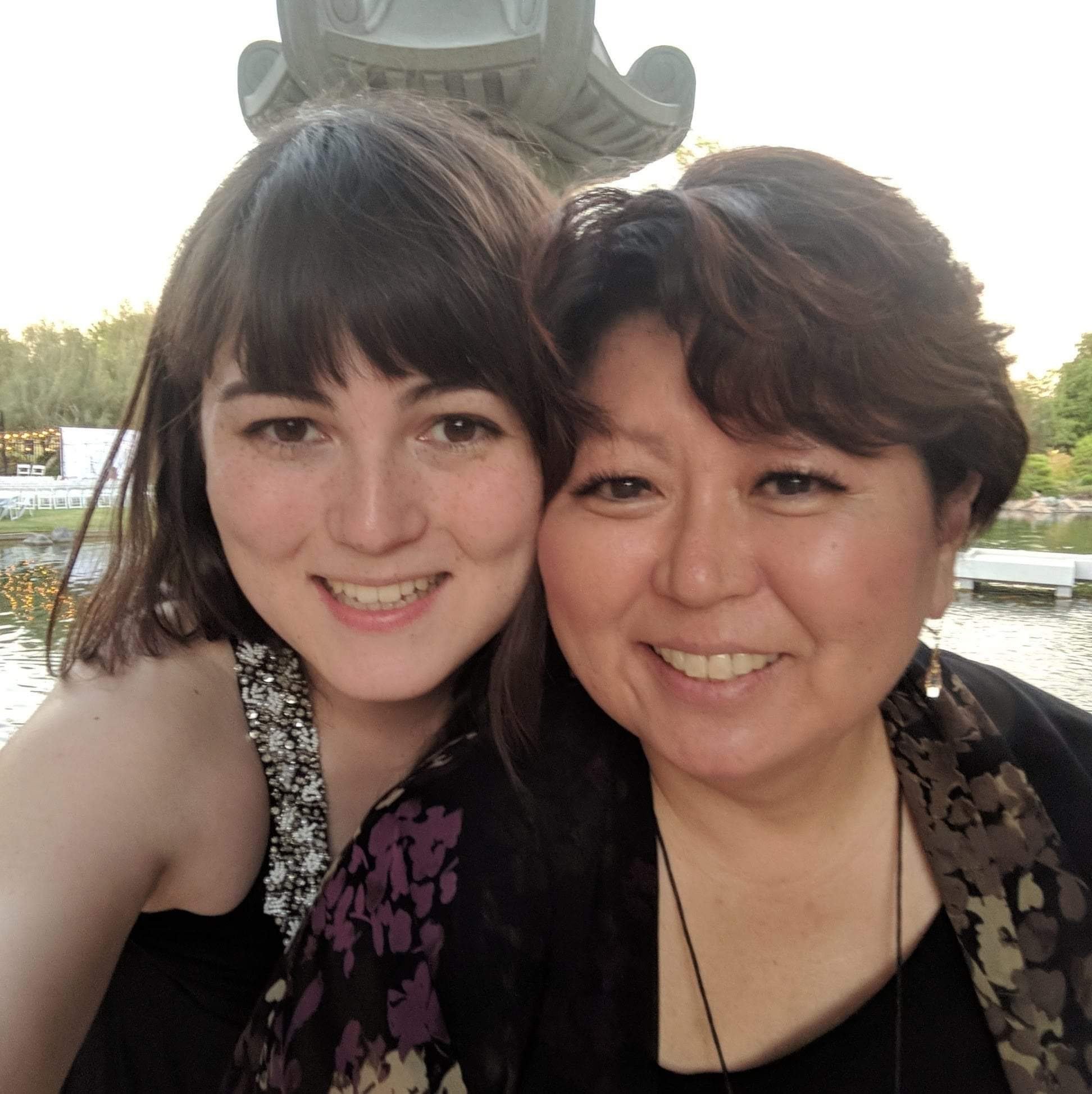
Episode 5: Proud To Be Me
Guest: Cindi Kishiyama Harbottle at Japanese American Citizen League, Arizona Chapter
Produced by Tinnley Sawan Subsin
In the 1960s and ’70s, people used to travel long distances to see the Baseline Flower Fields in Phoenix, Arizona. Tin returns home and talks to Cindi Kishiyama-Harbottle at the Japanese American Citizen’s League Arizona Chapter. Cindi talks about how her family were early settlers in Arizona, and one of the first families to grow flowers at the legendary Japanese Flower Gardens on Baseline Road. Cindi tells stories of growing up at the flower shop her parents ran, as well as how she overcame struggles with finding her Asian-American identity.
Related Resource:
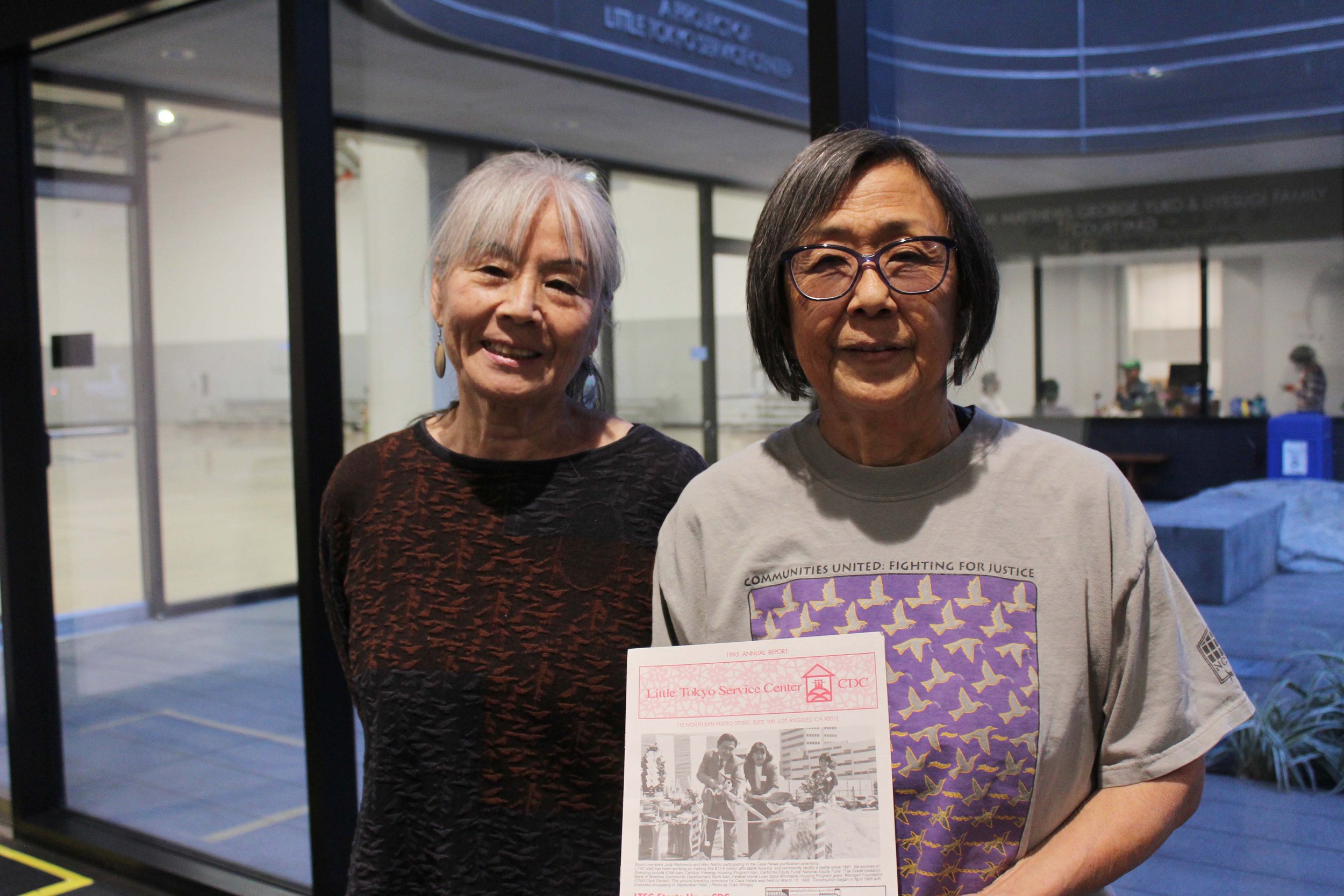
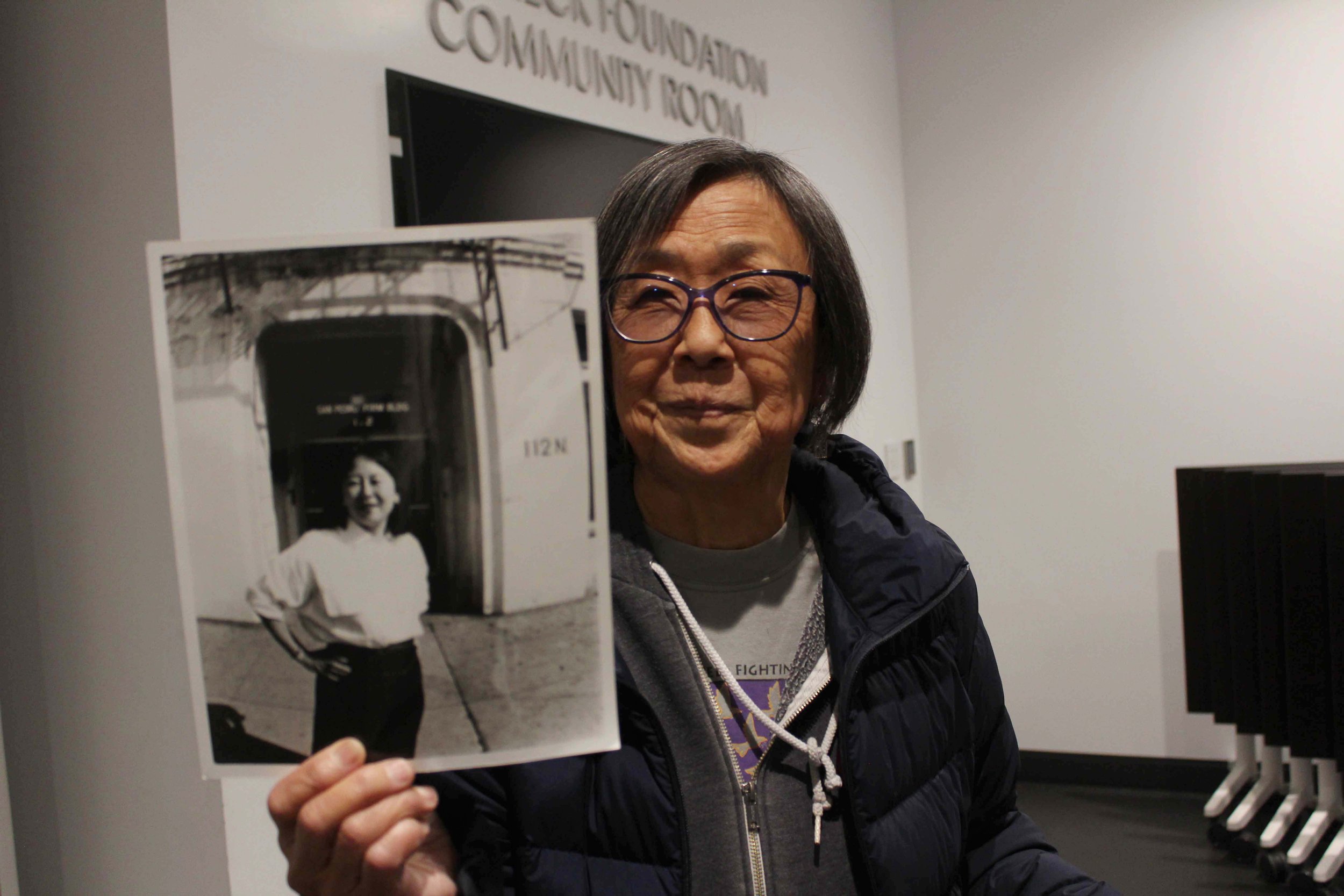
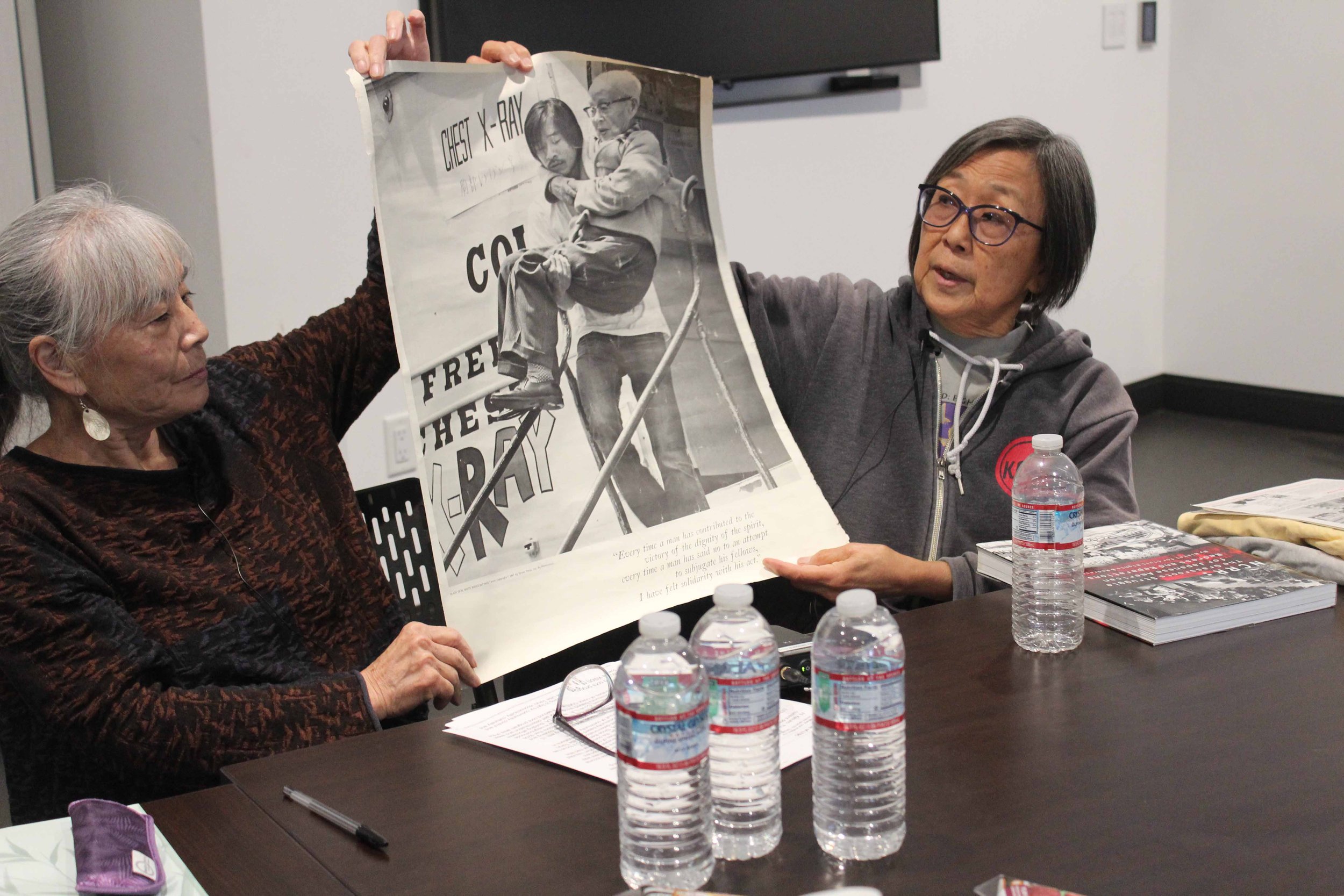
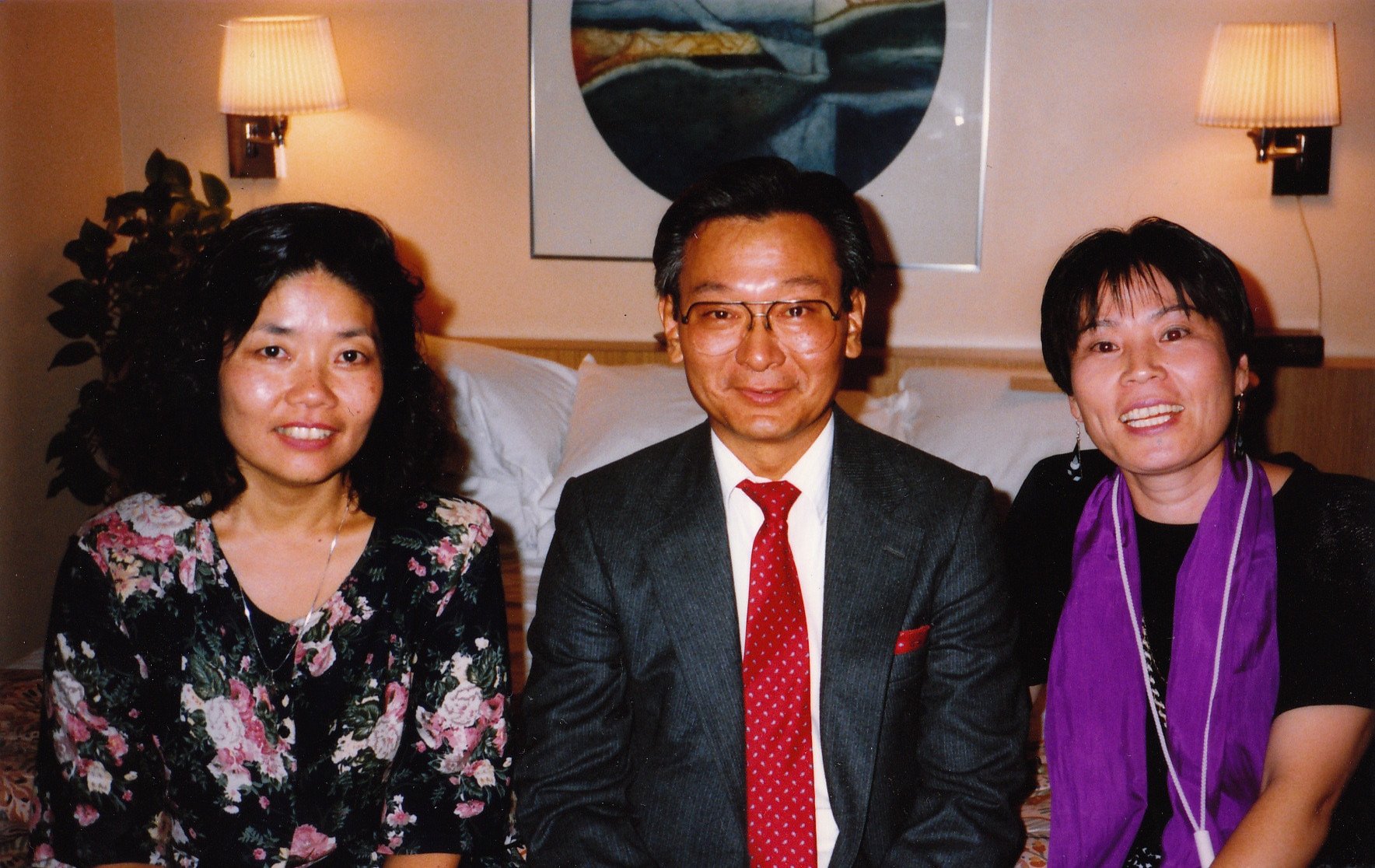
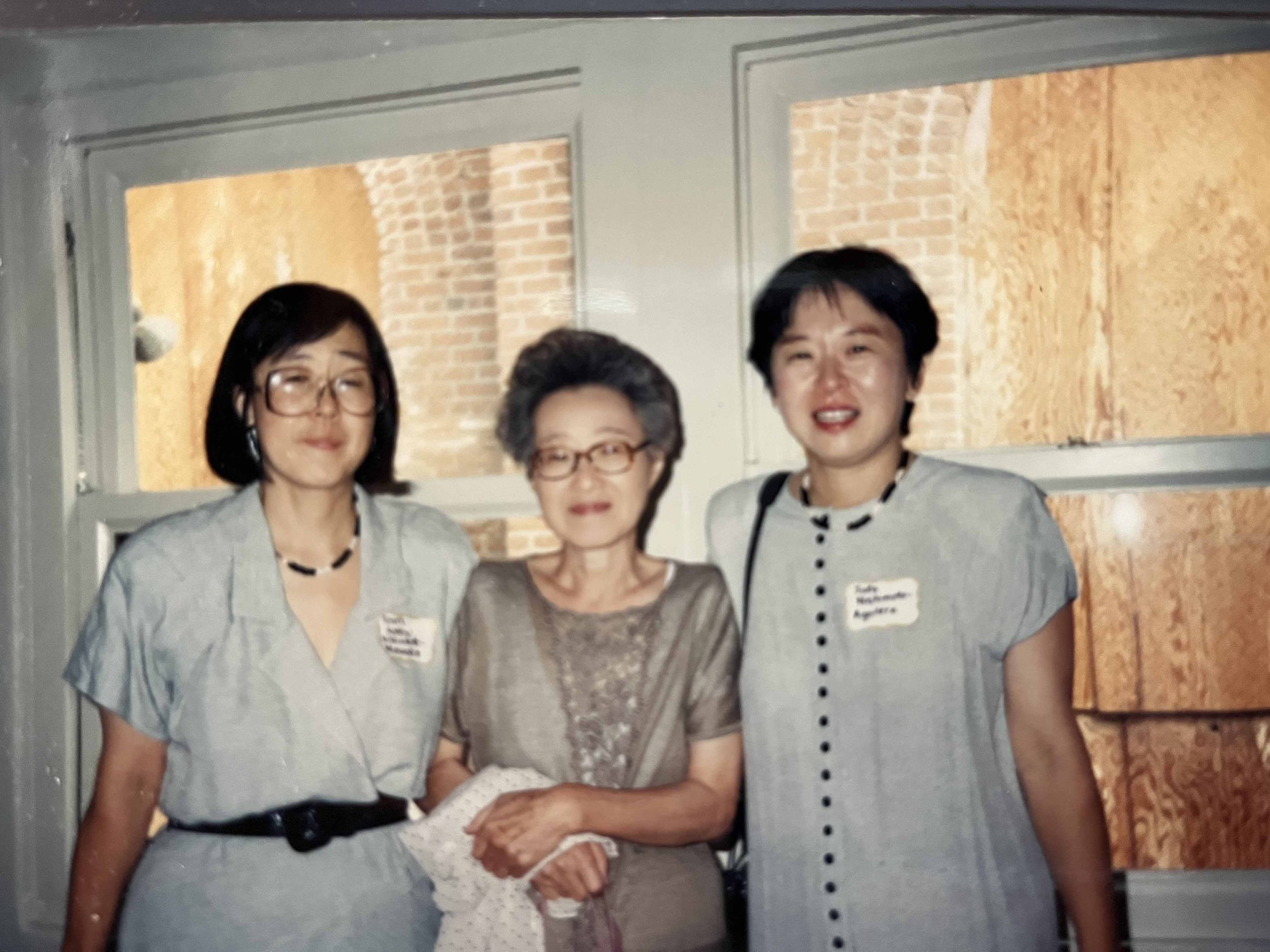
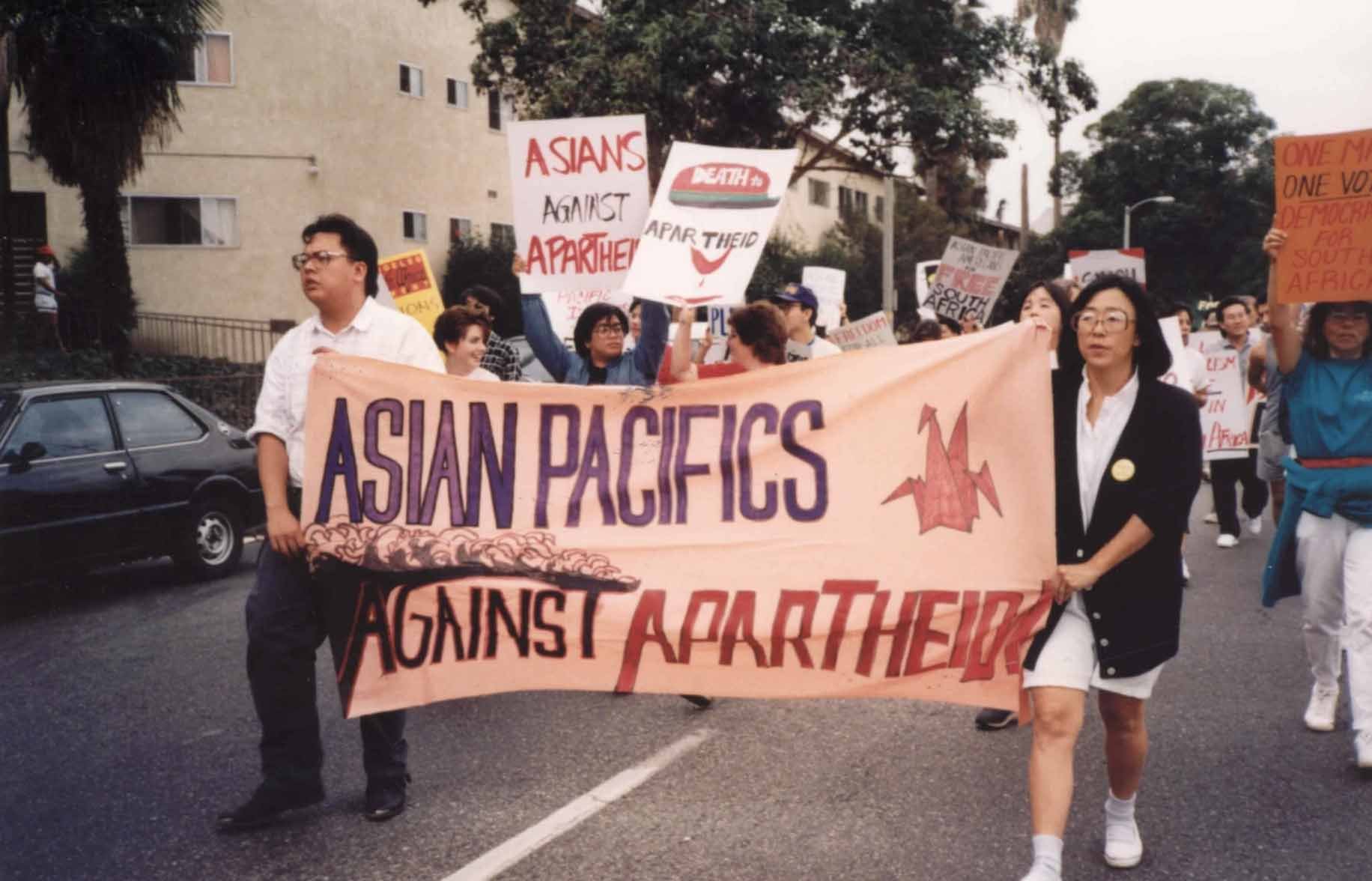
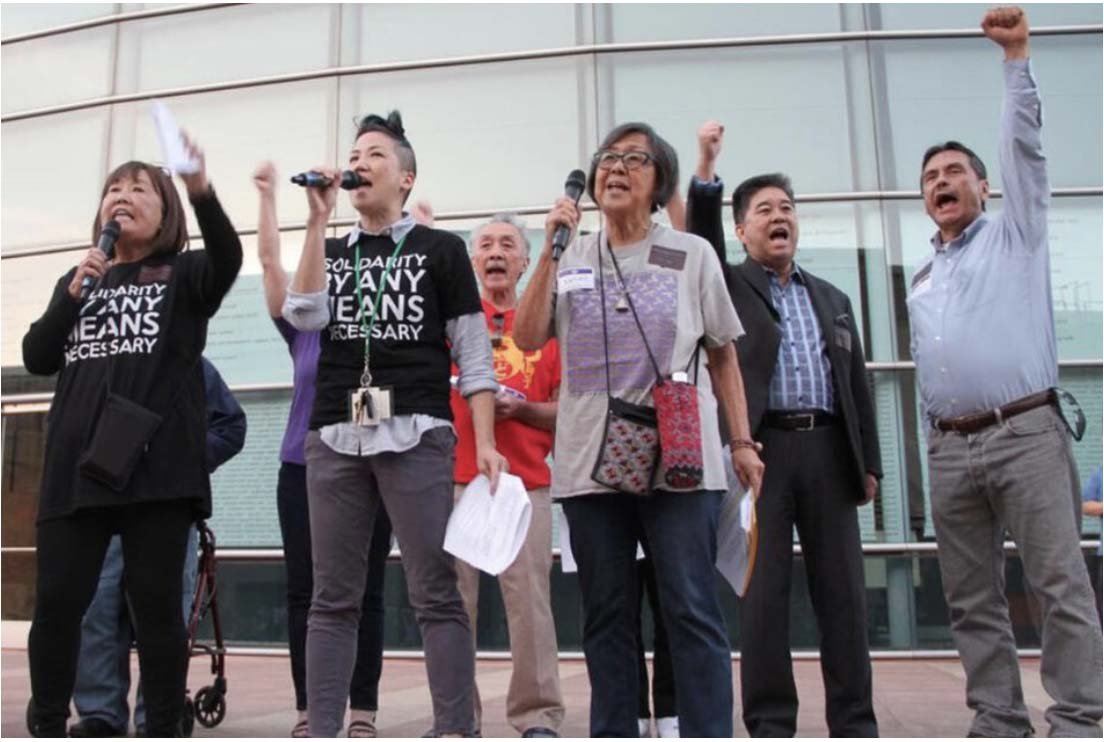
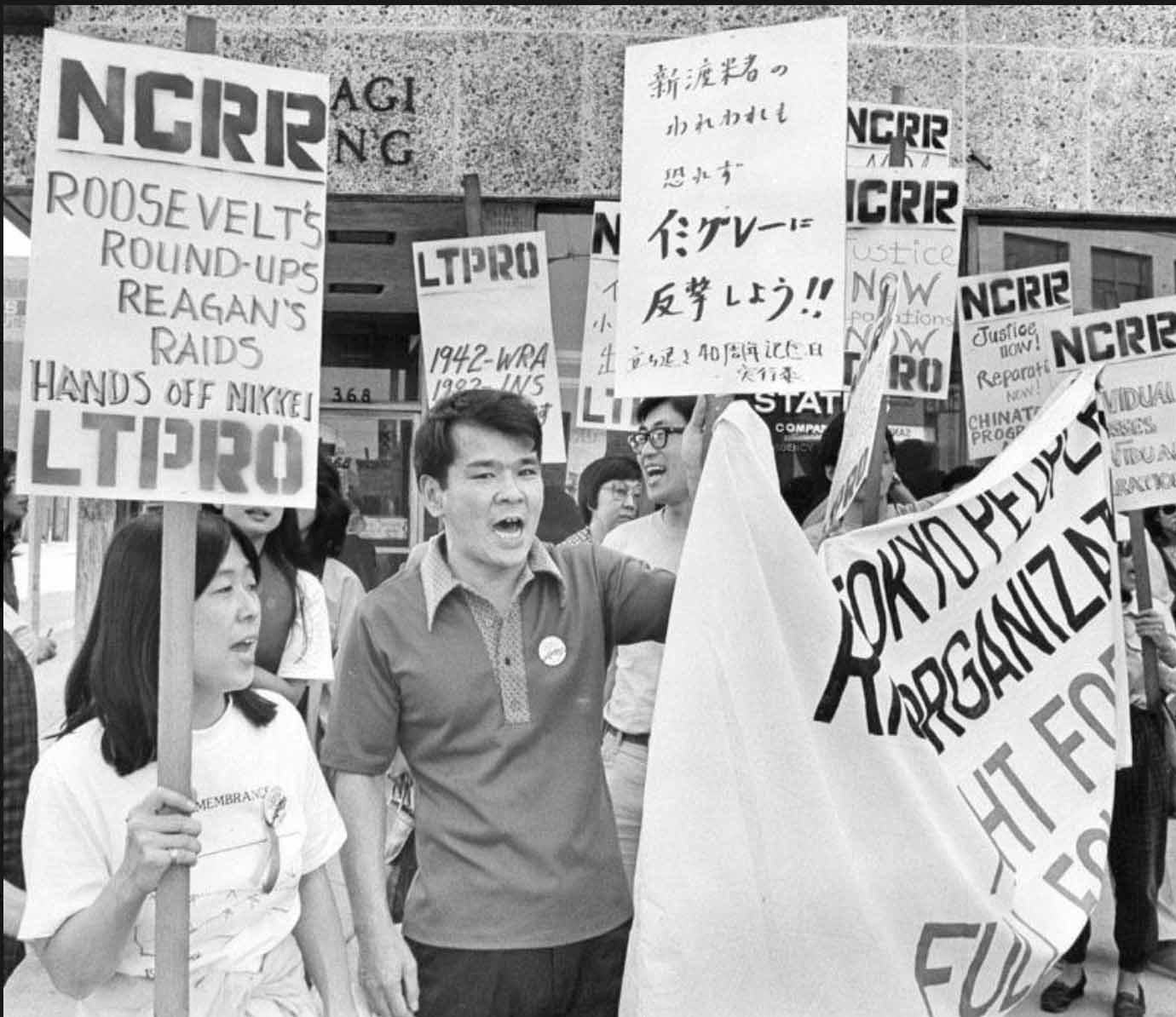
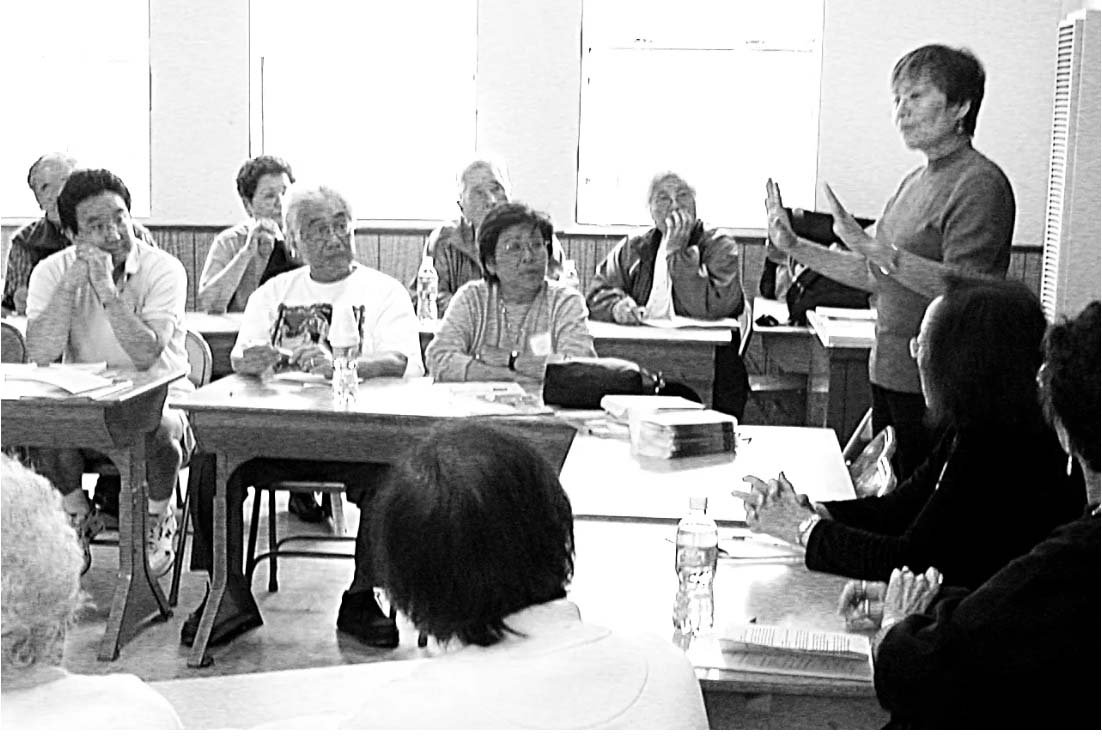
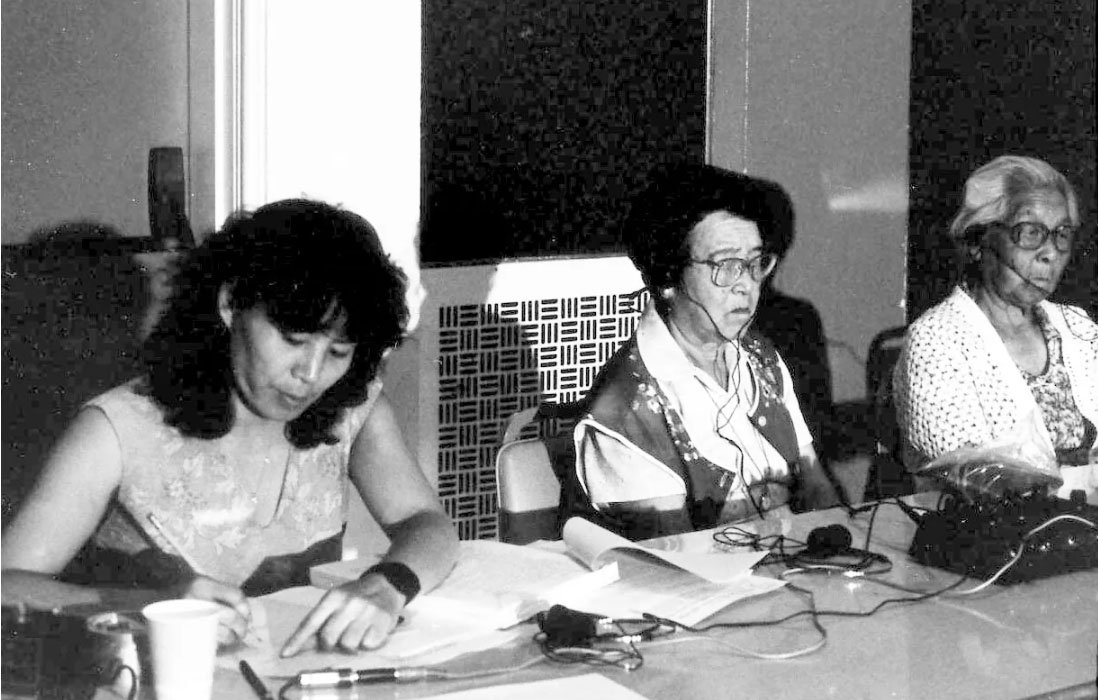
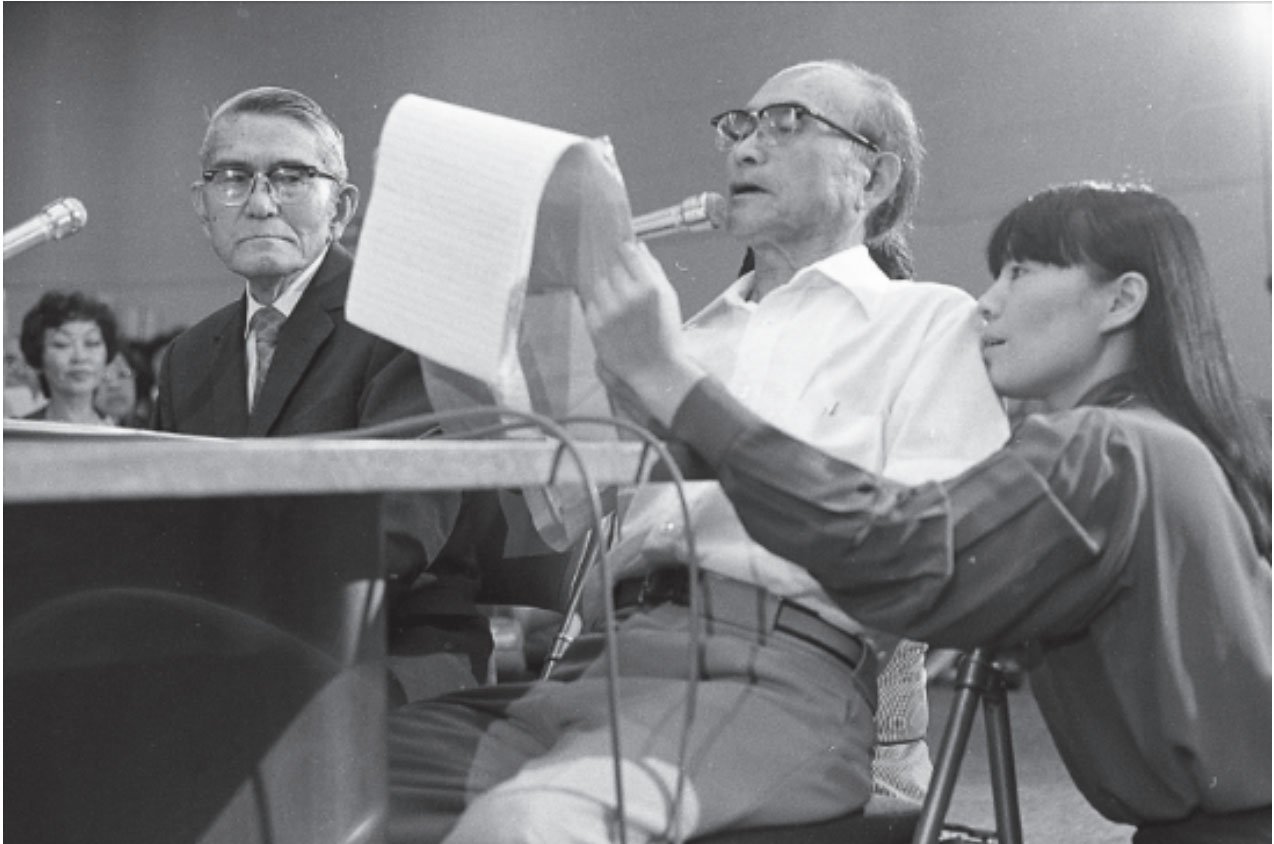
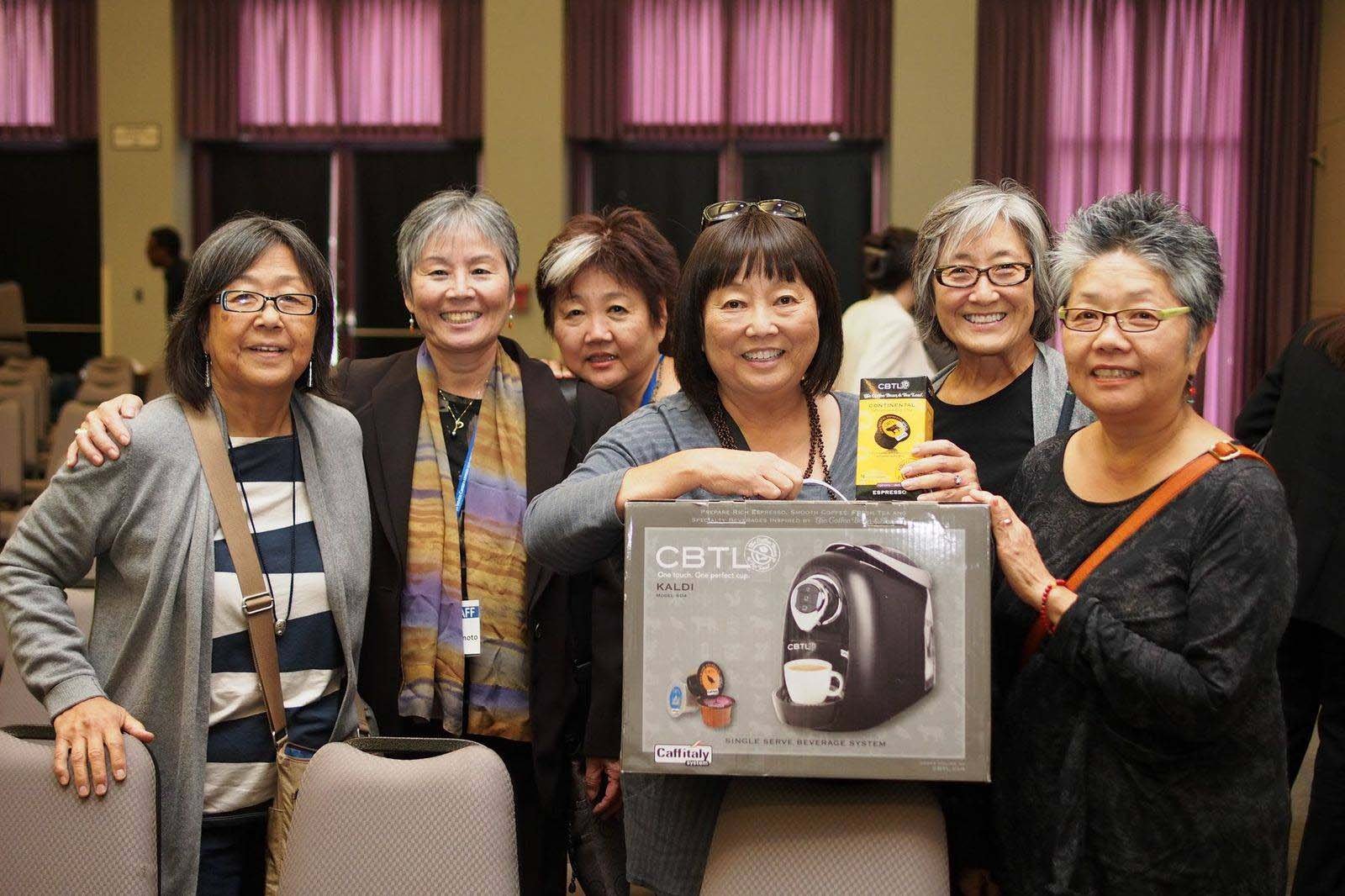
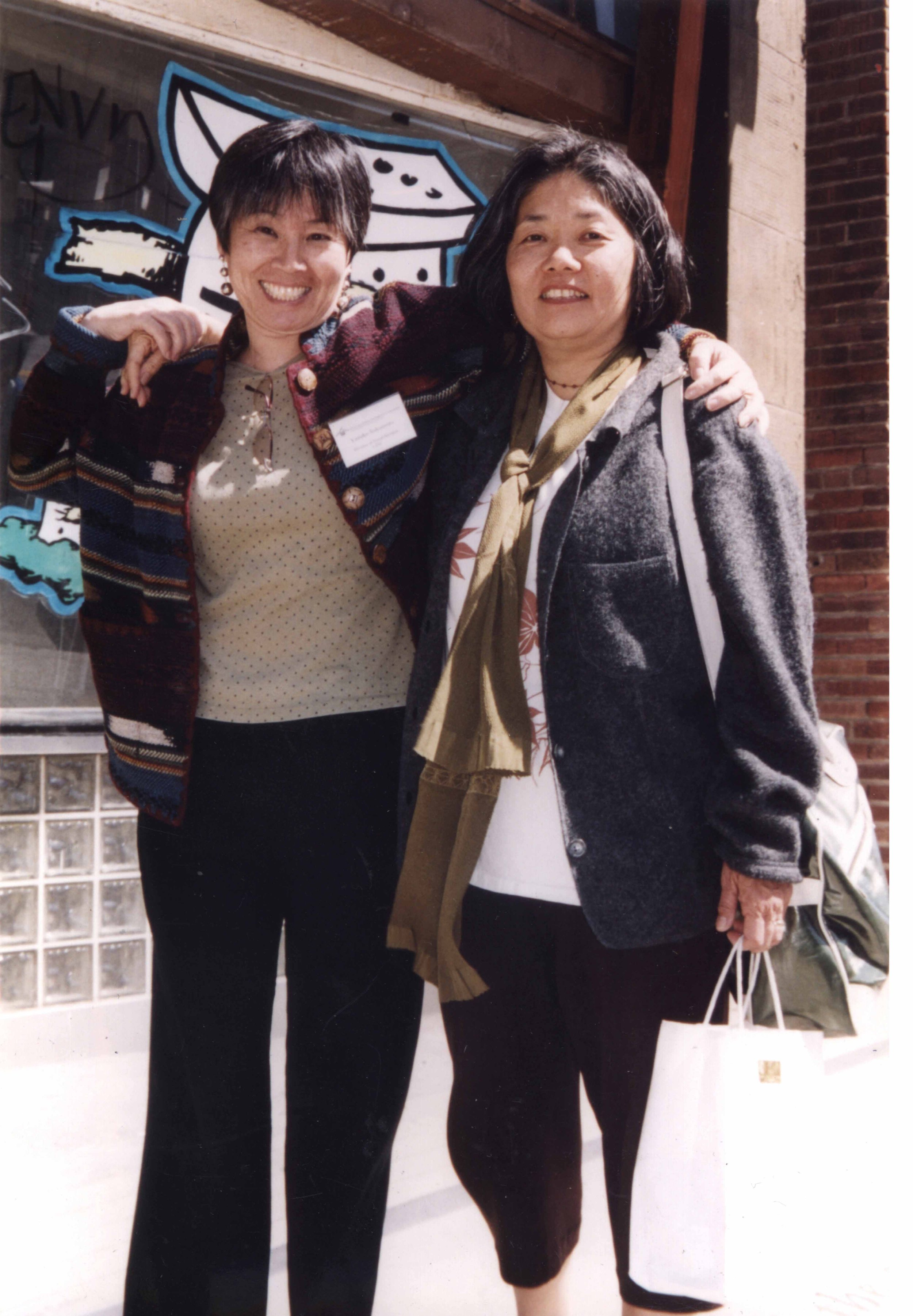
Episode 4: Asian Enough?
Guests: Kathy Masaoka and Yasuko Sakatomo at Little Tokyo Service Center
Produced by Tinnley Sawan Subsin
Tin’s next destination is the Little Tokyo Service Center (LTSC), an organization that provides social welfare and community services in Little Tokyo. They have been a major force in preserving the town while welcoming people from various ethnicities. Tin speaks to Kathy Masaoka, a board member of LTSC, and Yasuko Sakamoto, a founding member and former Director of Social Services at the organization. They discuss their journeys of finding community and acceptance.
Related Resources:
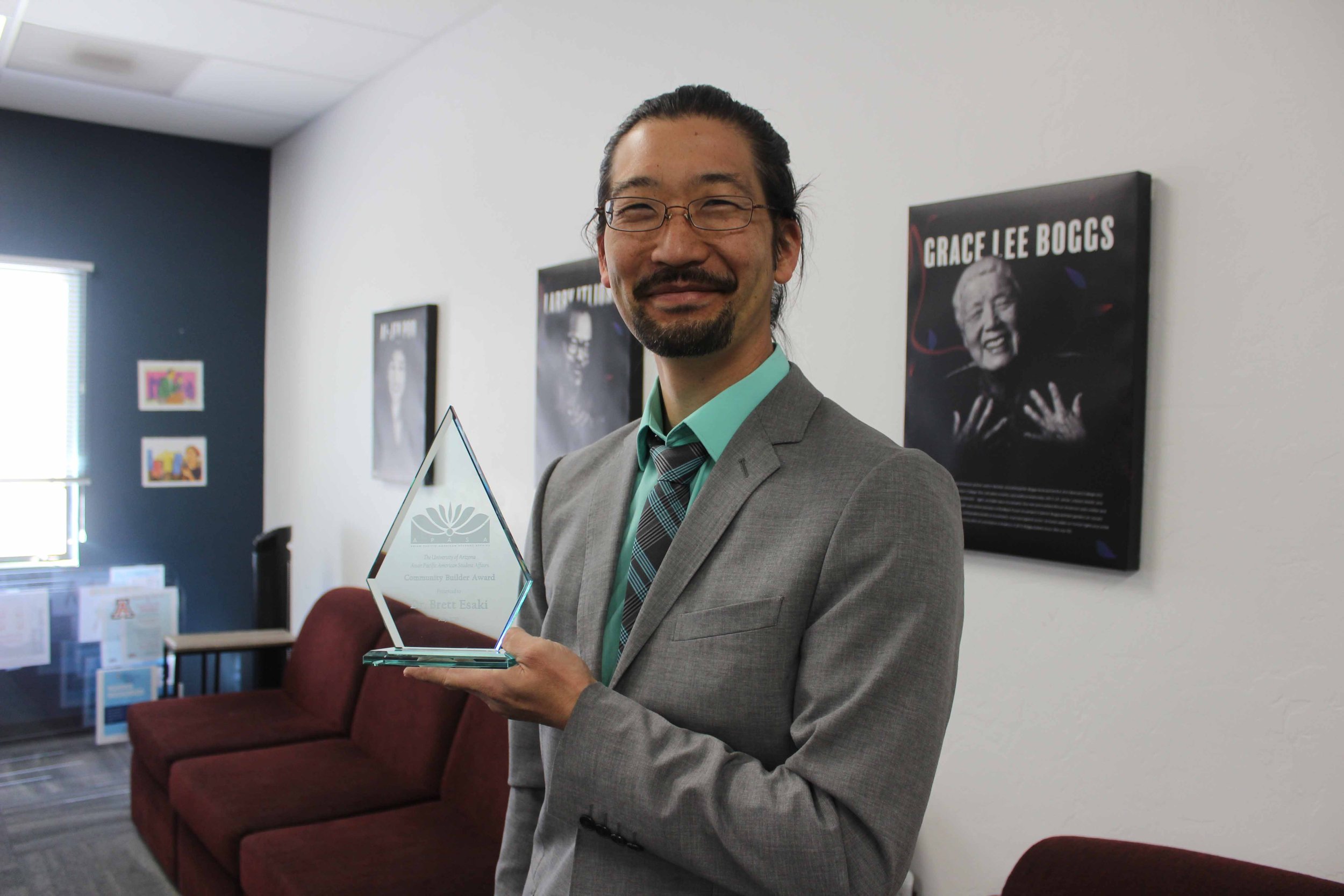
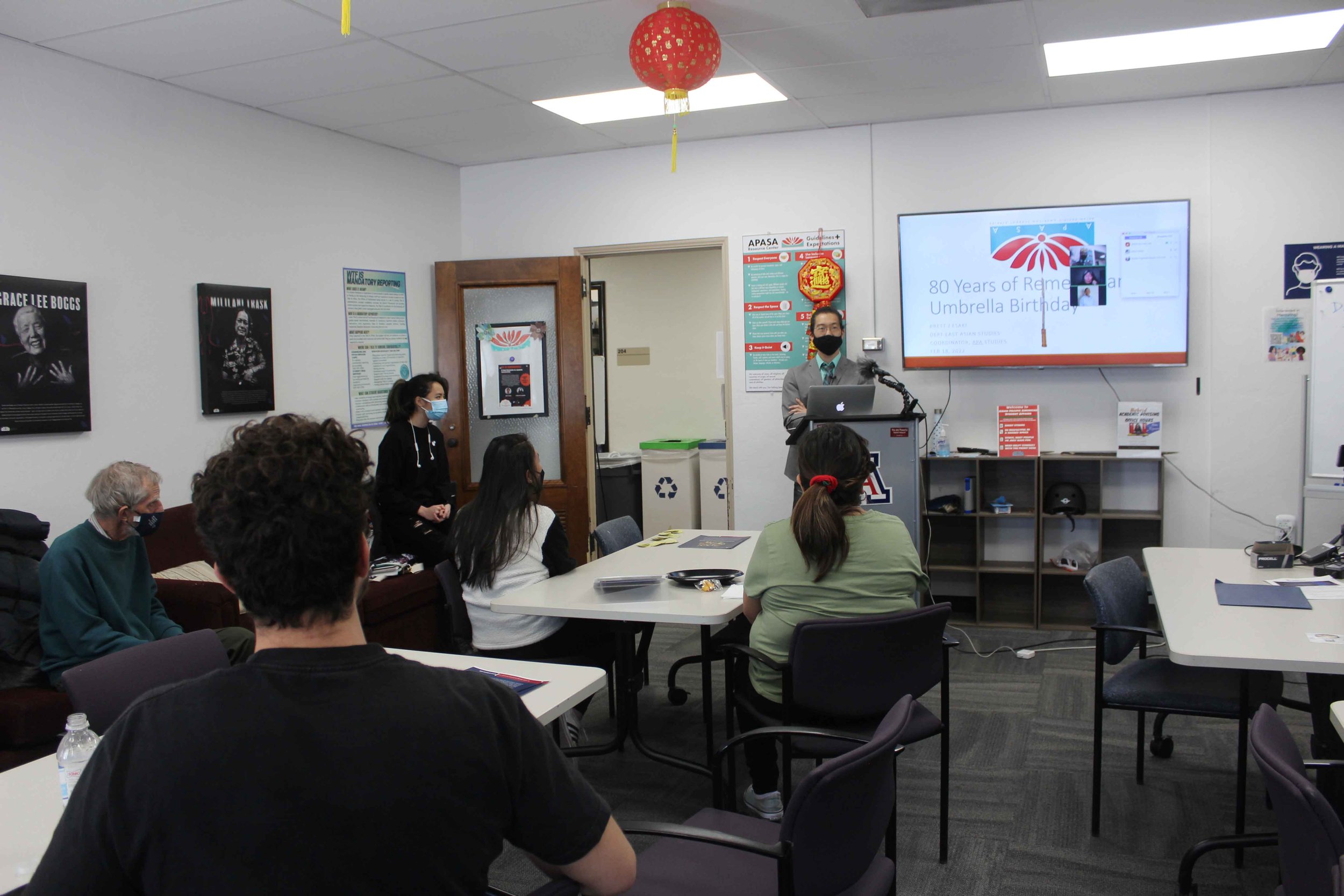
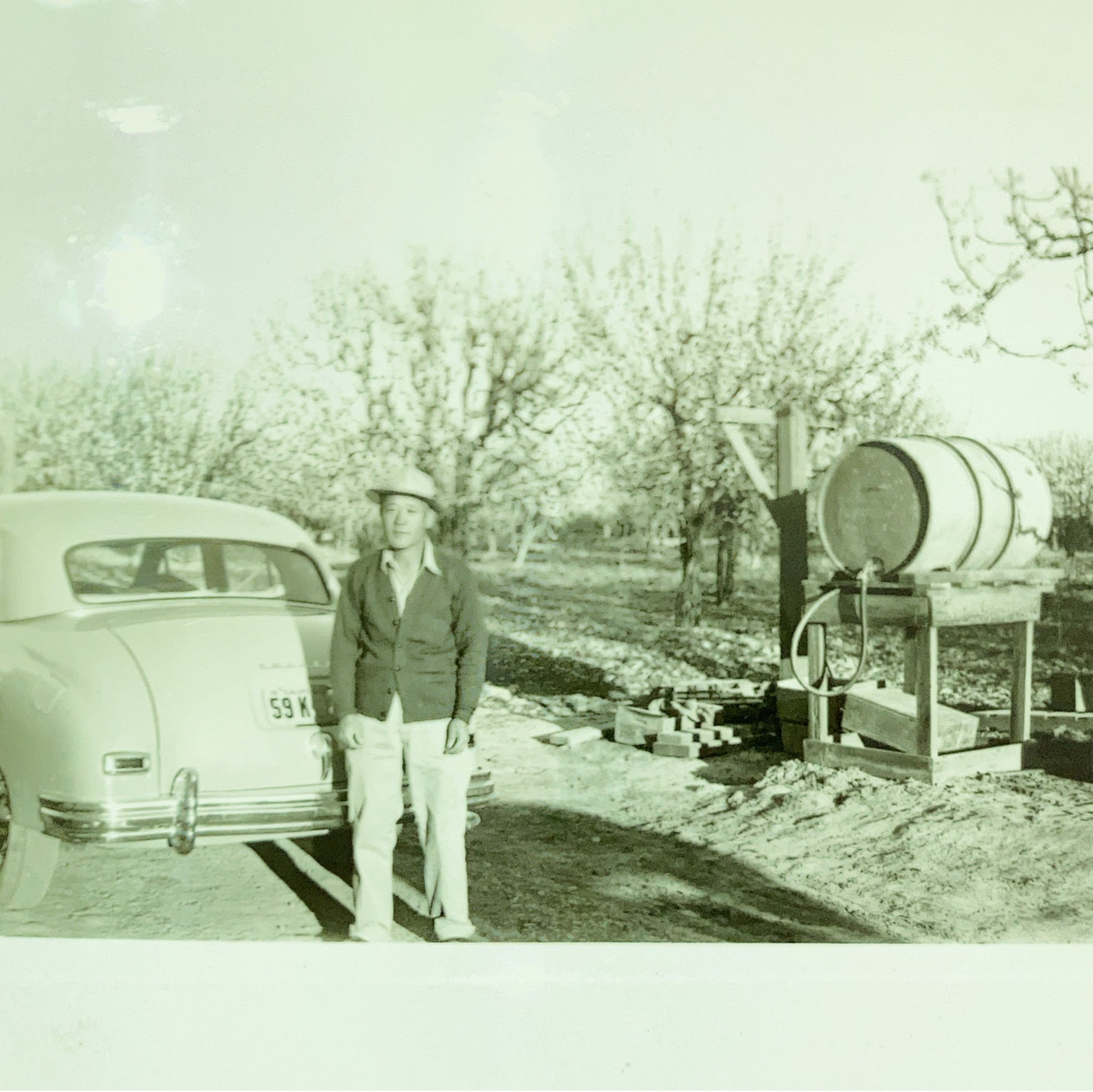
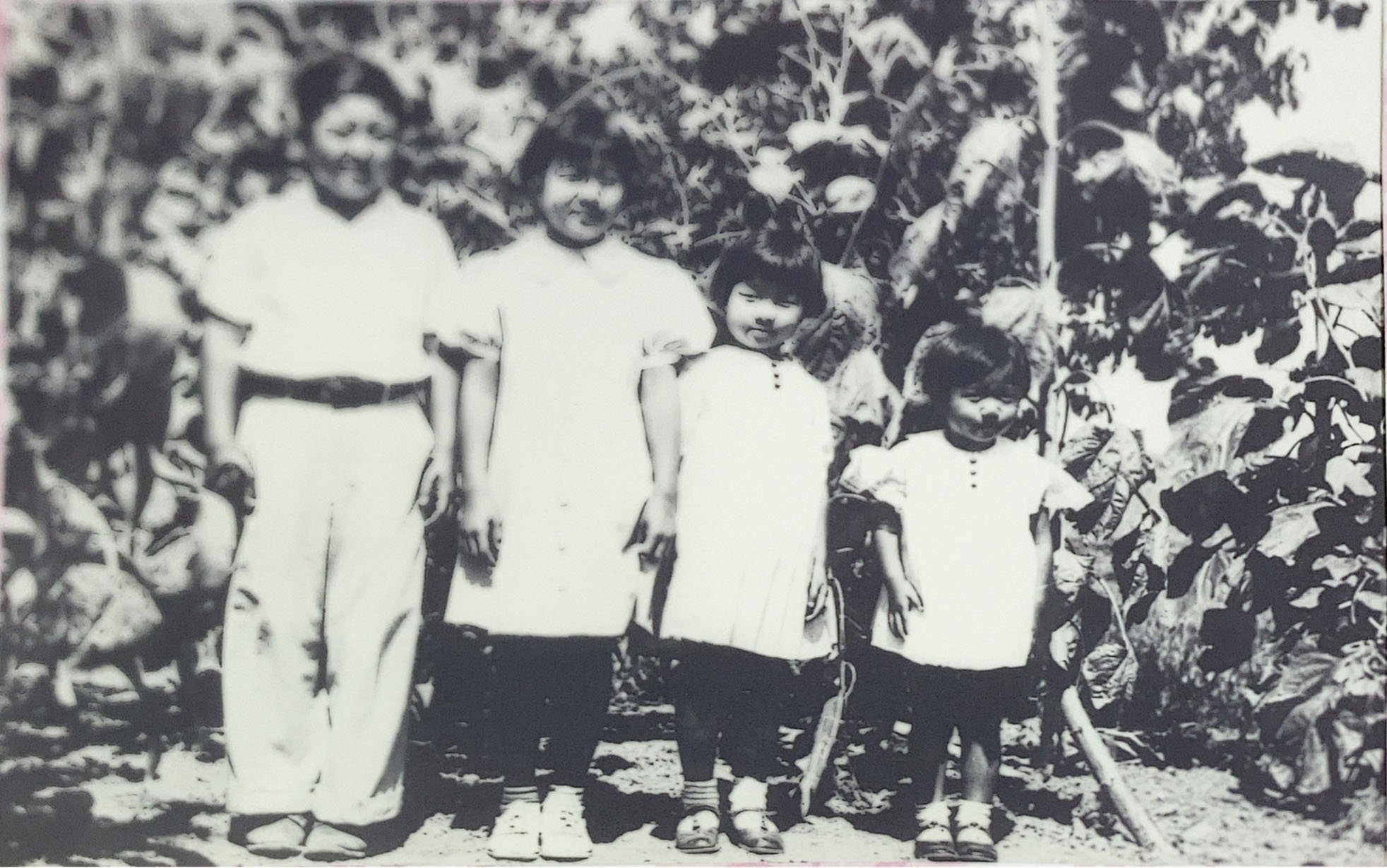
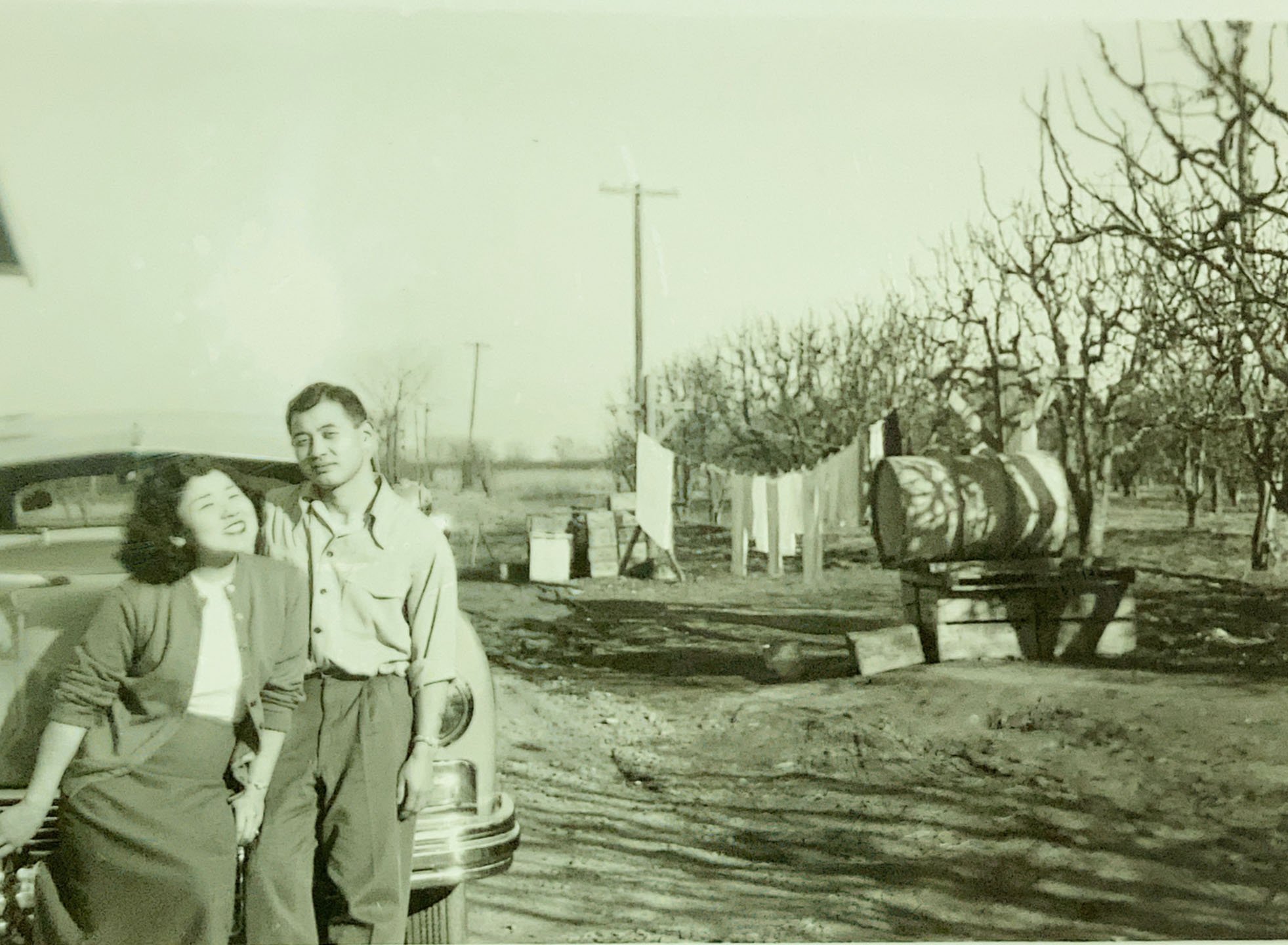
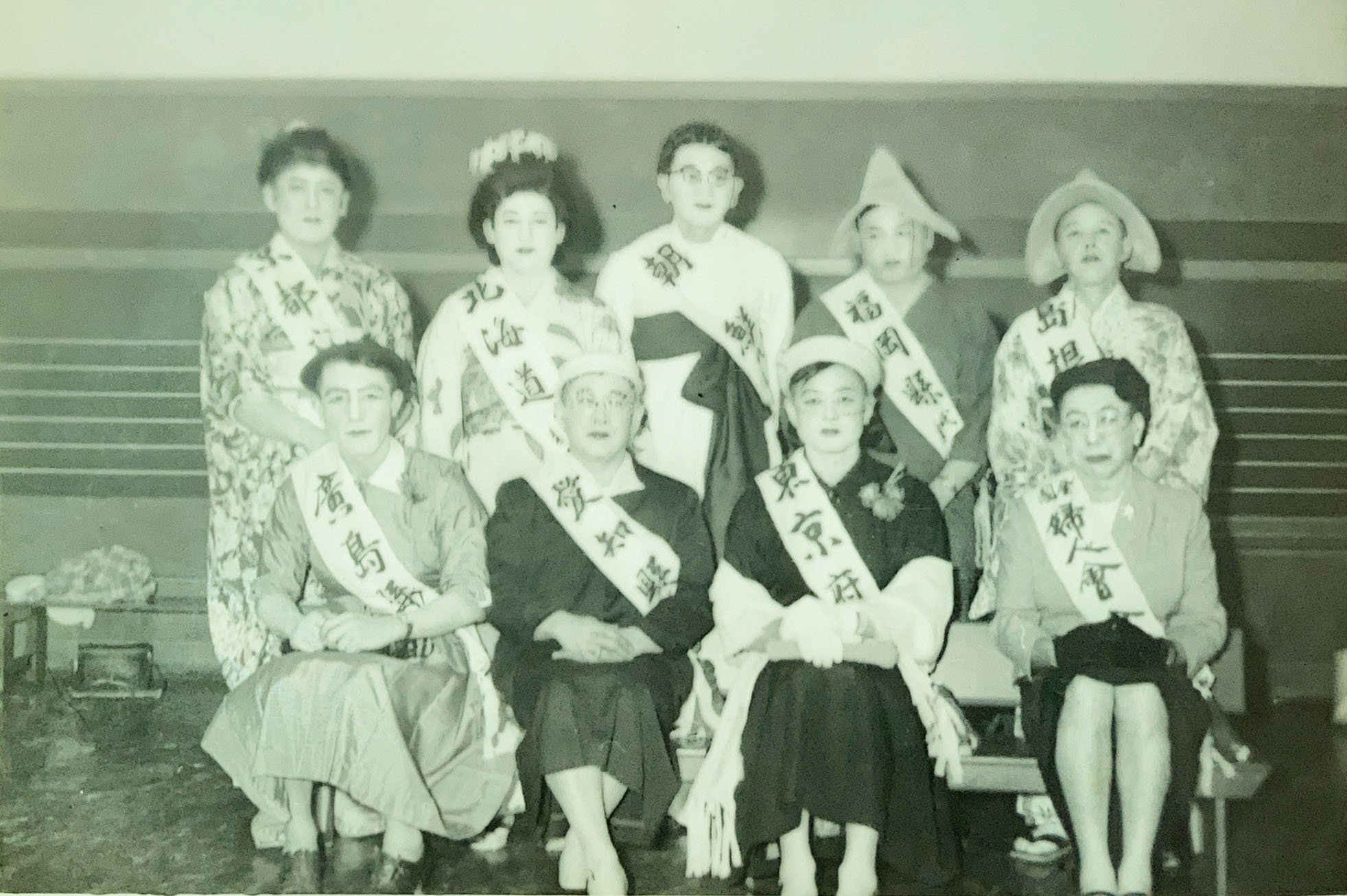
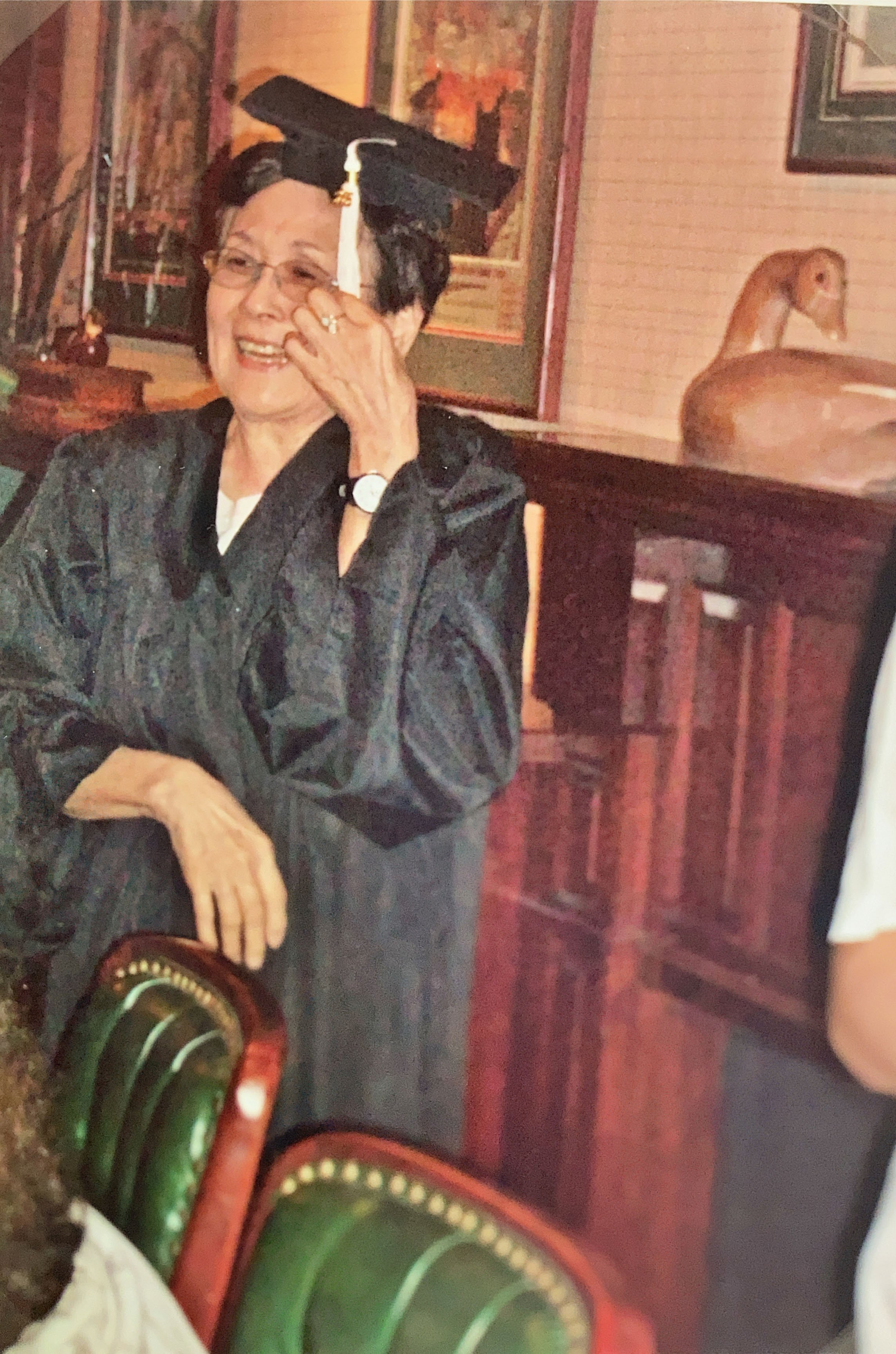
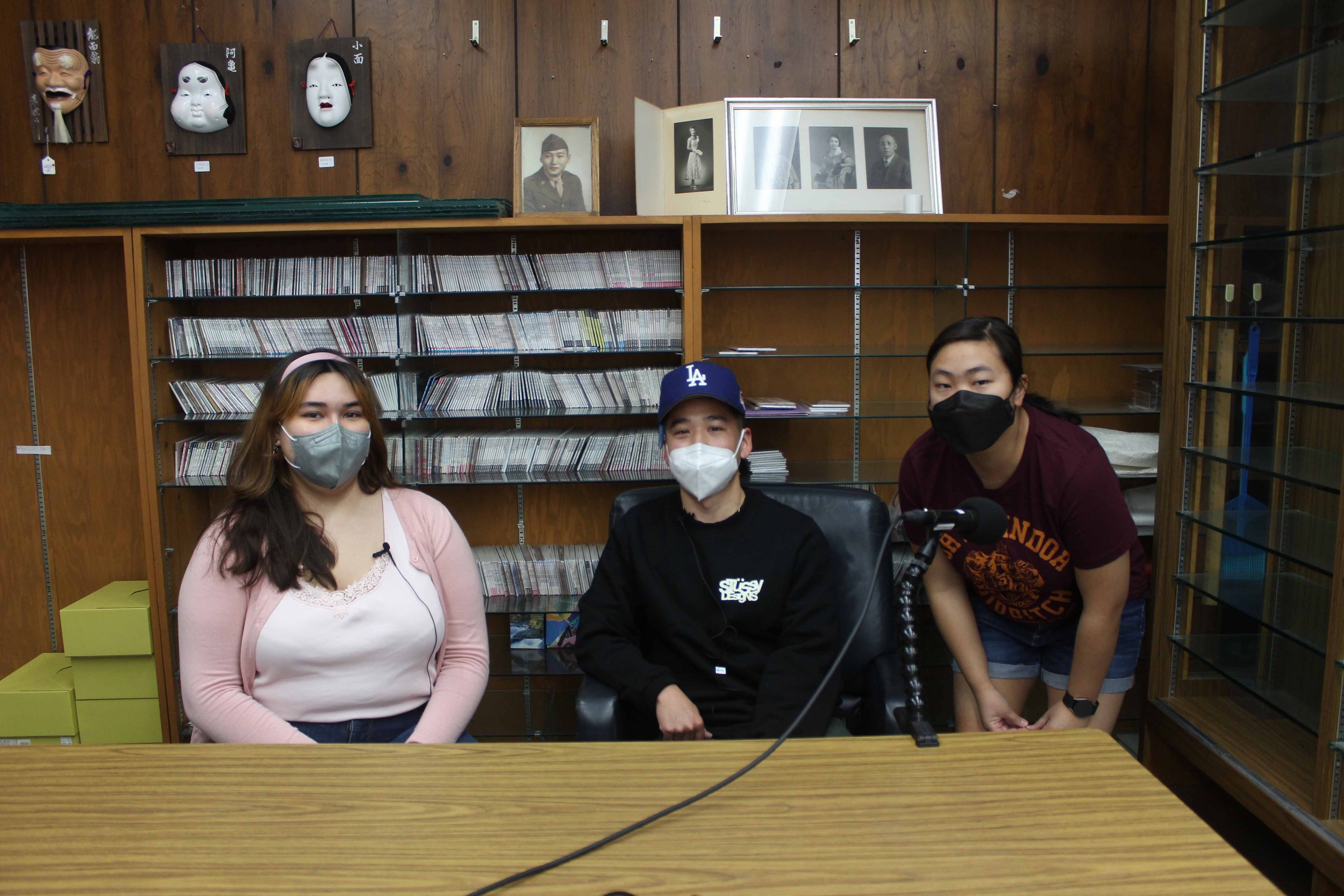
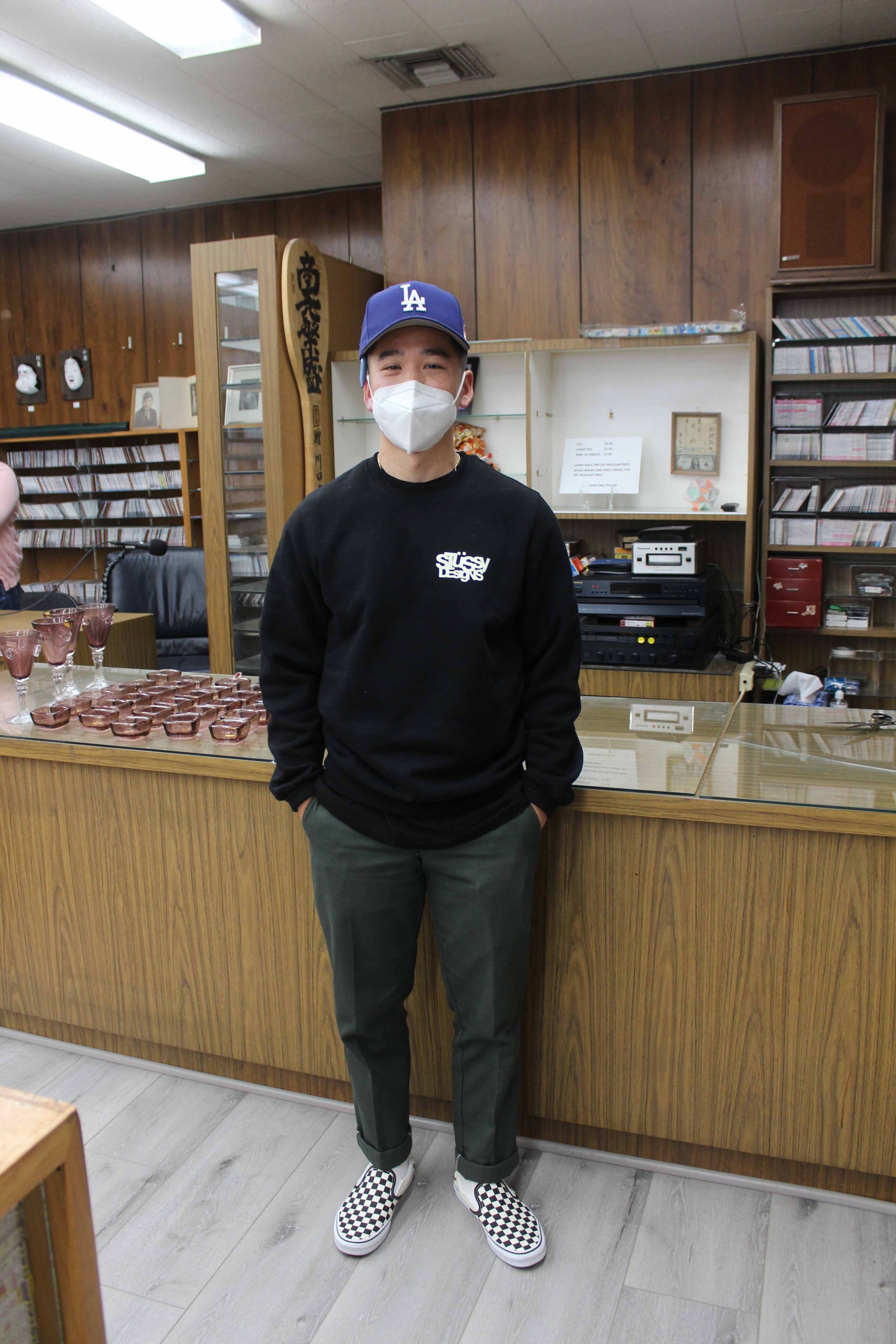
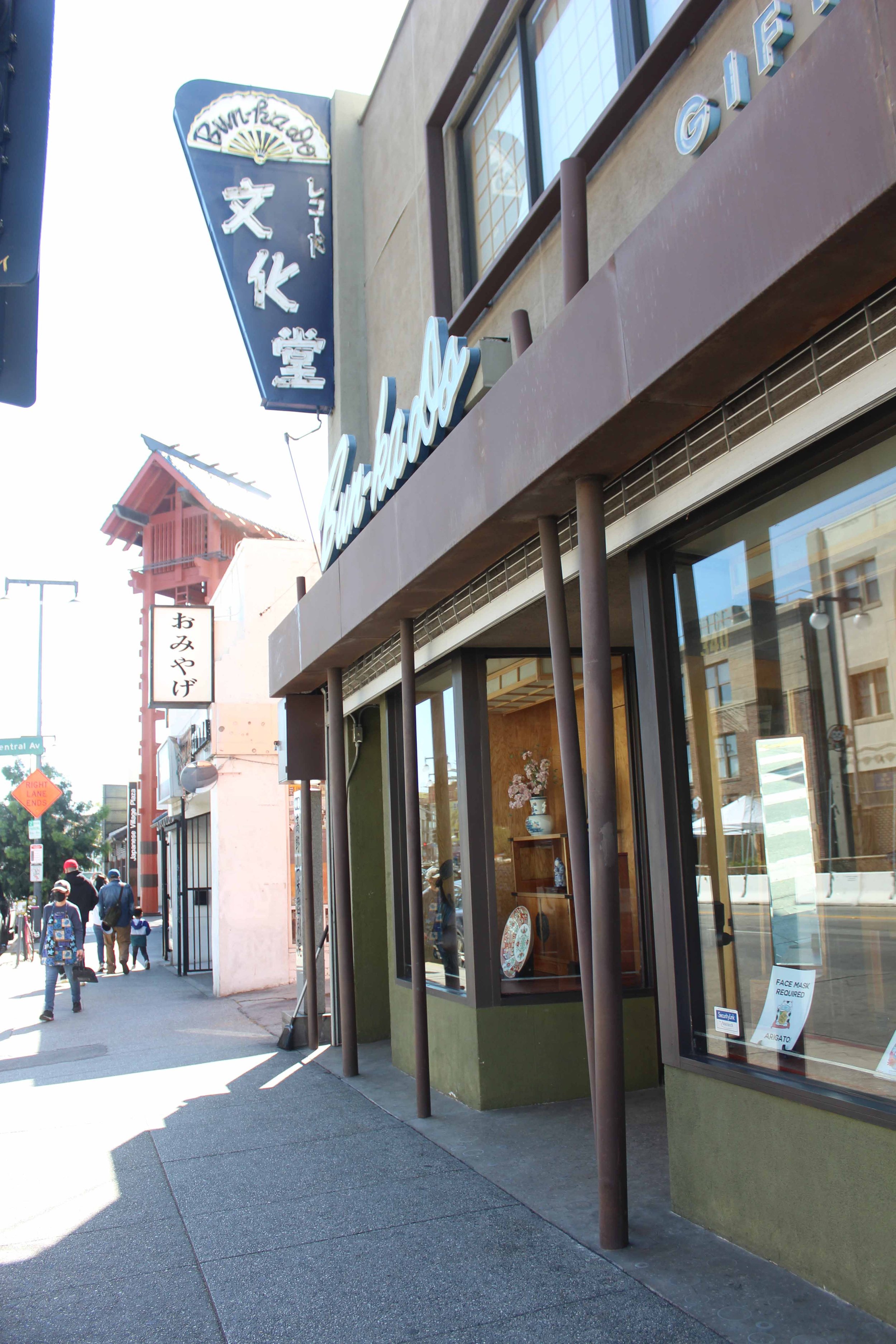
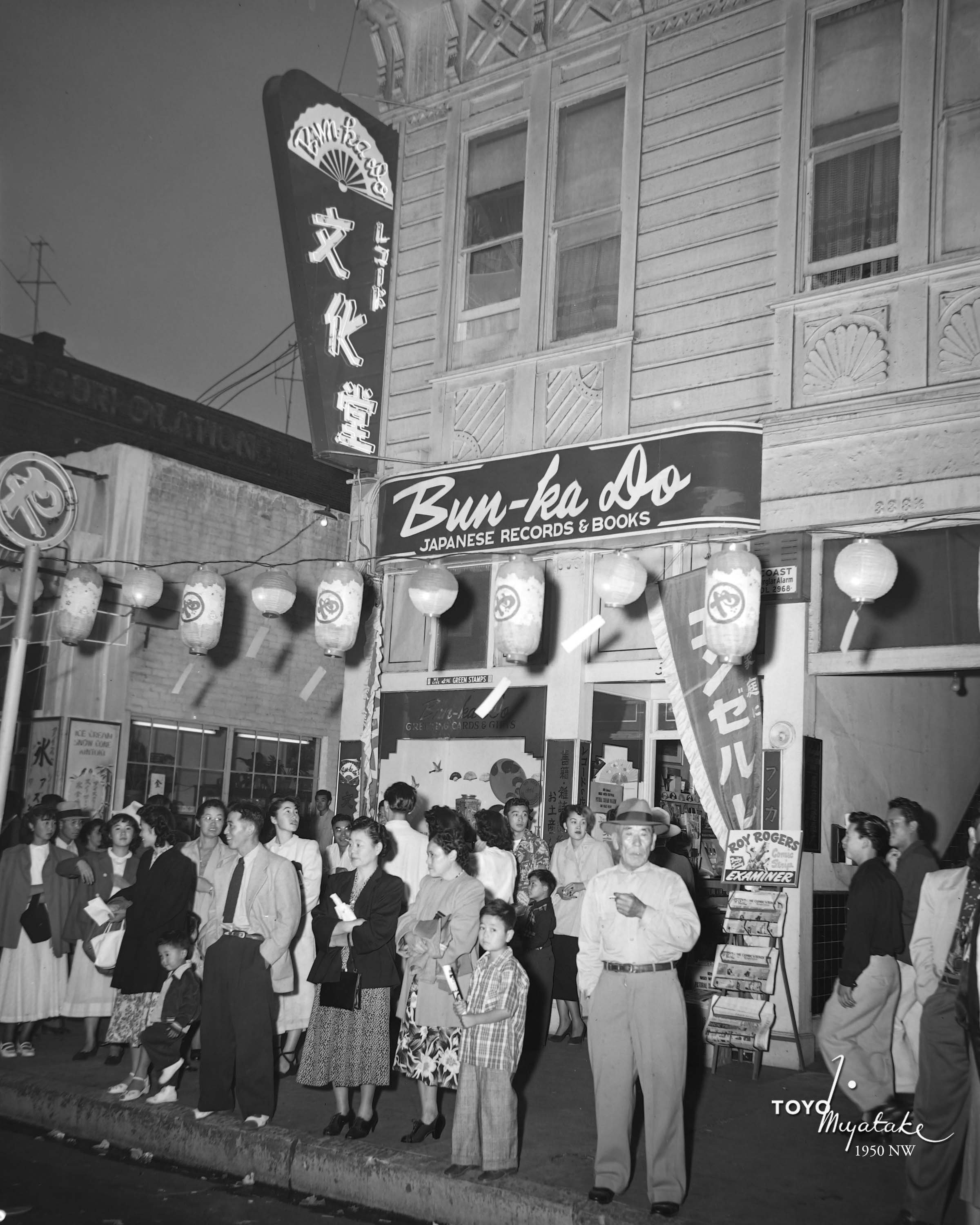
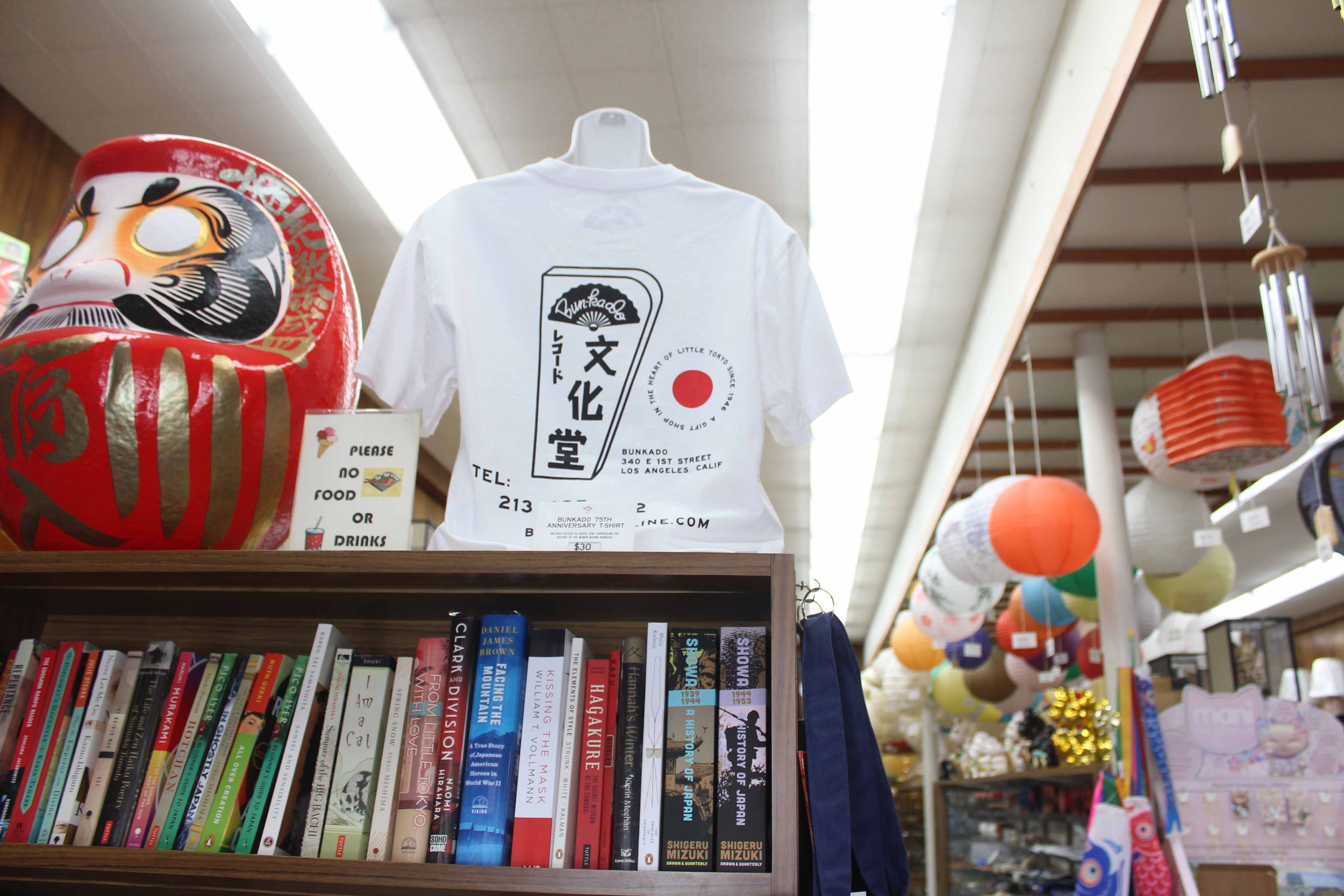
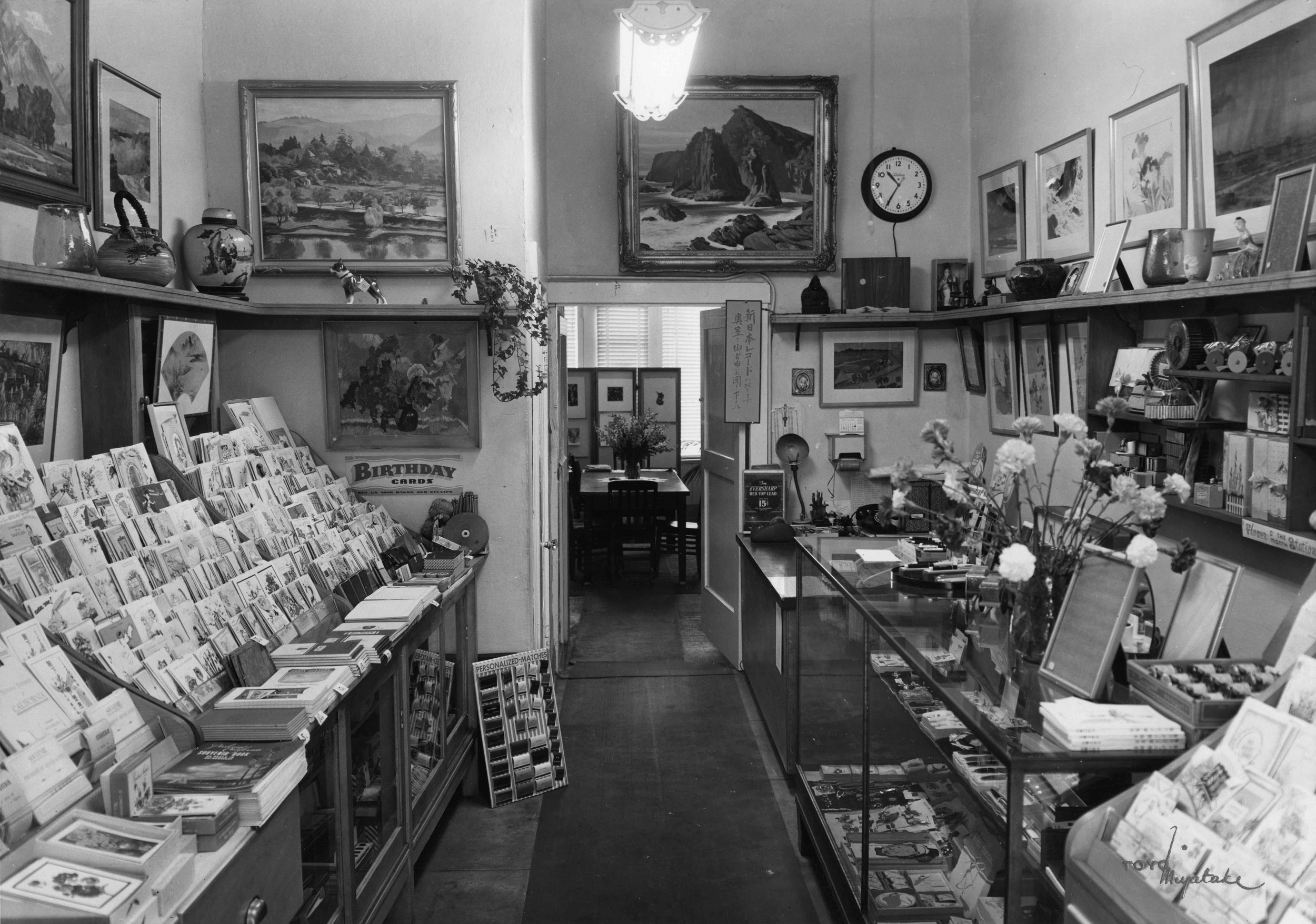
Episode 3: Where are you REALLY from?
Guests: Dr. Brett Esaki at University of Arizona and Dane Ishibashi at Bunkado
Produced by Tinnley Sawan Subsin
Tin begins her journey as a biracial Asian American by traveling to Tucson to meet Dr. Brett Esaki, an assistant professor in the East Asian Studies Department at University of Arizona. Dr. Esaki – whose grandparents met in a Japanese American incarceration camp – shares his unique perspective on the camps, and along with insights on the power dynamics of silence in the Japanese-American community. She then travels to Little Tokyo in Downtown LA to meet Dane Ishibashi, the manager of legacy gift shop Bunkado. Dane talks about his experience as a fifth-generation Japanese American and the recent changes happening in Little Tokyo.
Related Resources:
University of Arizona Asian Pacific American Student Affairs
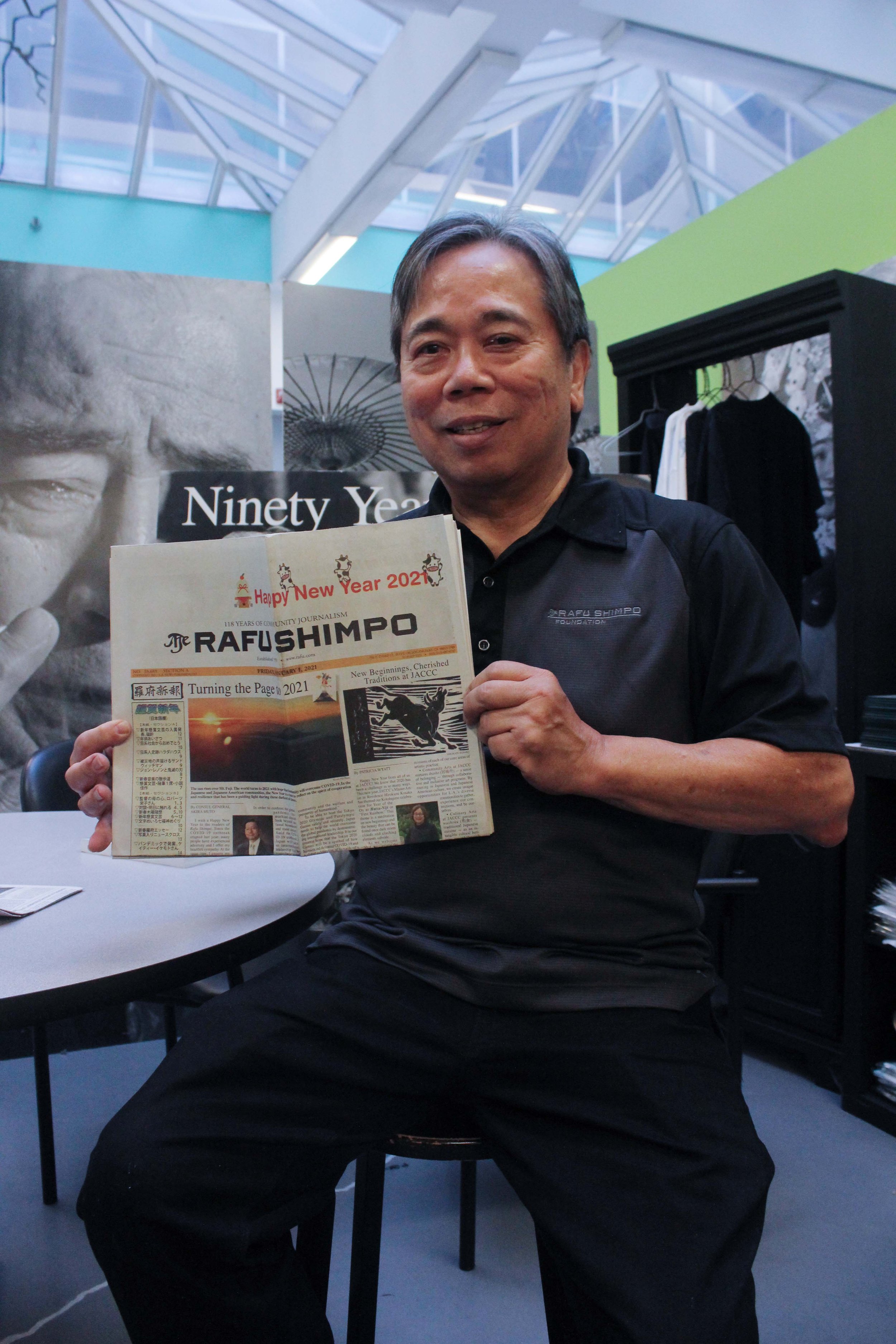
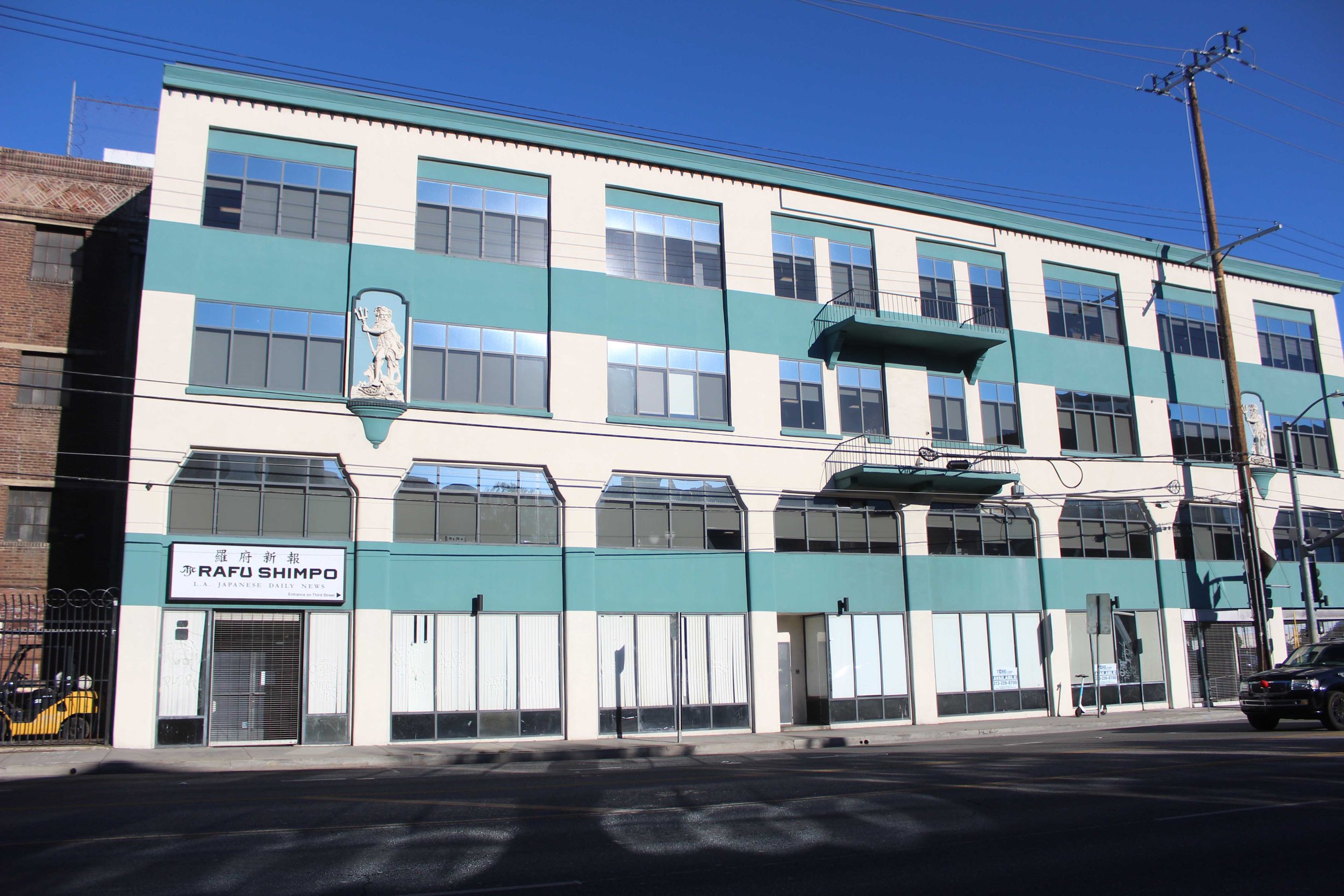
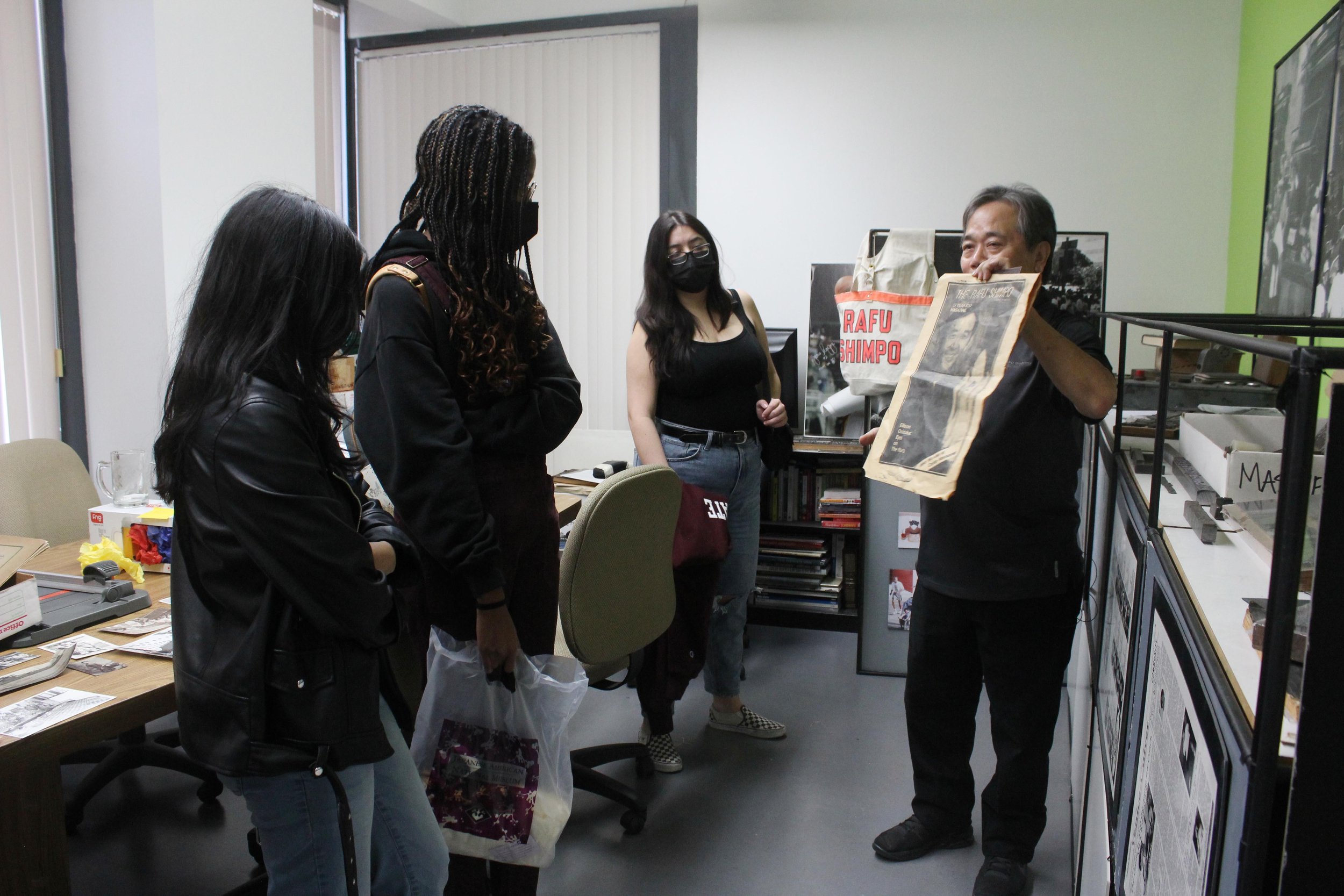
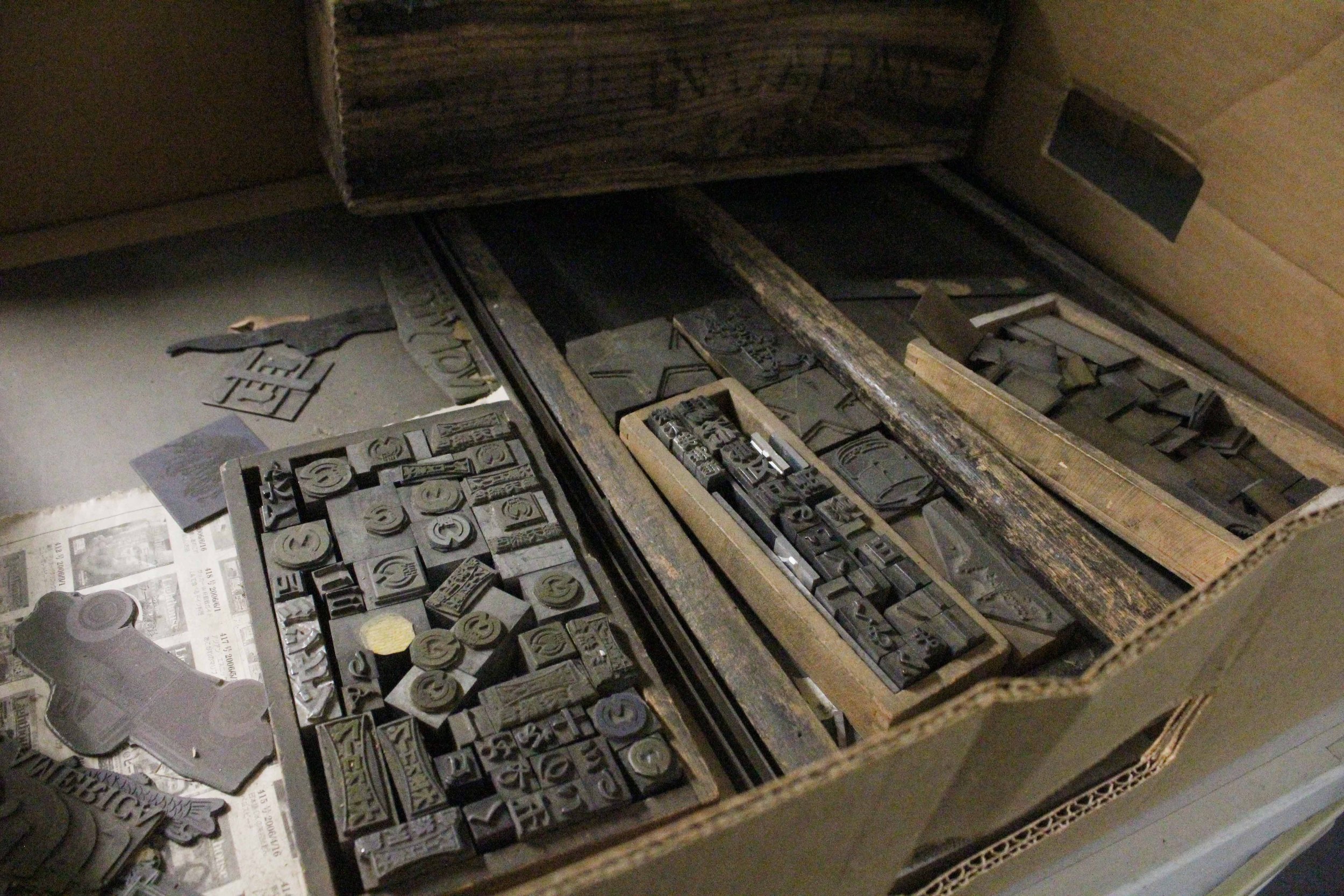
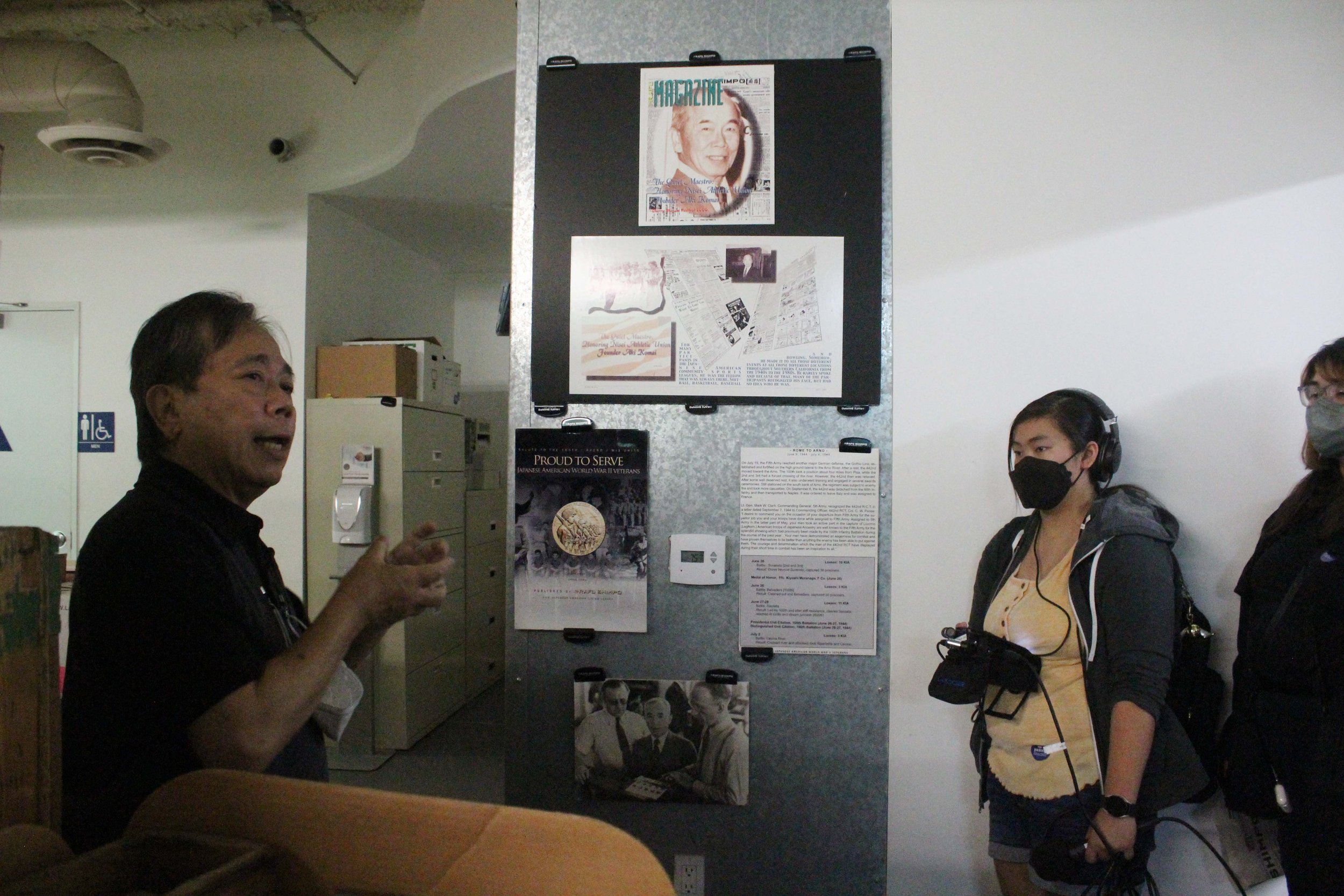
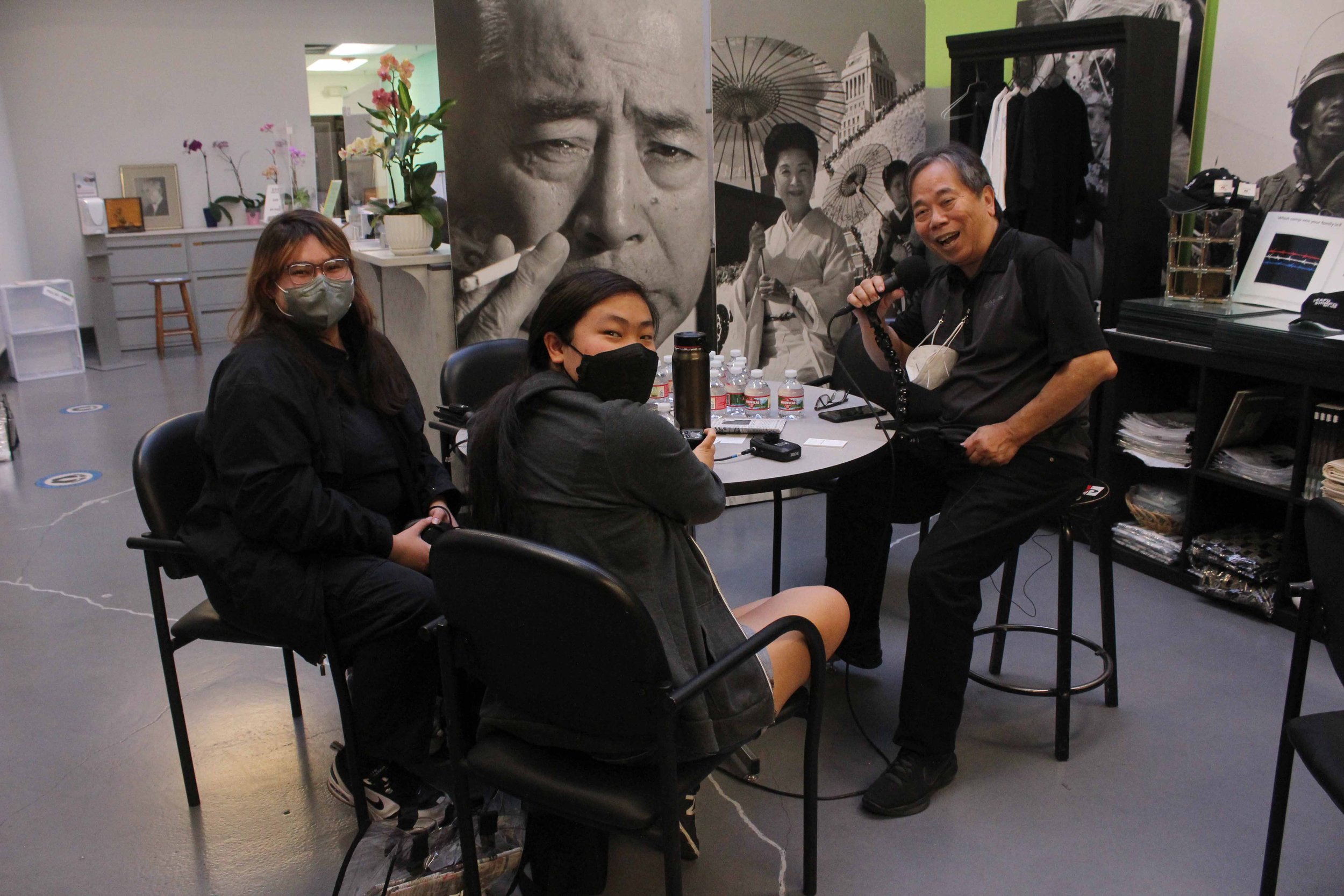
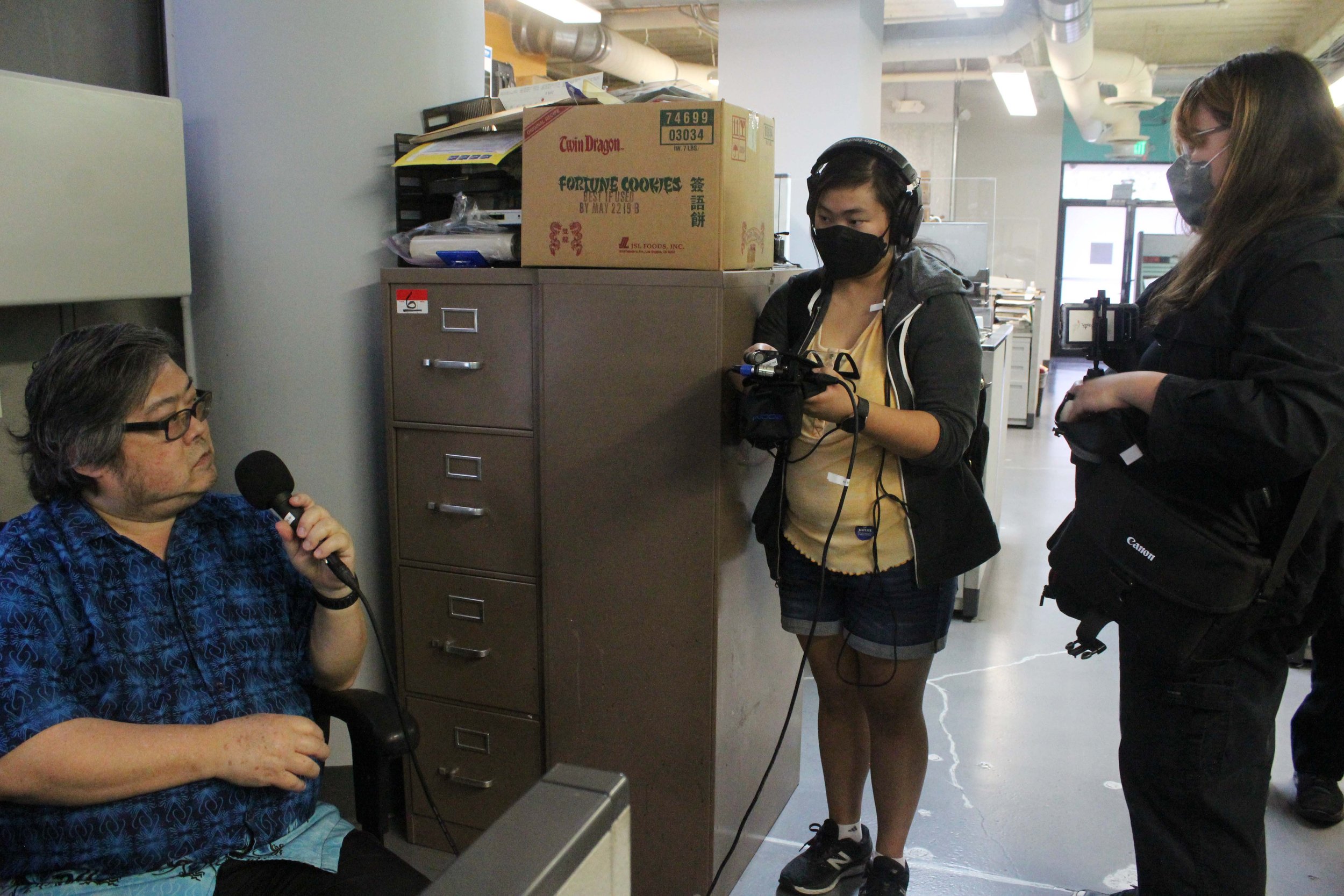
Episode 2: Pride in My Heritage
Guests: Michael Komai and J.K. Yamamoto at Rafu Shimpo
Produced by Catherine Jie Baxter
To explore how Japanese Americans redefine their experience through community storytelling, Cat visits Rafu Shimpo, a 120-year-old Japanese-English bilingual newspaper operating in Los Angeles. Together with a group of ASU students, Cat talks to President and Publisher Michael Komai, and their longtime journalist, J.K. Yamamoto. Komai shares the story of his grandfather who was arrested by the FBI after Japan attacked Pearl Harbor, and how they hid Japanese-language letterpress print types to prevent confiscation by the FBI. As print businesses struggle to transition to the digital era, Rafu Shimpo survives by exploring partnerships and adapting to new reader demographics.
Related Resource:
Episode 1: Banana
Guests: Dr. Mitchell T. Maki at Go For Broke National Education Center and Carolyn Sugiyama Classen at Southern AZ Japanese Cultural Coalition
Produced by Catherine Jie Baxter
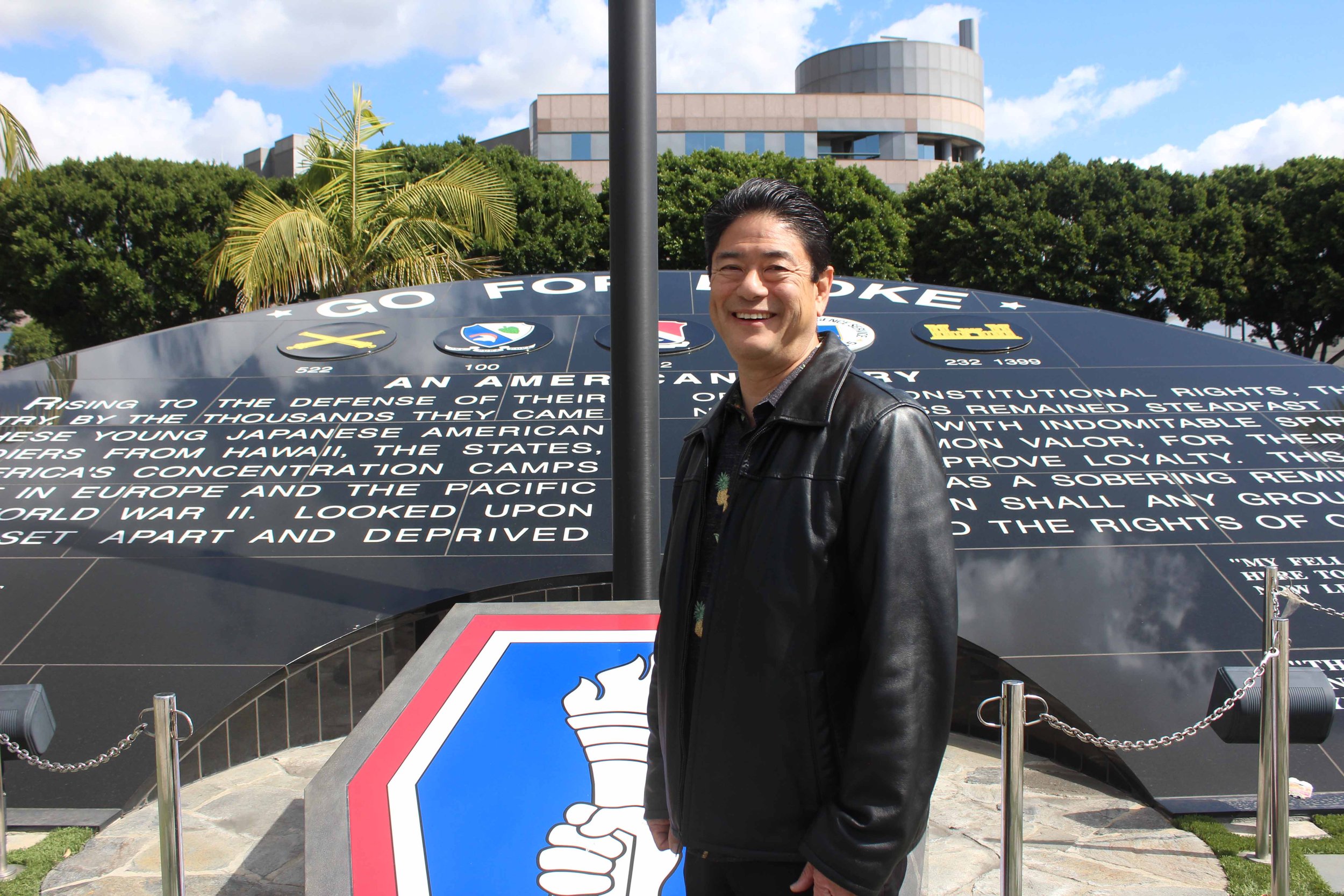
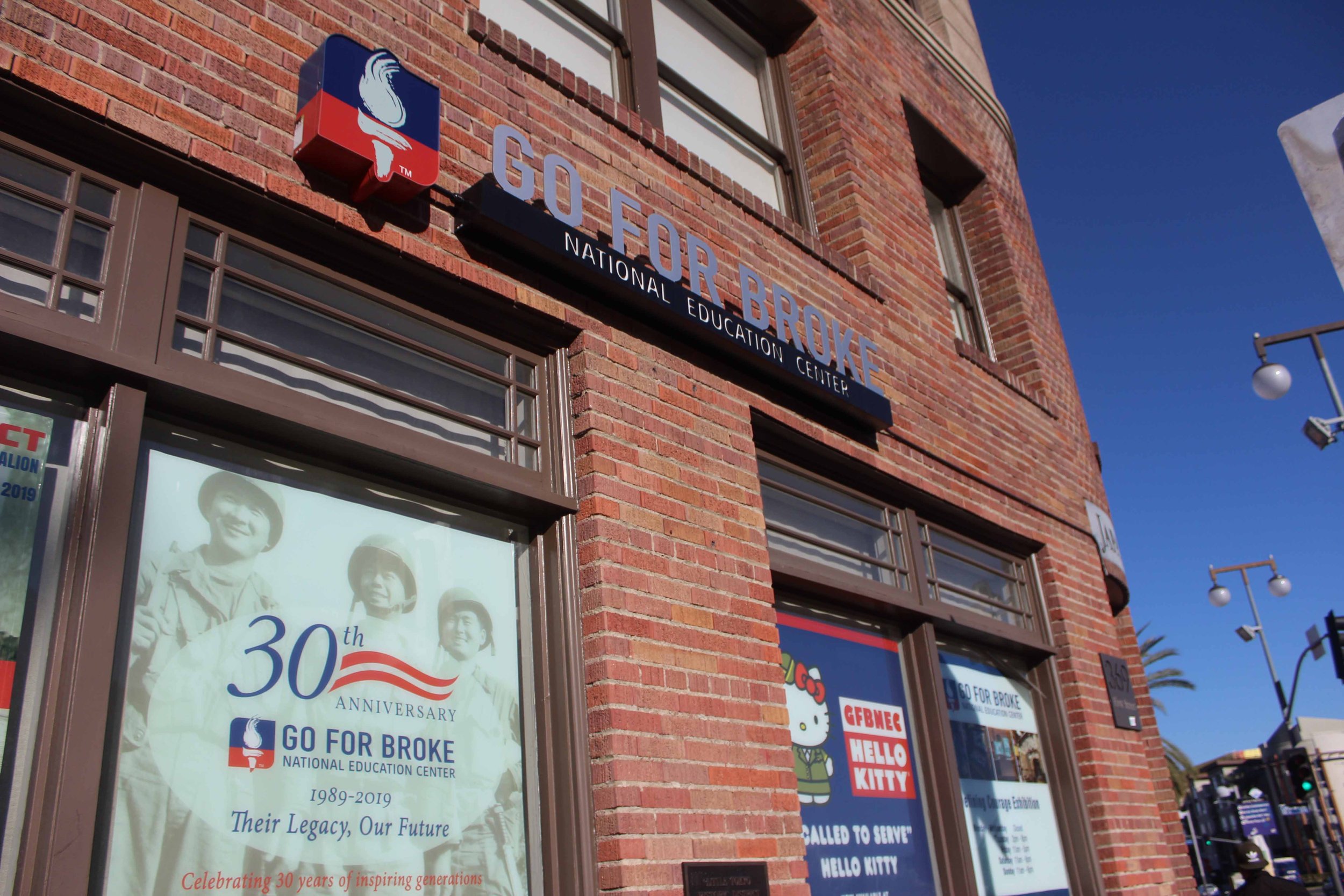
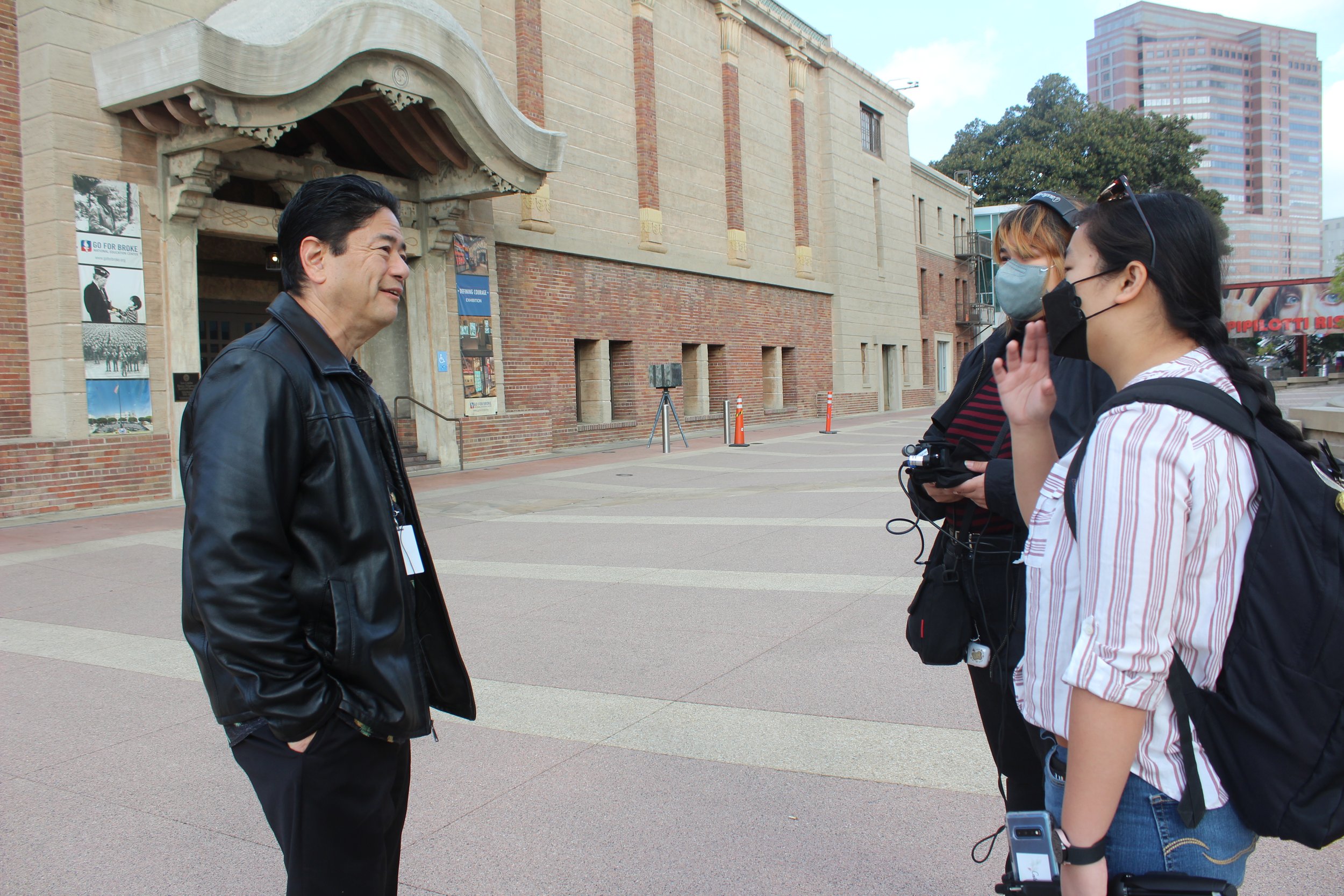
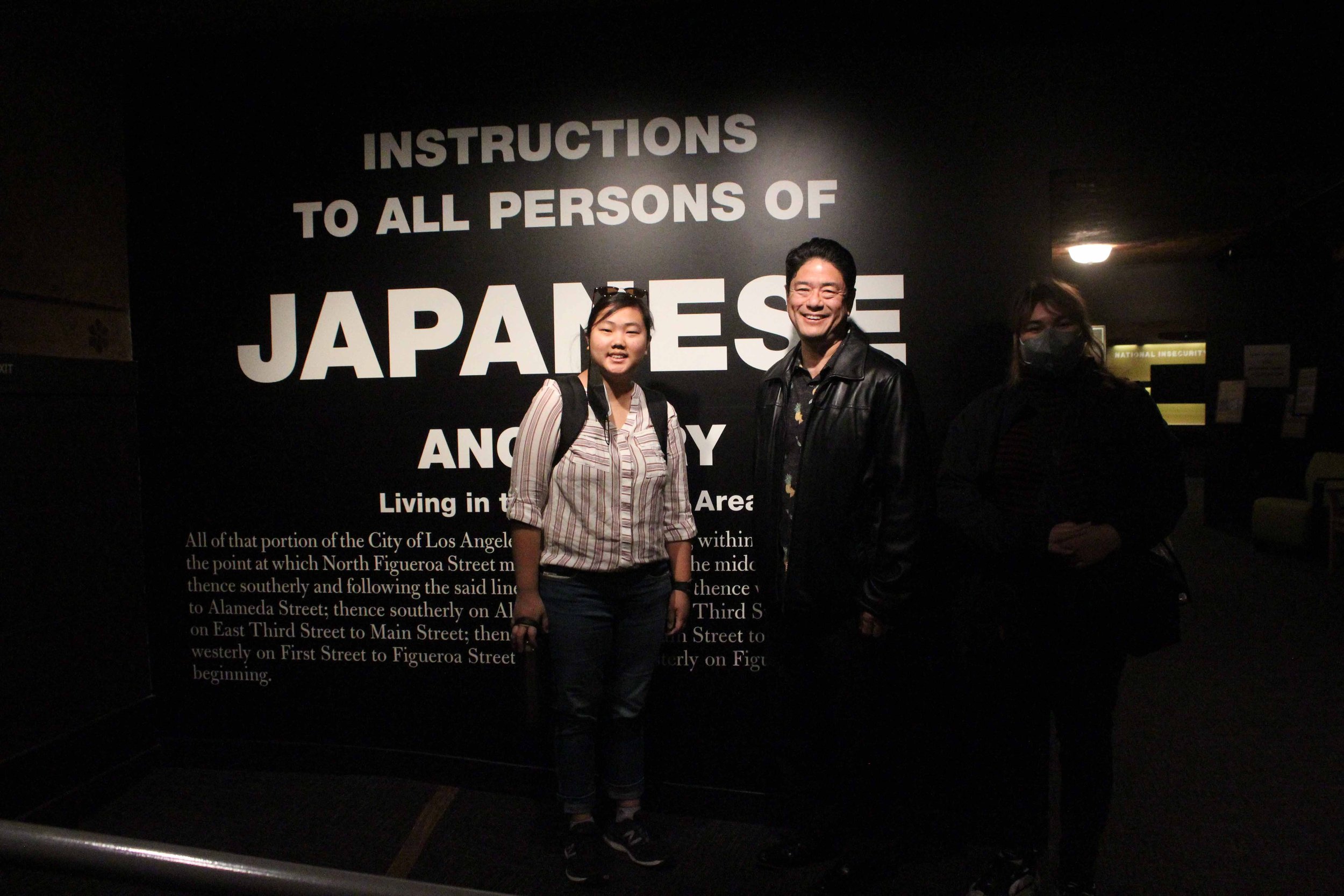
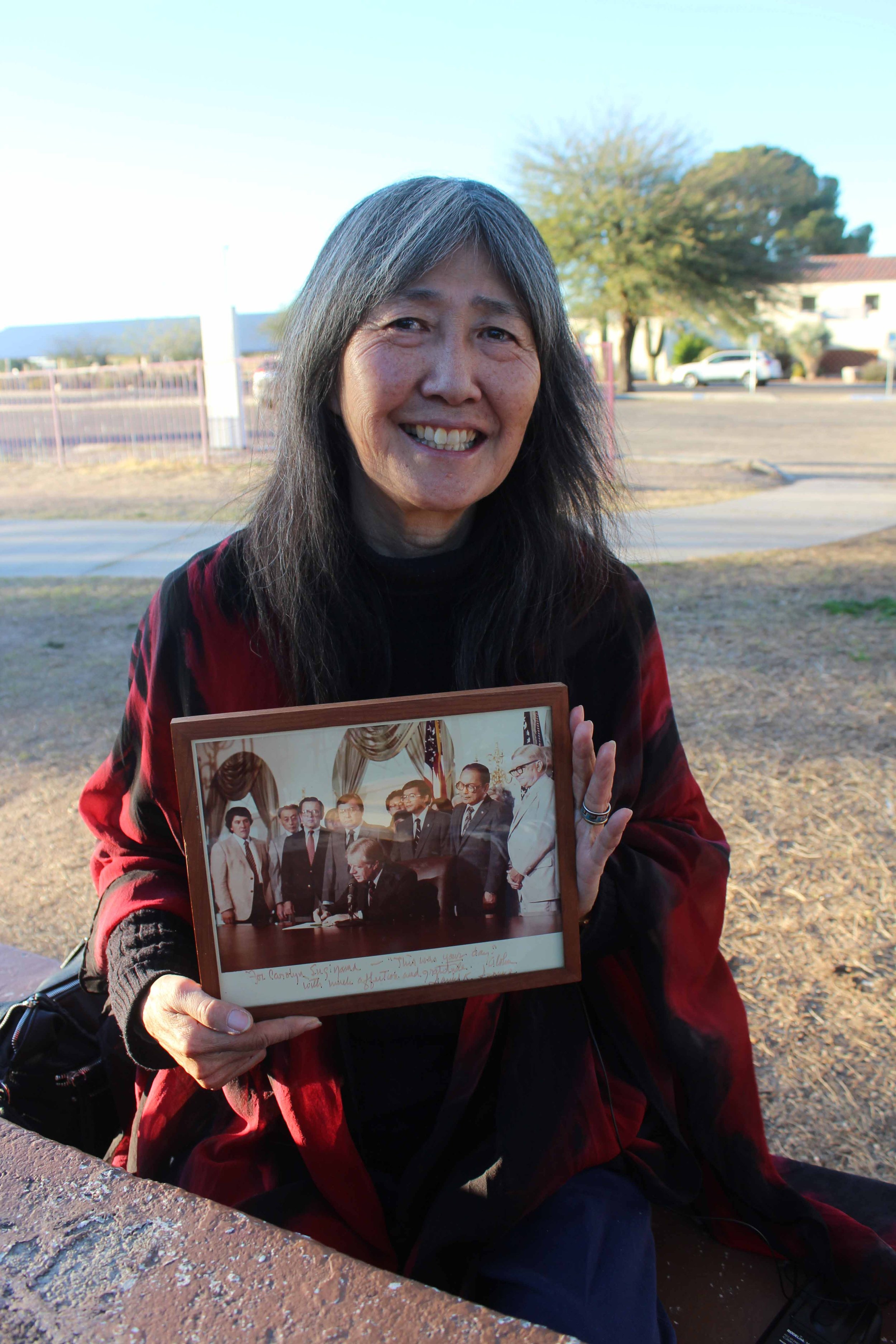
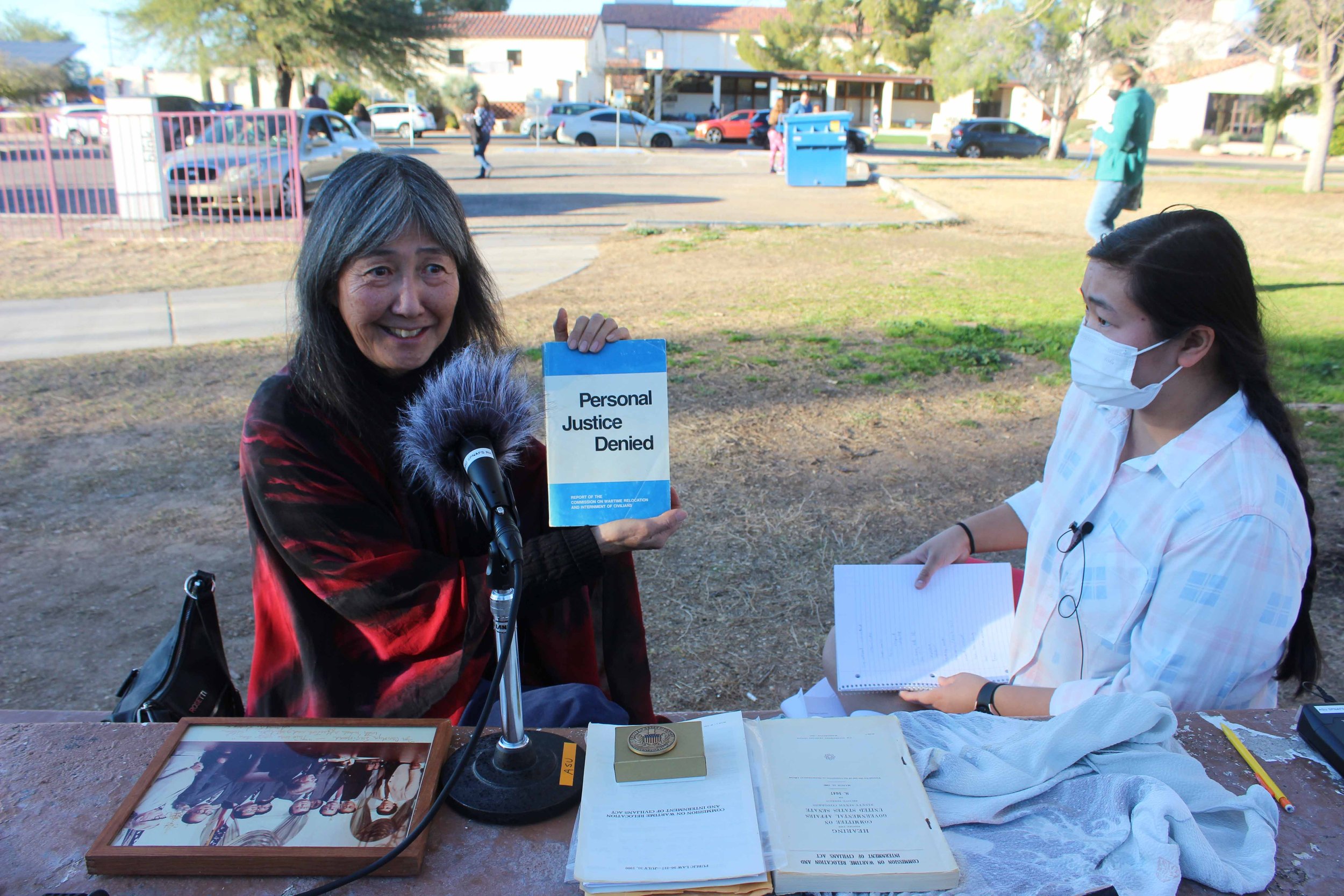
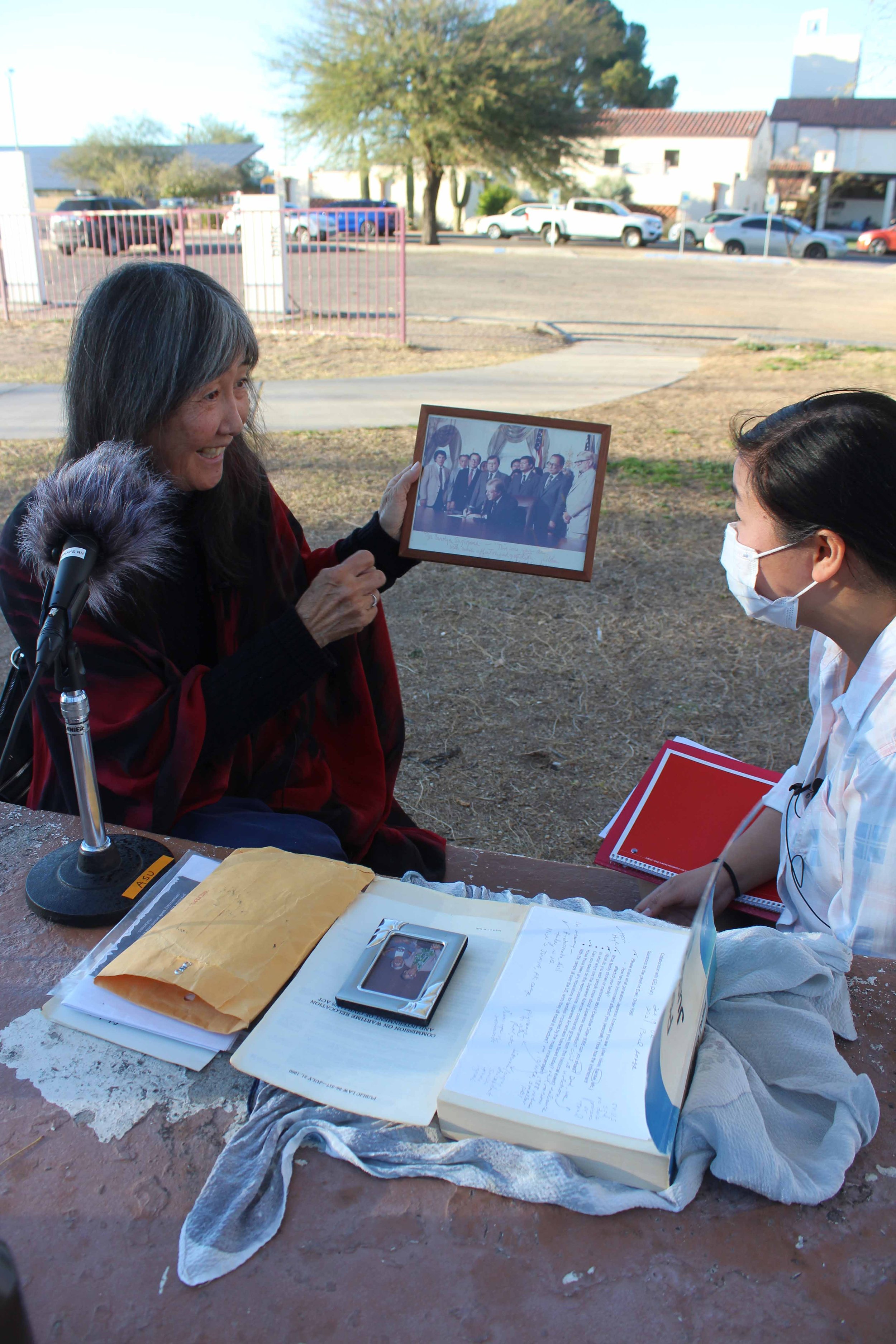
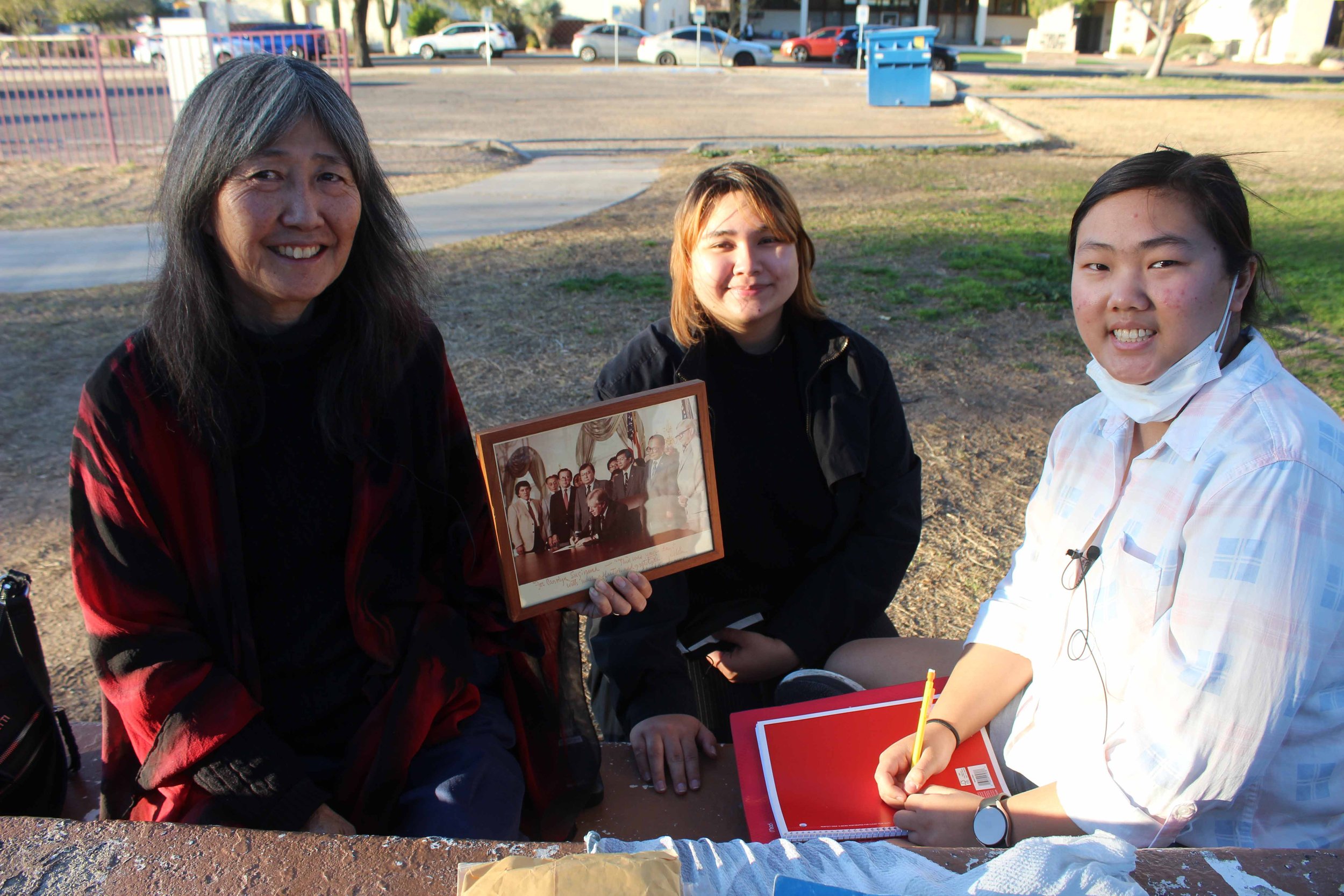
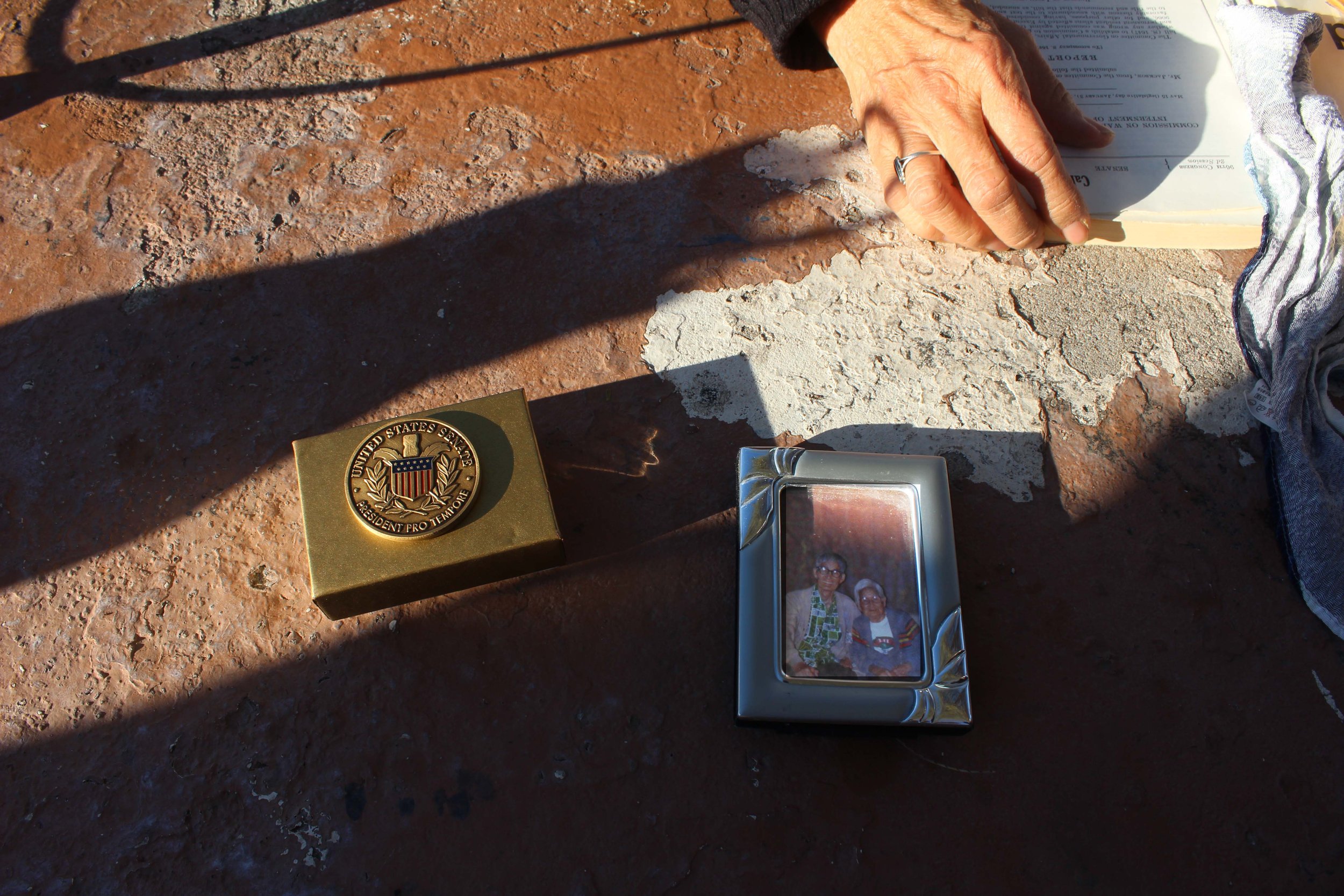
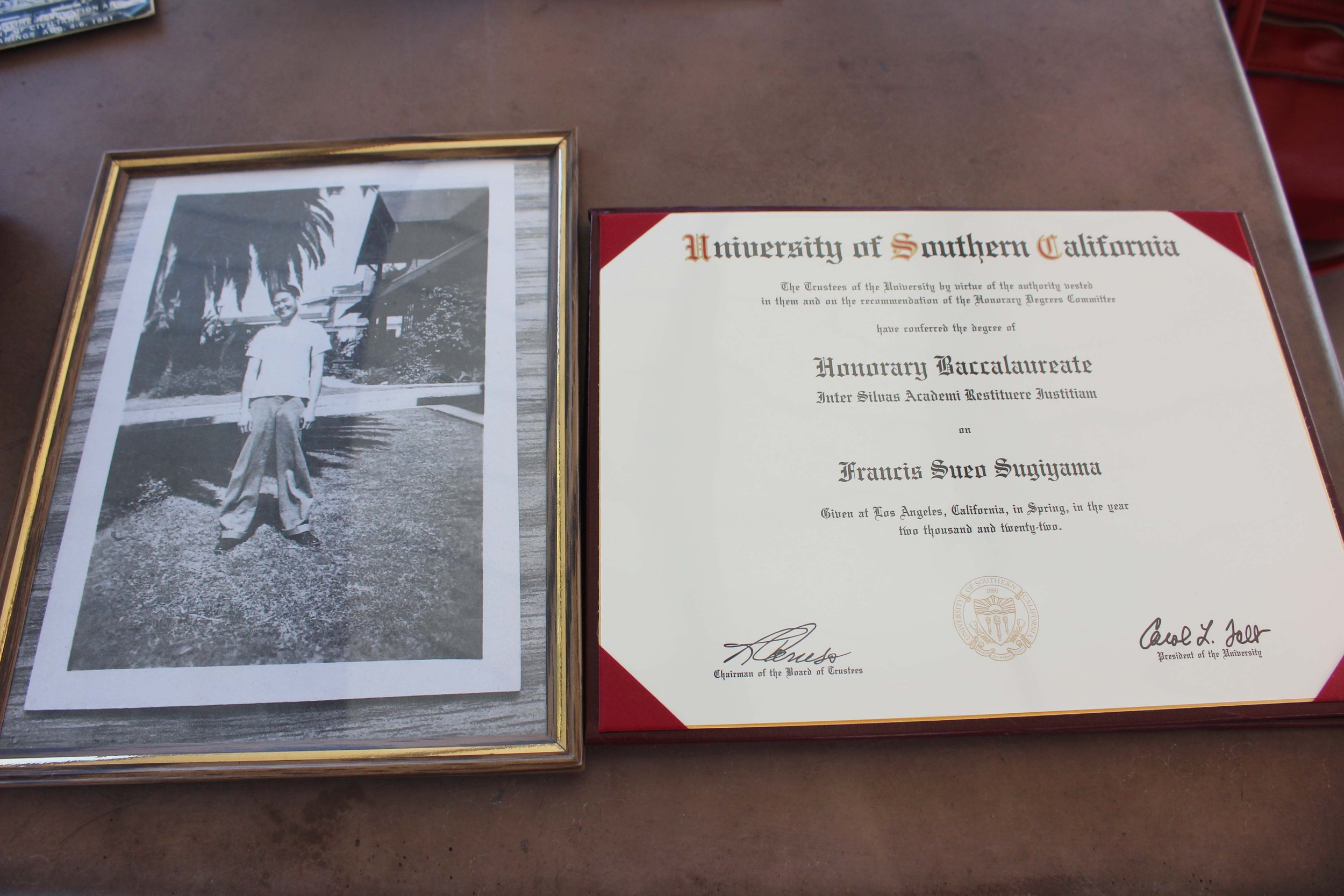
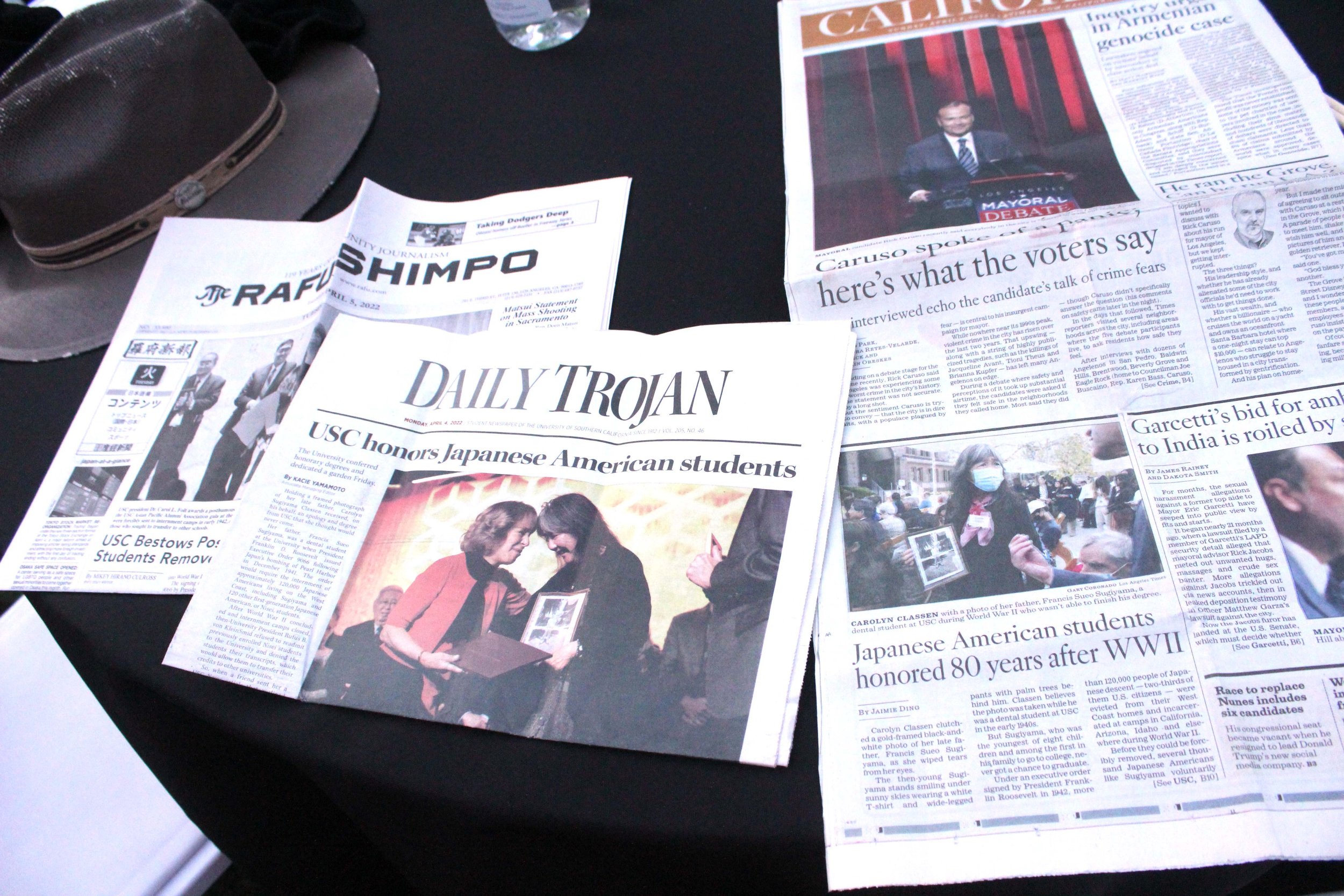
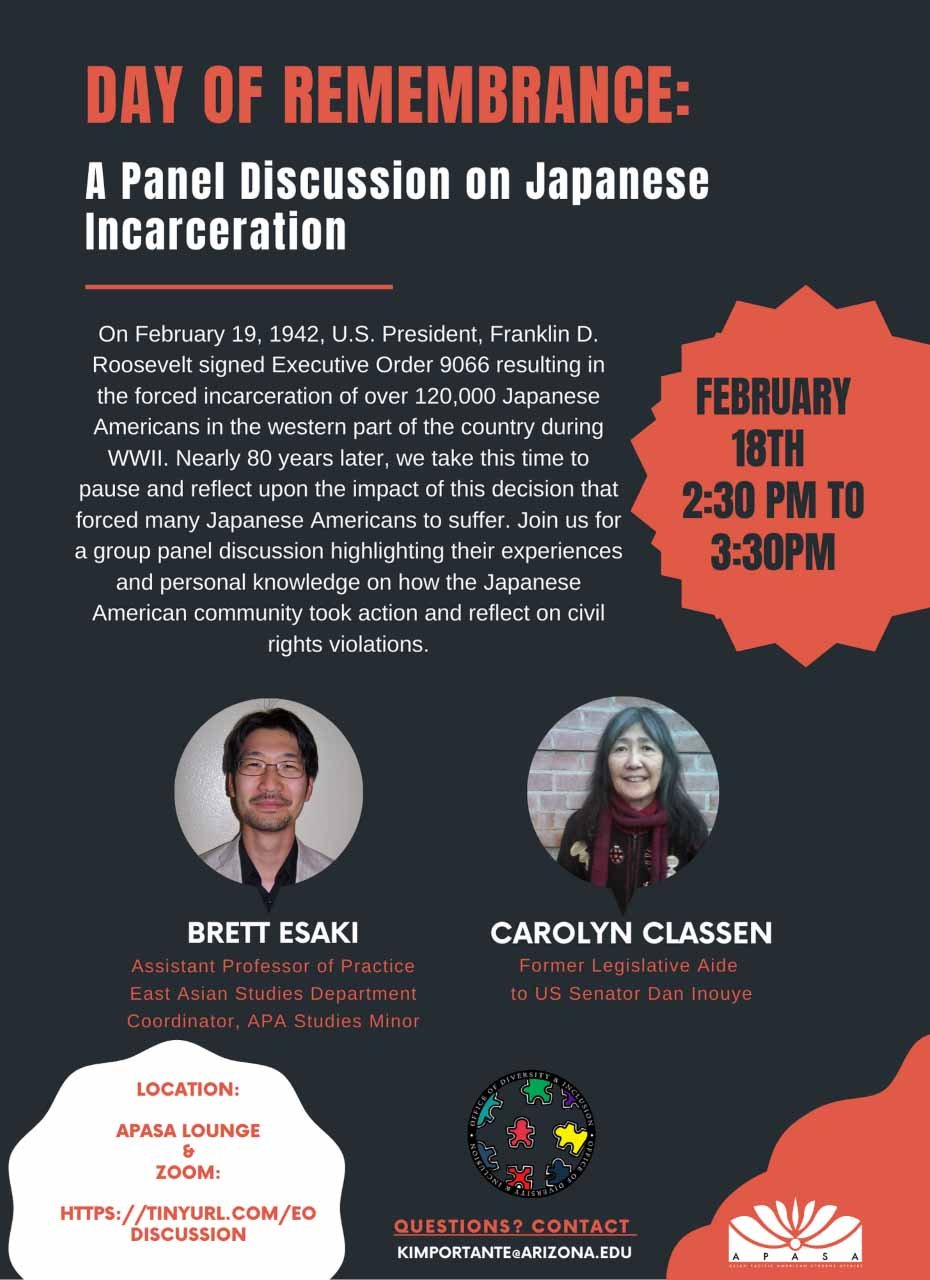
An Arizona native, Cat often feels pressure to be a picture-perfect Asian despite her unfamiliarity with her heritage. She meets Dr. Mitchell T. Maki, President and CEO of the Go For Broke National Education Center in Los Angeles, an organization that promotes equality by preserving the legacy of World War II American veterans of Japanese ancestry. Dr. Maki discusses how many Japanese Americans who were incarcerated by the U.S. government during WWII experienced shame that drove them to reject their Japanese heritage.
Their discussion leads to Tucson, Arizona where Cat participates in a presentation by Carolyn Sugiyama Classen, former legislative aide for U.S. Senator Daniel K. Inouye. Carolyn details her contribution to the 1980s redress movement, for which she drafted a bill that led to an unprecedented apology and monetary redress from the government. She also shares the story of her father, who was expelled from USC due to his ancestry during WWII.
Related Resources:
CREDITS
Reina Higashitani, Producer
Christine Park, Co-Editor/Co-Sound Mixer
A third-generation Asian American with Korean Japanese ancestry, Christine had earned more than 50 credits in her decade of work in feature films, shorts and documentaries.
Aiko Fukushima, Composer
Originally from Japan, Aiko’s music composition extends to films, TV, and commercials. Recent work includes composition for the Japanese American animation series “Samurai Rabbit: The Usagi Chronicles” (Netflix).
Gabriel Bhasin, Junior Producer
Gaby is a recent graduate of Sidney Poitier New American Film School at Arizona State University. Growing up in Singapore and Thailand with an Indian father and Chilean mother, his multicultural background informs his creative work. His thesis film was about a Mexican college student whose relationship with a friend is tested when he stumbles upon a car accident, a bag full of money, and 15 minutes to make a life-altering decision. He now lives in New York and aims to start his career capturing the vibrancy of the city and the underrepresented stories that exist in everyone.
Catherine Jie Baxter, Junior Producer
Cat is a senior at Arizona State University in the Herberger Arts, Media, and Engineering School and Barrett, The Honors College. She is a Digital Culture Media Processing major and hopes to become an audio engineer after graduation. She is a first-generation Chinese immigrant, adopted from China as a baby. She hopes to gain new skills, as well as a chance to find answers to her own sense of identity as a Chinese-American.
Tinnley Sawan Subsin, Junior Producer
Tin is a senior at Arizona State University studying Medical Microbiology with a minor in Writing, Rhetorics, and Literacies. She’s biracial, as her father’s side of the family immigrated from Thailand. She was born and raised in Arizona and although she identifies as Asian-American, she often feels disconnected from Thai culture. She is interested in hearing other people’s experiences with finding their identities and learning how she could apply their advice to her own journey.
SPECIAL THANKS
Arizona State University the Herberger Research Council
Arizona State University Sidney Poitier New American Film School
Dr. Kathryn Nakagawa
Dr. Karen Leong
Dr. Karen Kuo
Donna Cheung
Keiko Tsuno
Gwendolyn Infusino
Jason Matsumoto
Japanese American Citizen League Arizona
Japanese American National Museum
Rafu Shimpo
Little Tokyo Service Center
Go For Broke National Education Center
Bunkado
U.S. National Park Services Manzanar National Historic Site
Arizona State University Asian/Asian Pacific American Student Coalition
University of Arizona Asian Pacific American Student Affairs






















